Rabbit’s need high quality fiber to keep happy and healthy, so giving them grass hay is the best way to give them the fiber they need. In fact, a rabbit’s diet should be made up at least 80% grass hay. This doesn’t mean they can’t eat other things in small quantities, but you want to make sure that what they have available in front of them isn’t something that will cause harm. Whether you have pet rabbits that reside indoors or rabbits that you allow to live outdoors to wander around and eat off the land, some plants are beneficial to them while others are downright poisonous.
Click Here For a Guide to Understanding Your Rabbits Diet.

Most Popular Plants
Some plants attract rabbits due to their compelling scents. Others are longtime favorites that rabbits readily devour, much like Peter Rabbit in Mr. McGregor’s garden. And while rabbits do eat carrots, they also enjoy many other plants that you might choose to place in your garden and that might grow naturally around your home. We will list some of the most popular by breaking them down among vegetables, herbs, and fruits.
Romaine lettuce
Spinach (in limited supply)
Beet Greens (in limited supply)
Curly Kale
Carrot tops
Broccoli (leaves and stems)
Green Beans (in limited supply)
Cilantro
Wheatgrass
Herbs also are especially compelling for rabbits due to their excellent sense of smell and the wonderful aromas that herbs usually give off. Parsley, lavender, rosemary, dill, sage, thyme, mint, and basil (in small amounts) are very popular herbs among rabbits.
Rabbits also enjoy many fruits, including raspberries, blueberries, and especially strawberries. Thorny plants have natural defenses, which could make raspberries and blueberries more difficult for rabbits to nibble. But wild strawberries are especially accessible, nutritious, and tasty for your pet rabbit.
Most Popular Flowers
If you enjoy growing flowers or have a variety of wildflowers growing near your home, your pet rabbit might have another great food source. Whether or not you want your rabbit to eat flowers could be another issue. But barring your objections, you might be surprised by which flowers your pet rabbit could consume and enjoy as part of a healthy diet.
Sunflowers, dandelions (leaves and flowers), clovers, plantains, and roses are among edible flowers that your rabbit could enjoy in limited supply (to much can make them sick or bloat) – so long as you do not use fertilizer or pesticides on them. Pesticides and fertilizer can cause harm to your rabbit or other small pets. Daisies, field chickweed, the common hollyhock and cornflower are examples of common wildflowers that might provide your pet rabbit with a bevy of natural foods.
Keep Your Small Pet Happy and Healthy with Quality Hay
With some knowledge of the types of plants that you pet rabbit would safely enjoy eating, you can supplement your rabbit’s diet in a small outdoor garden. Just remember that they should only be having a little bit and as a treat more than as a main source of their diet. Grass hays should be at least 80% of their diet leaving the other 20% to be made up of fruits, veggies, flowers, or herbs.
Shop our Ultra Premium Hay now, or if you have more questions about what your small pet can and can't eat - check out our Eating Guide below!

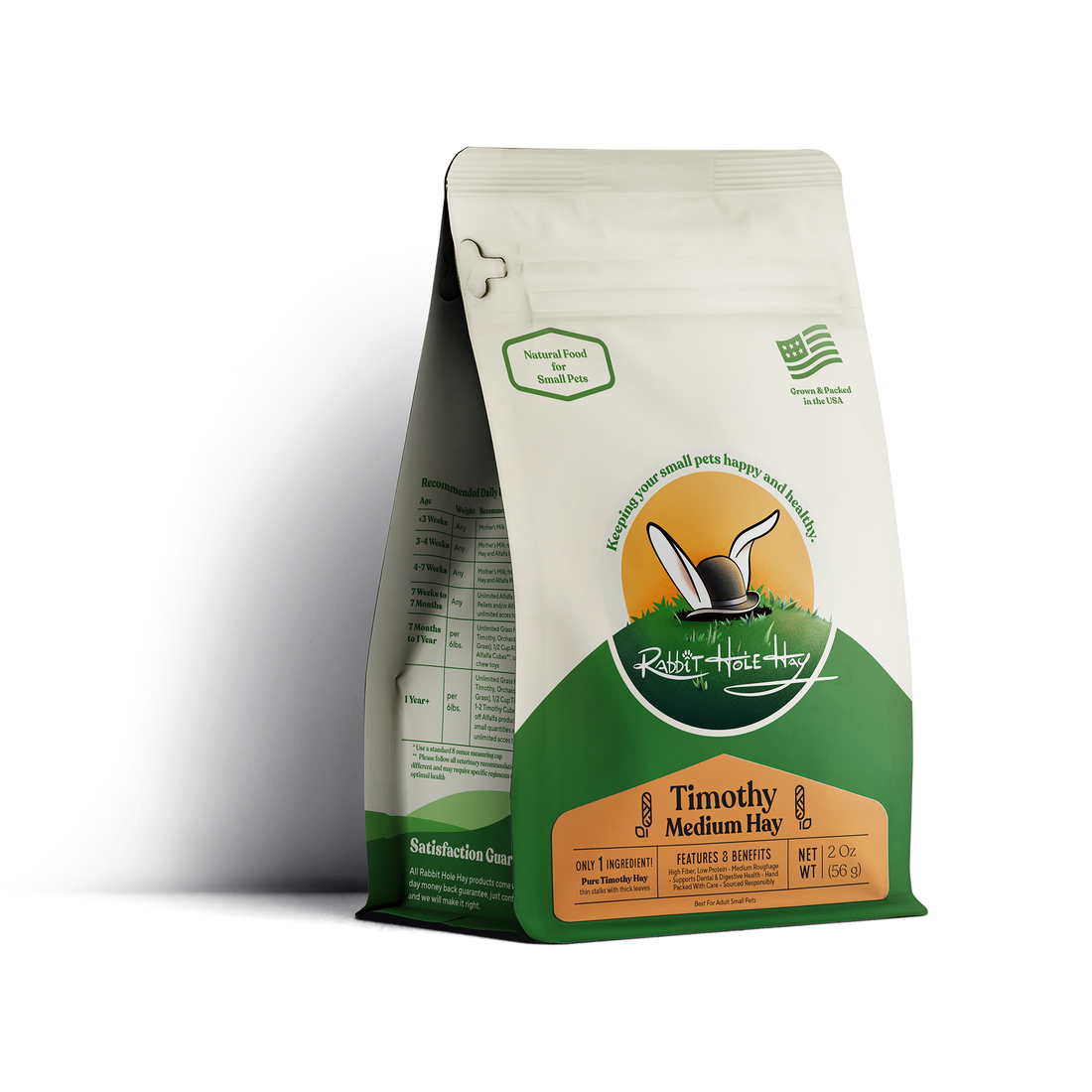
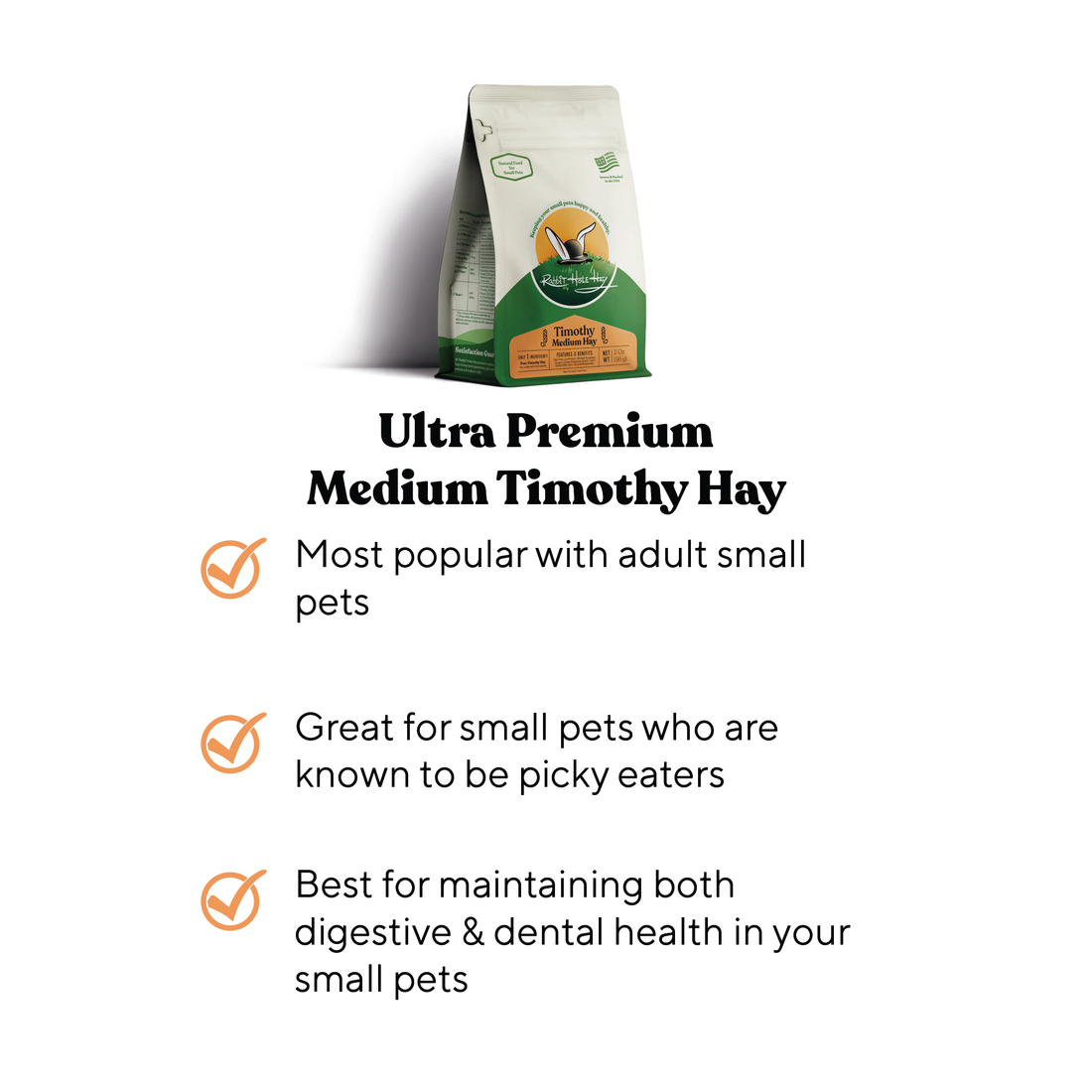
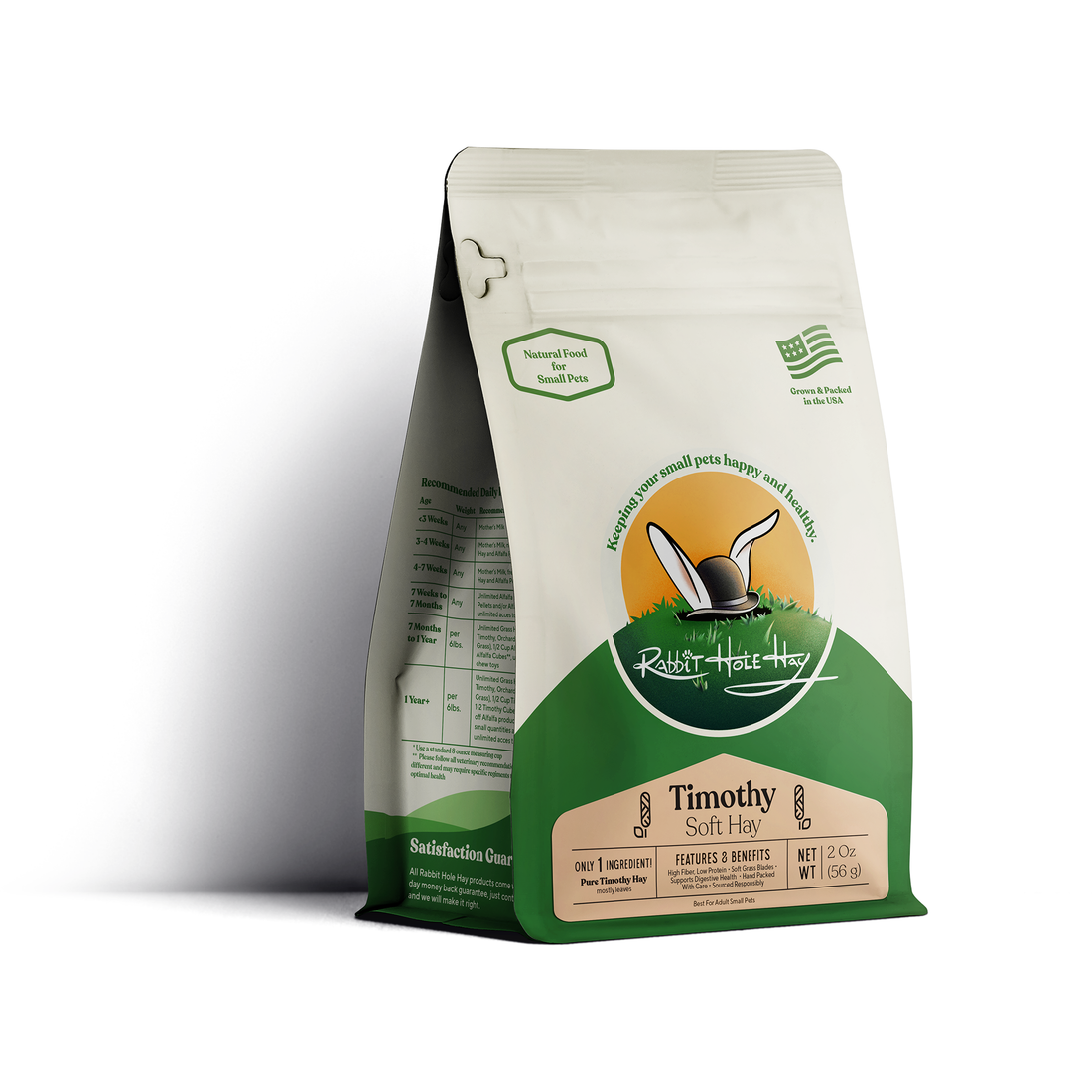
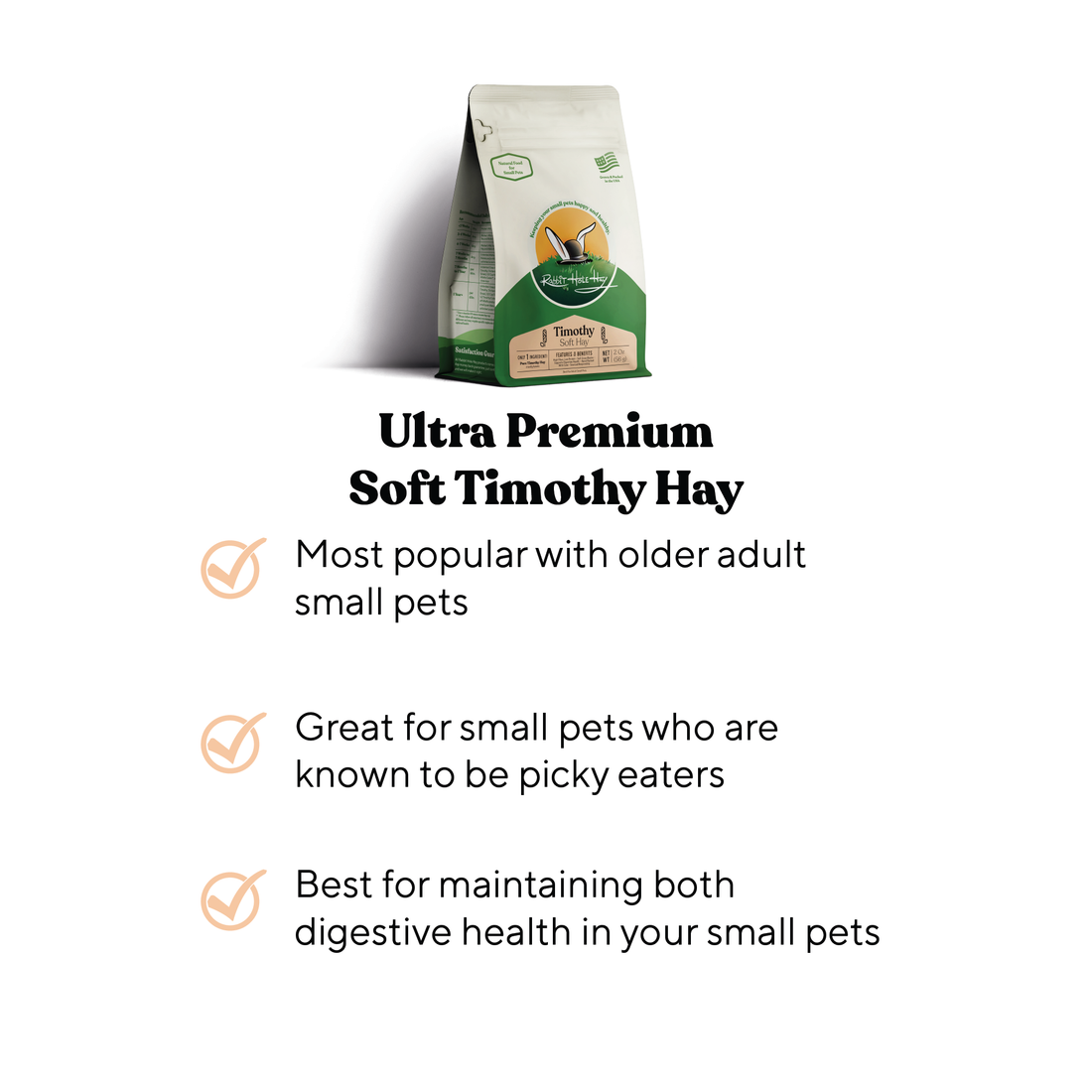
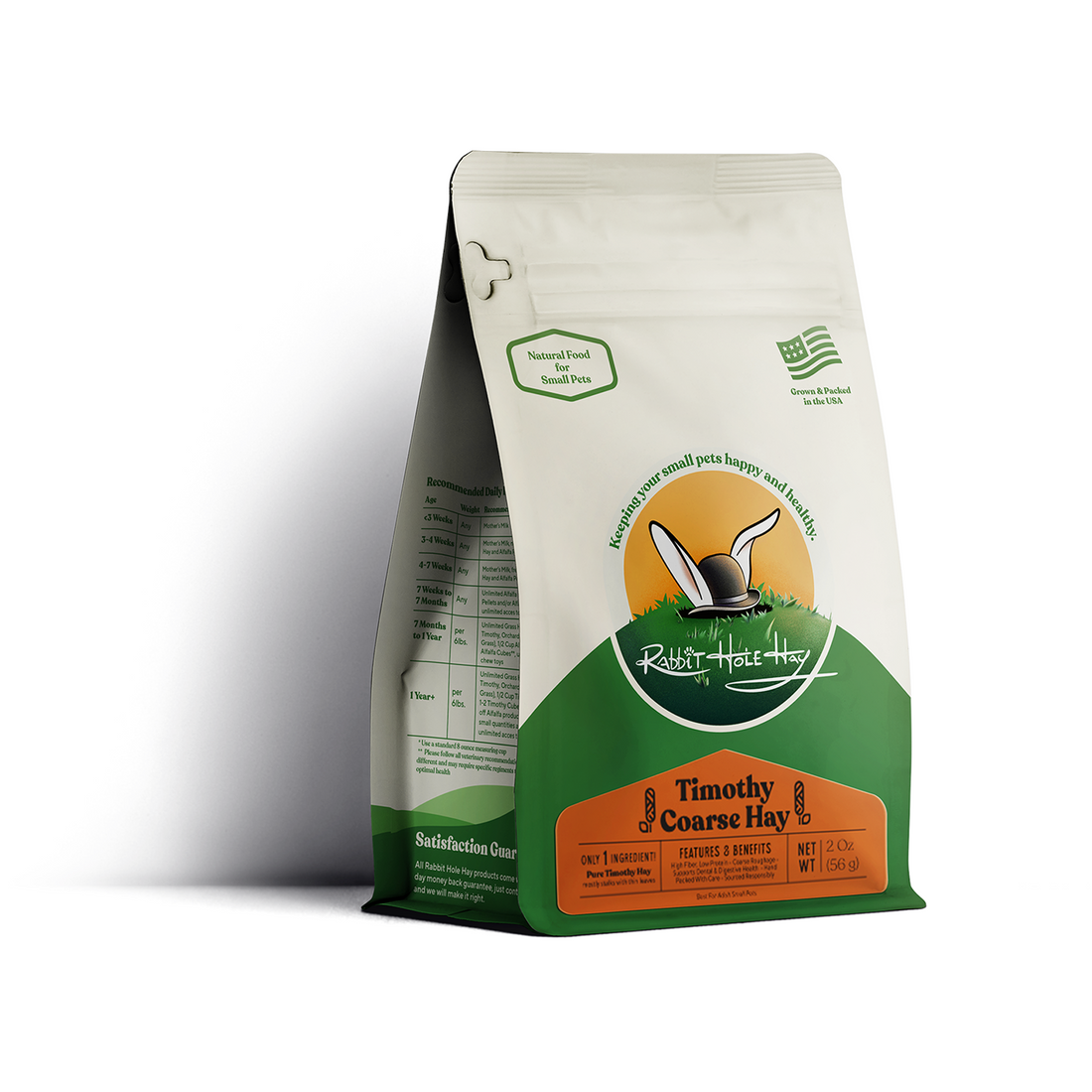
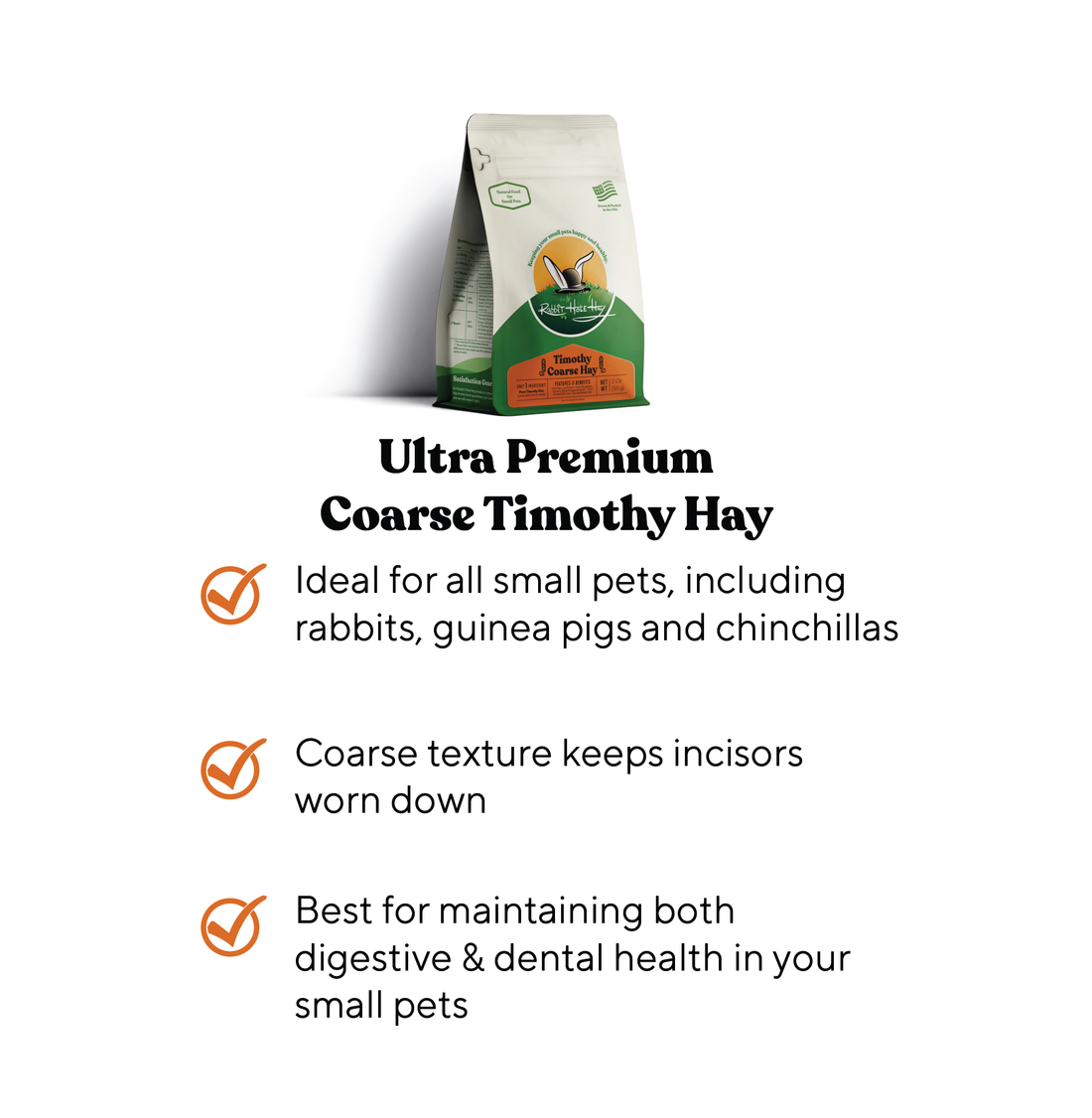
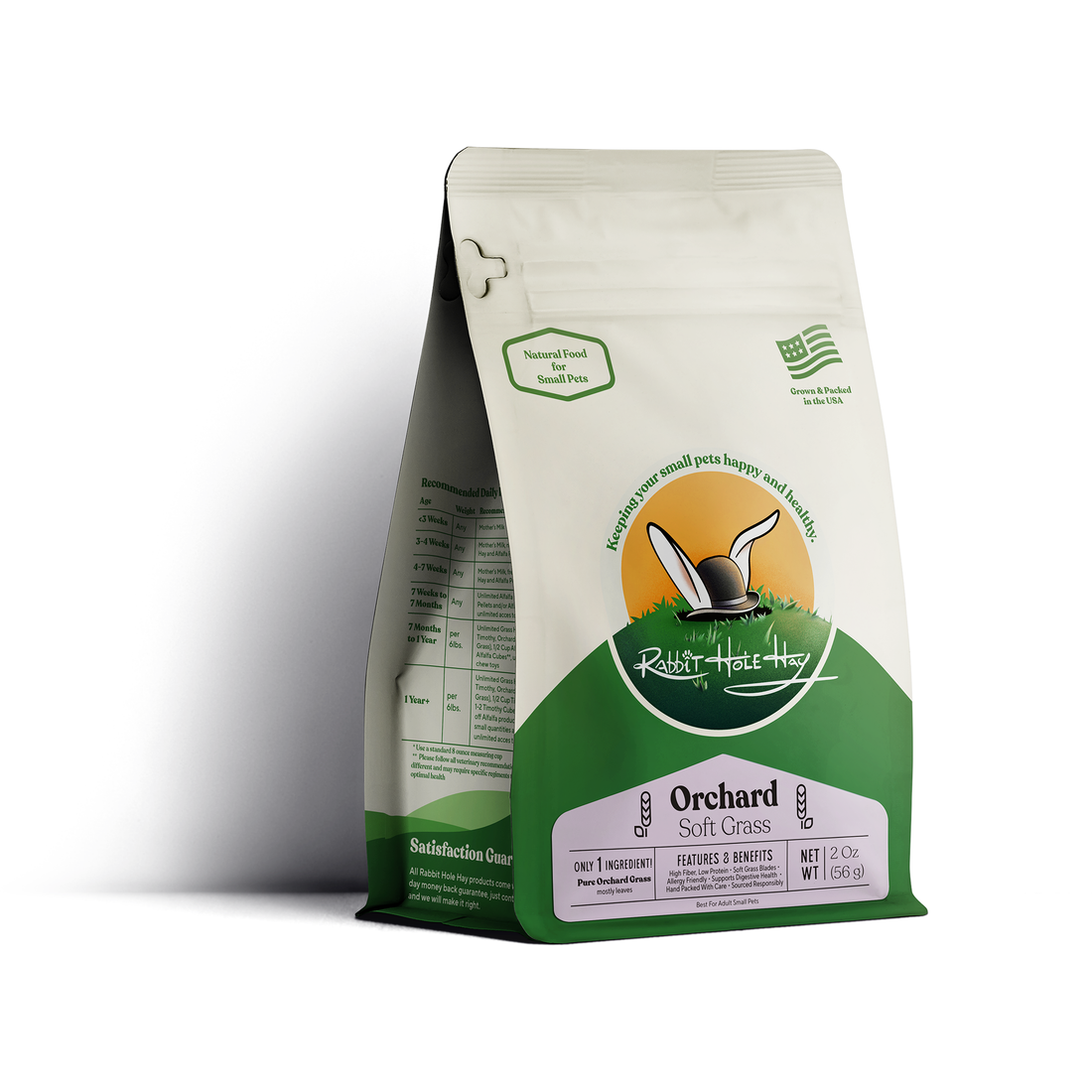
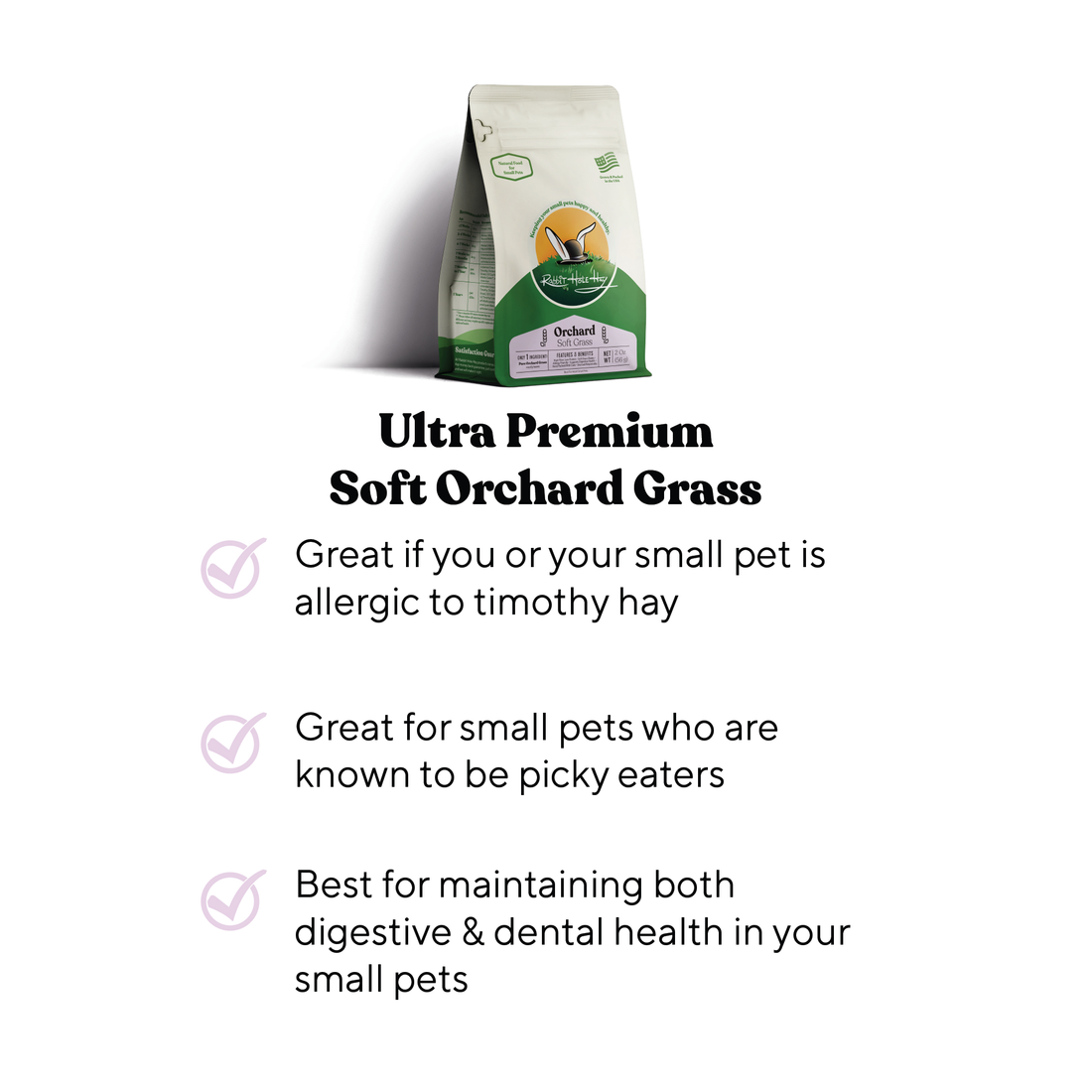
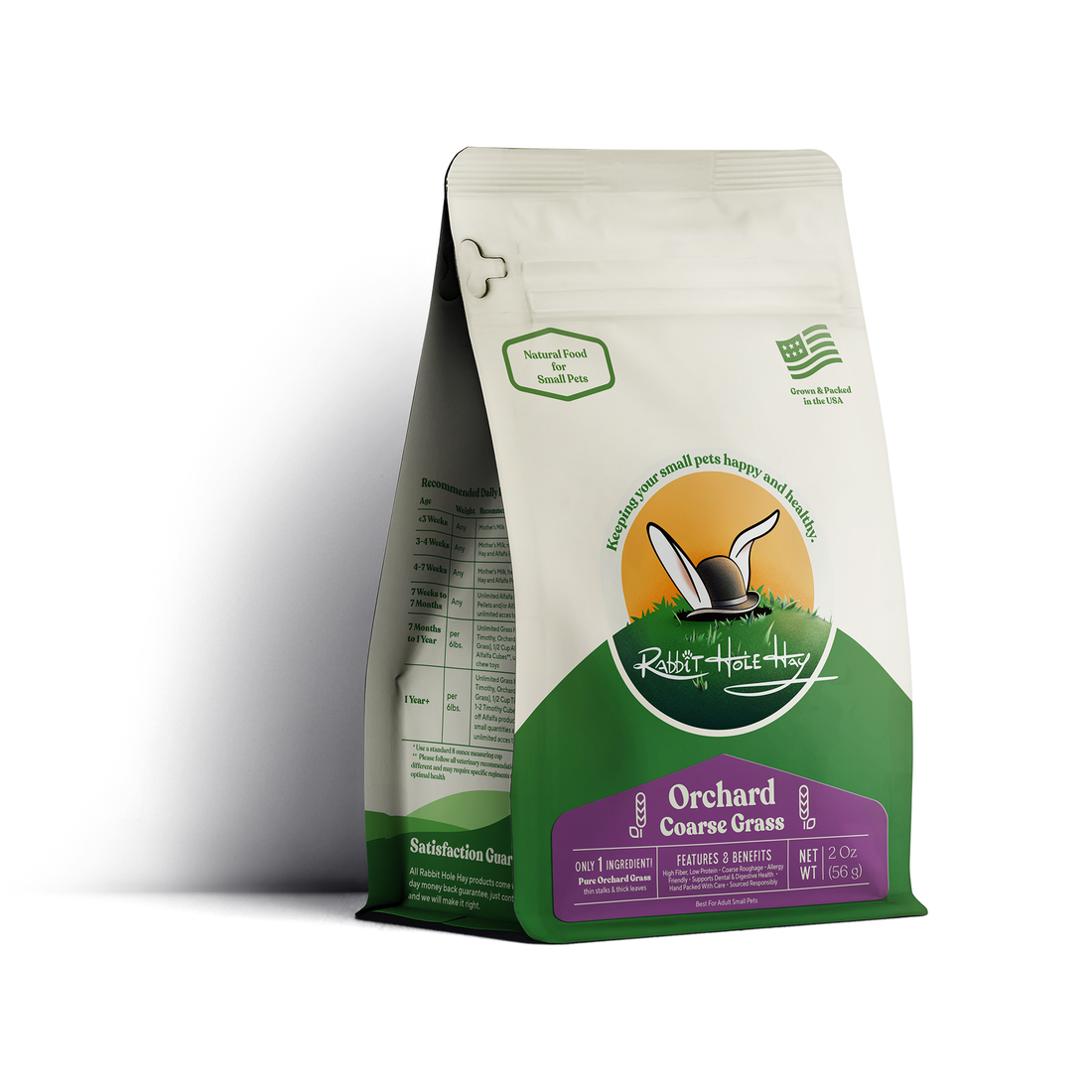
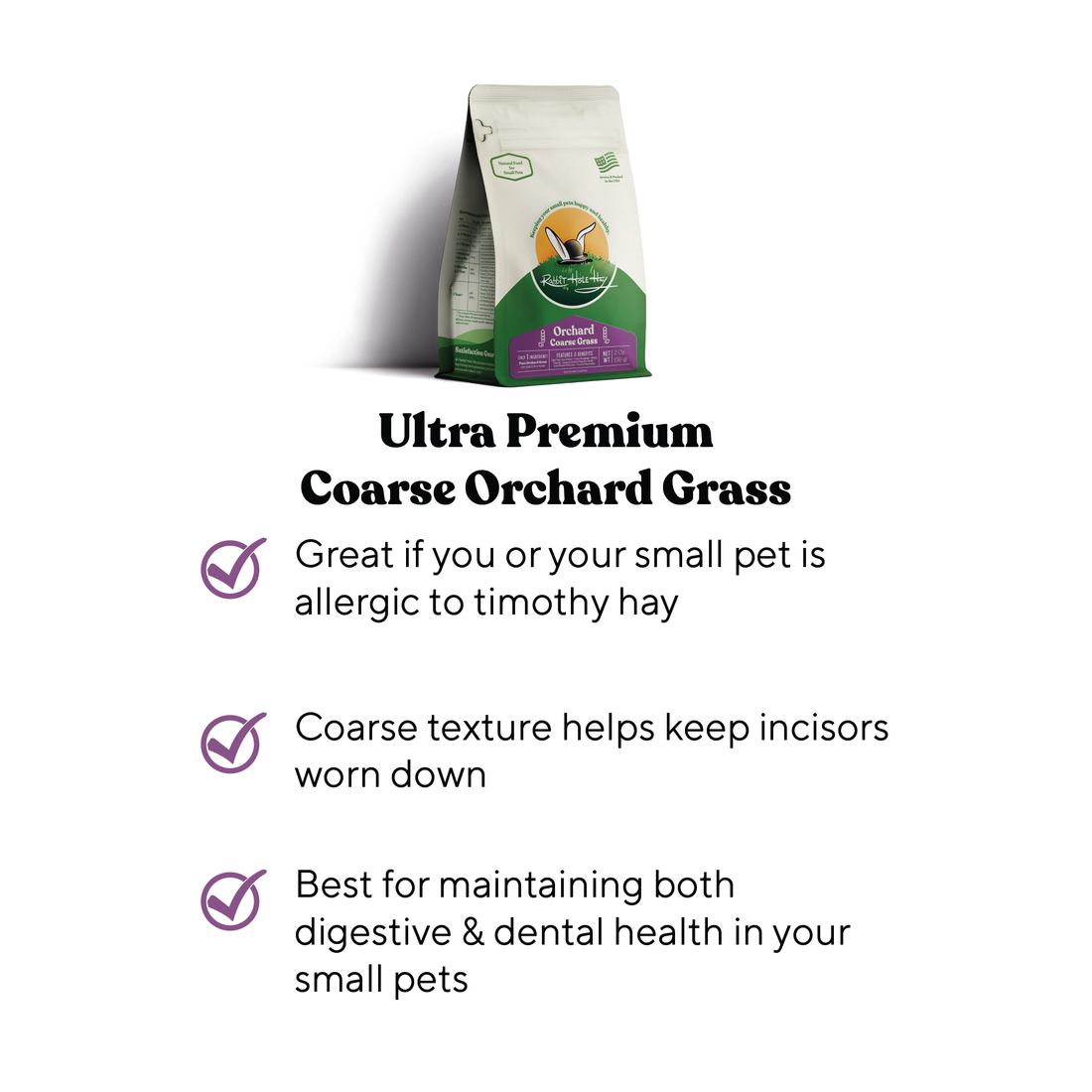
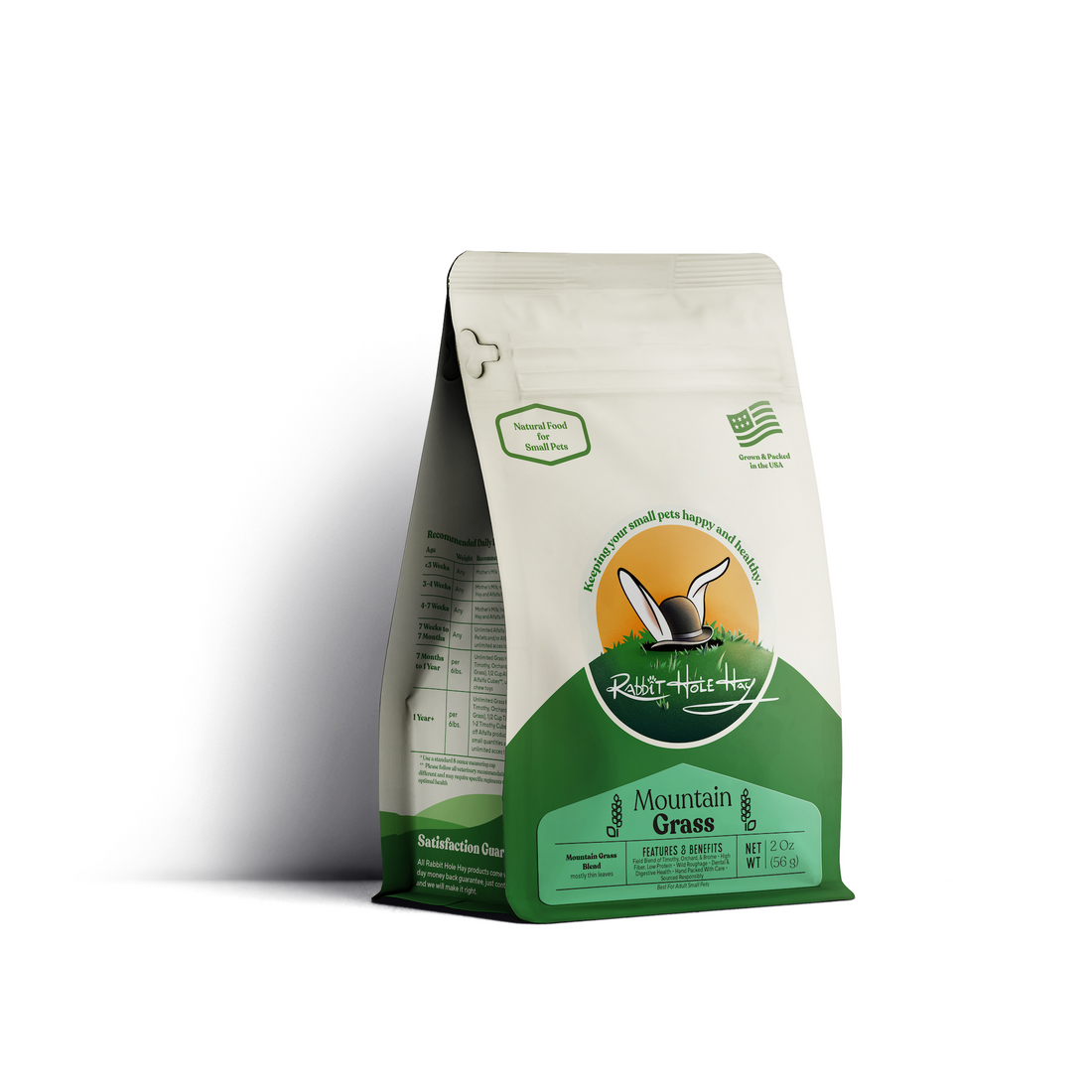
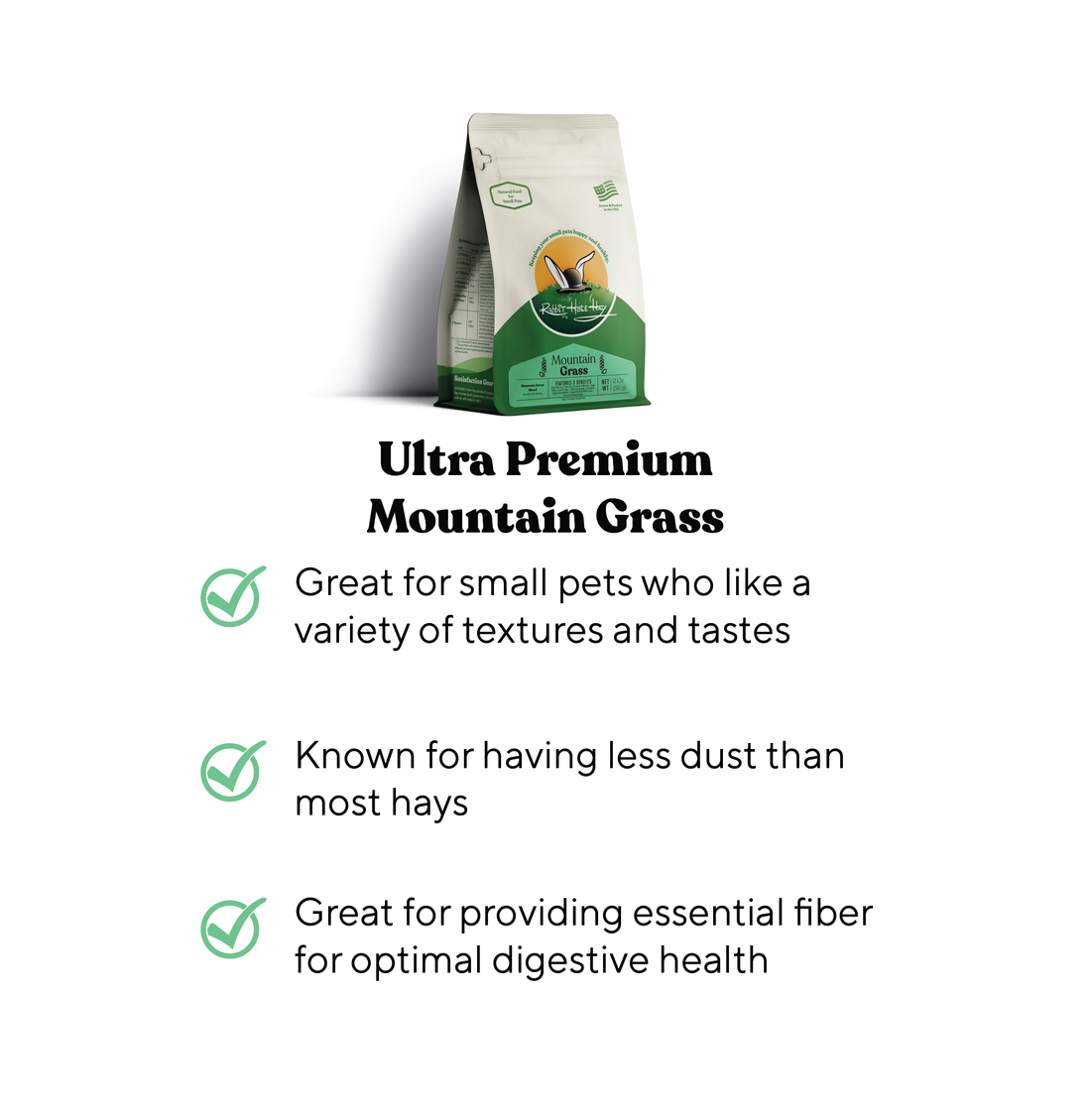
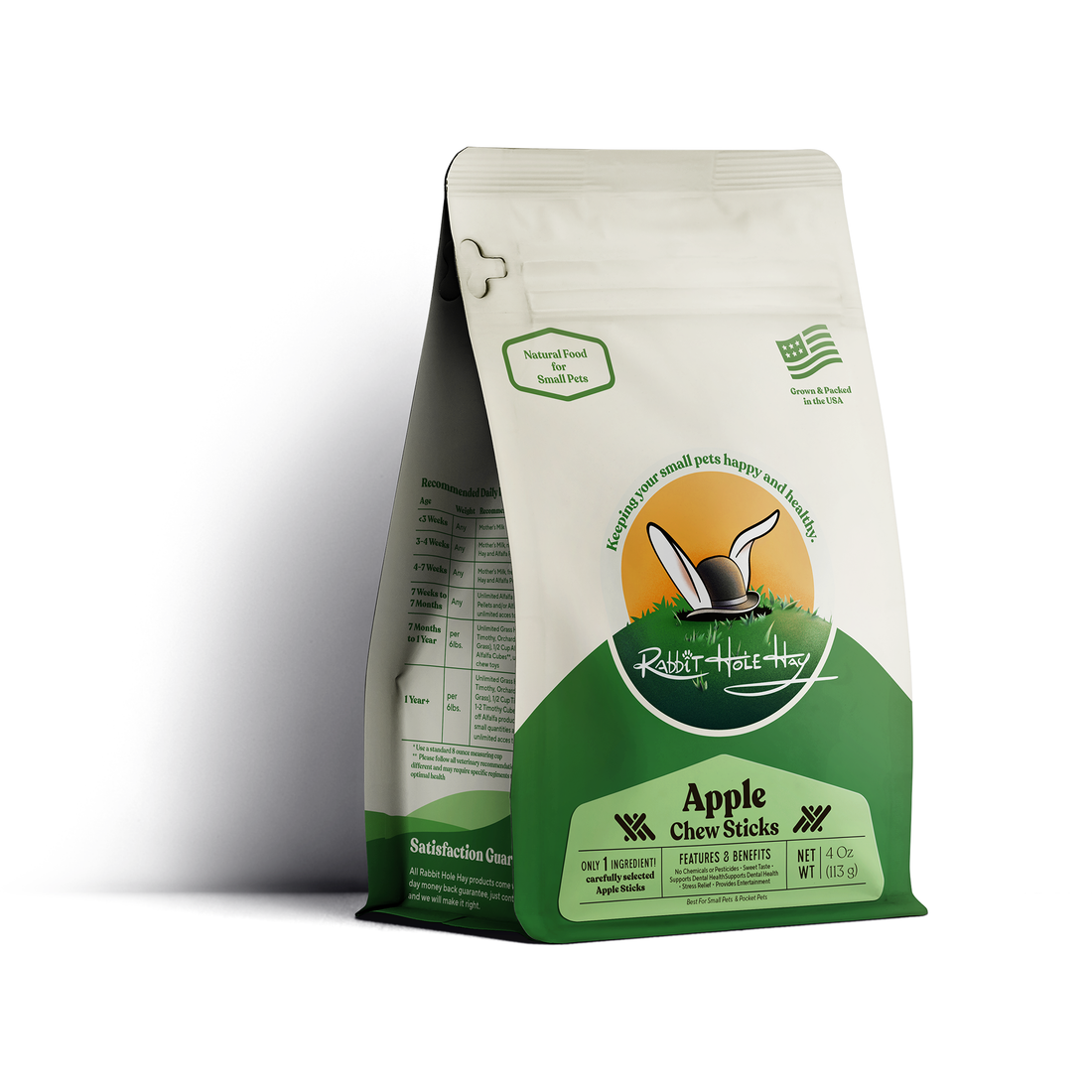
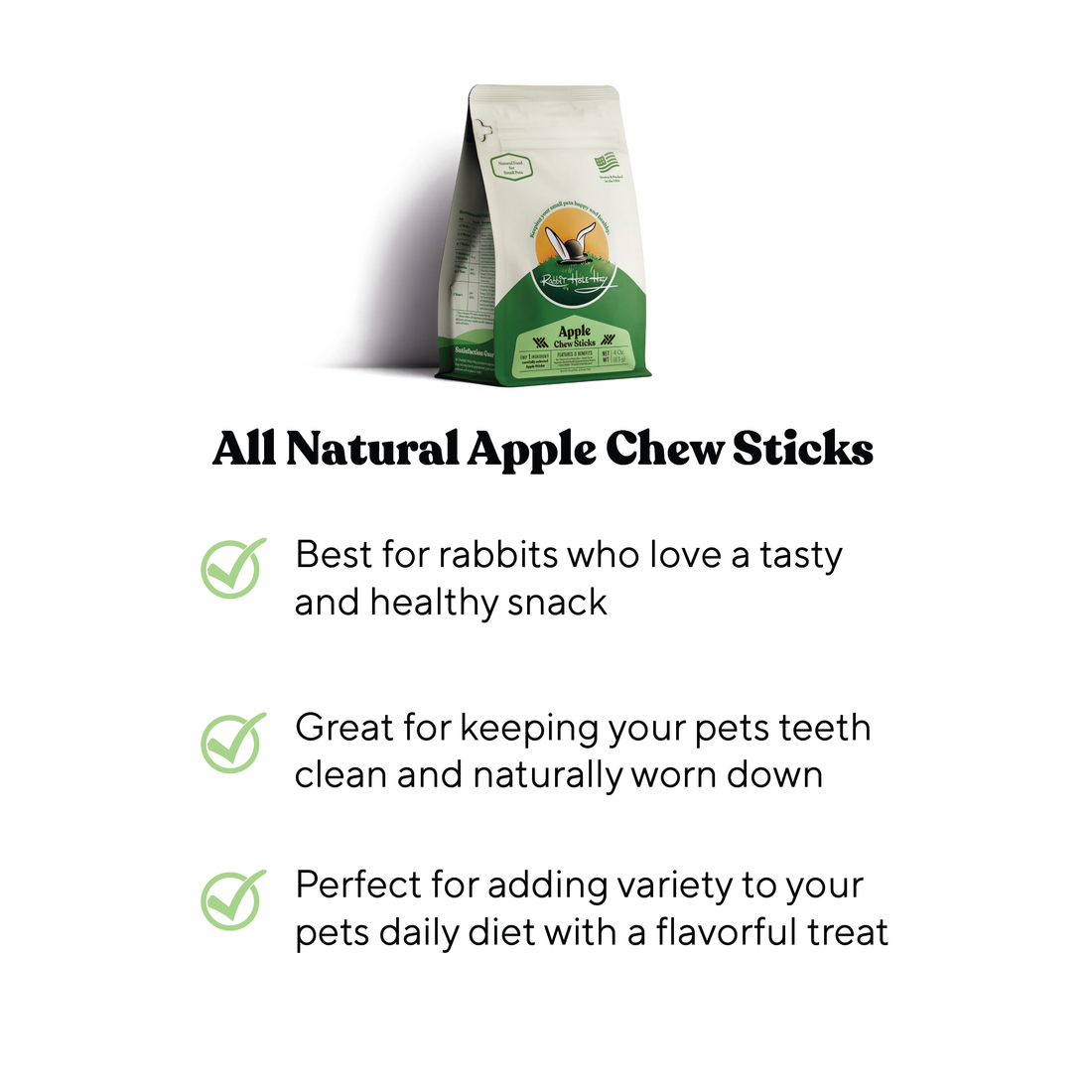


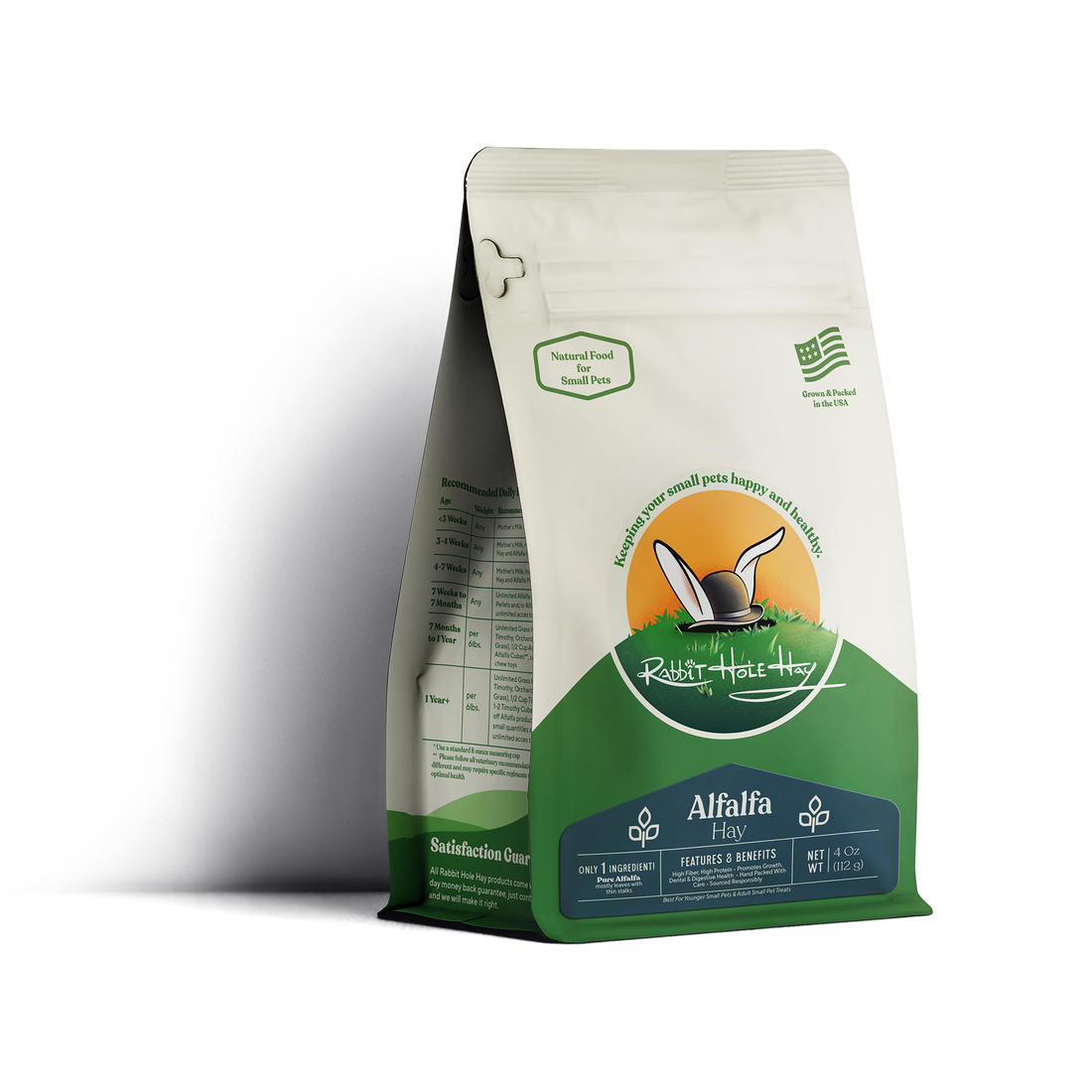
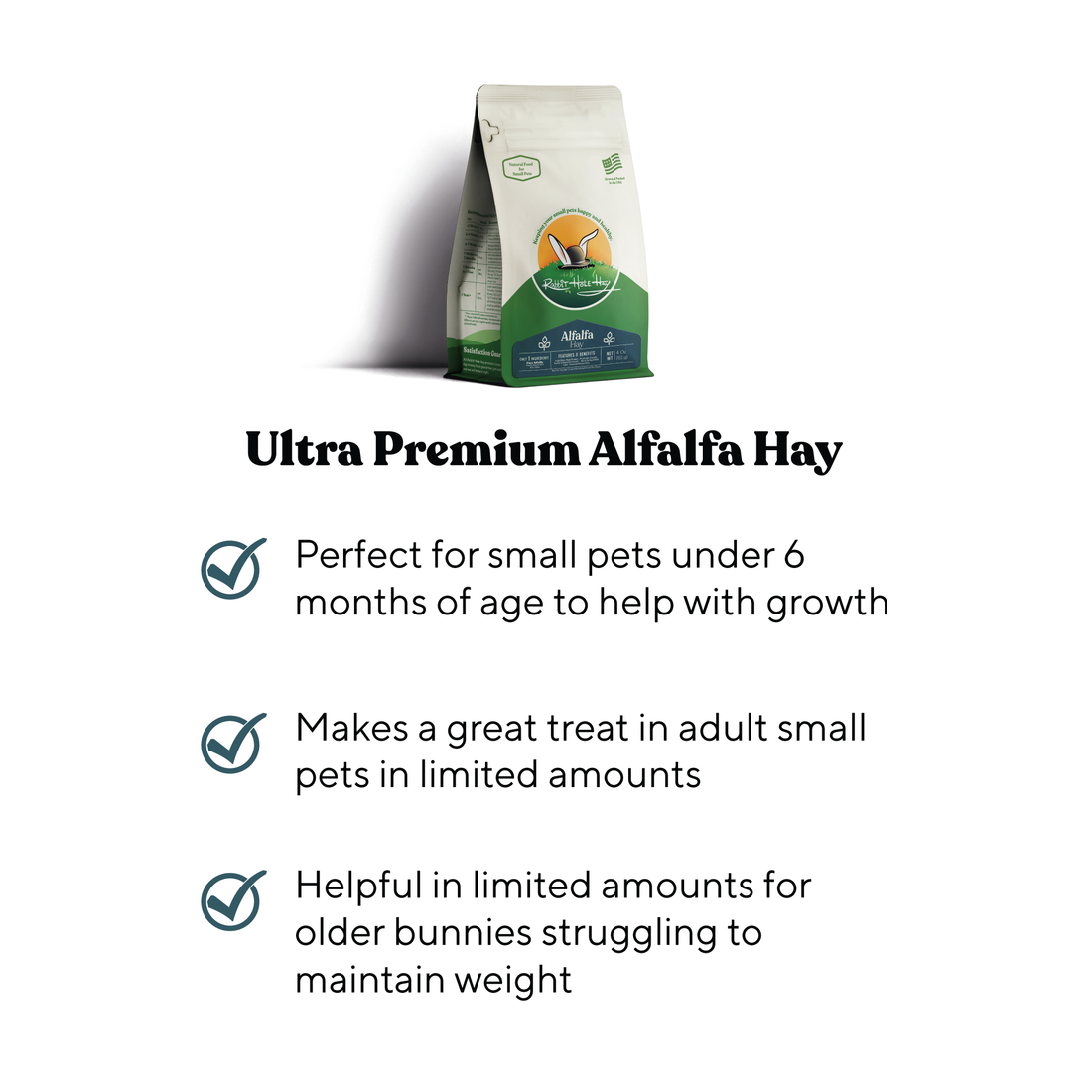
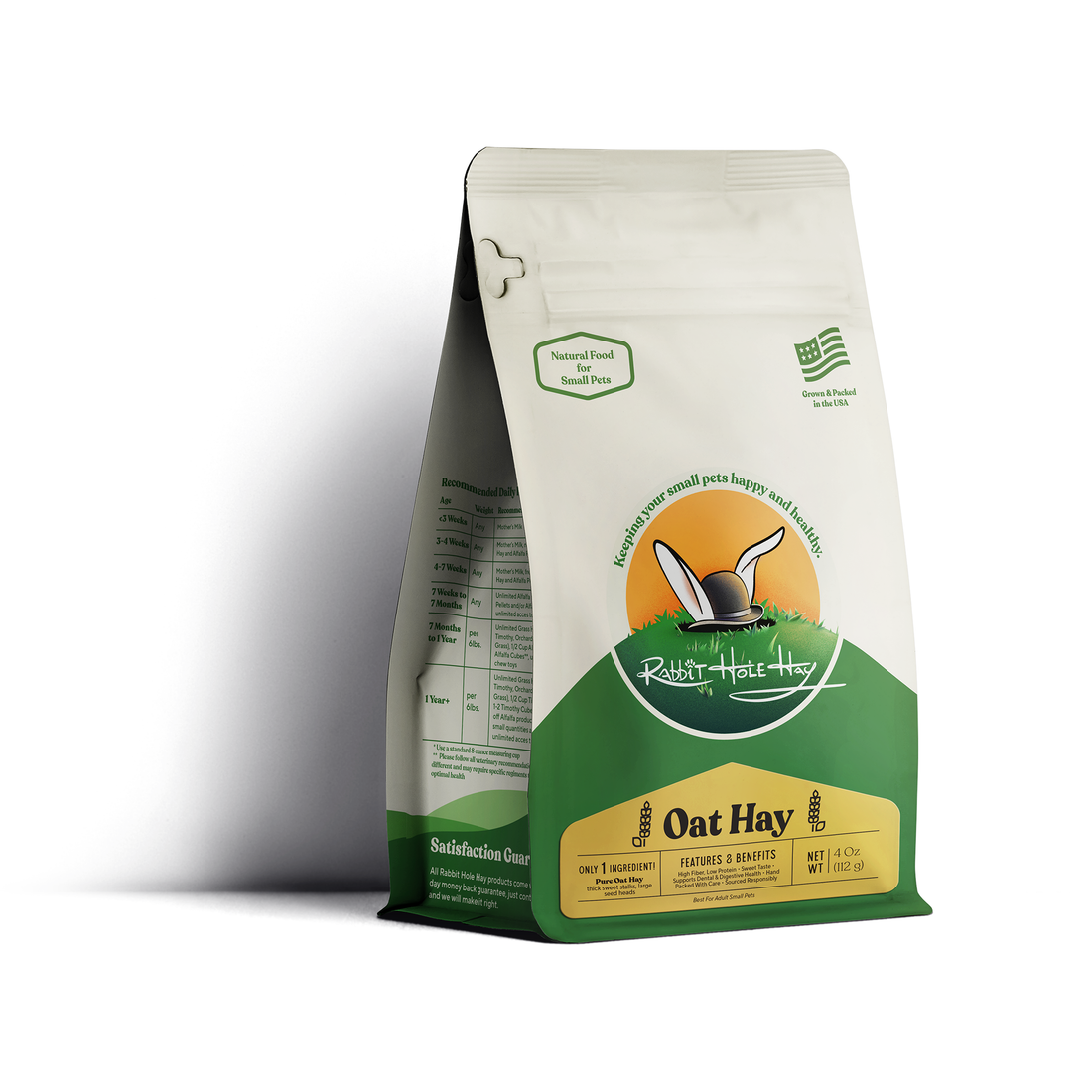
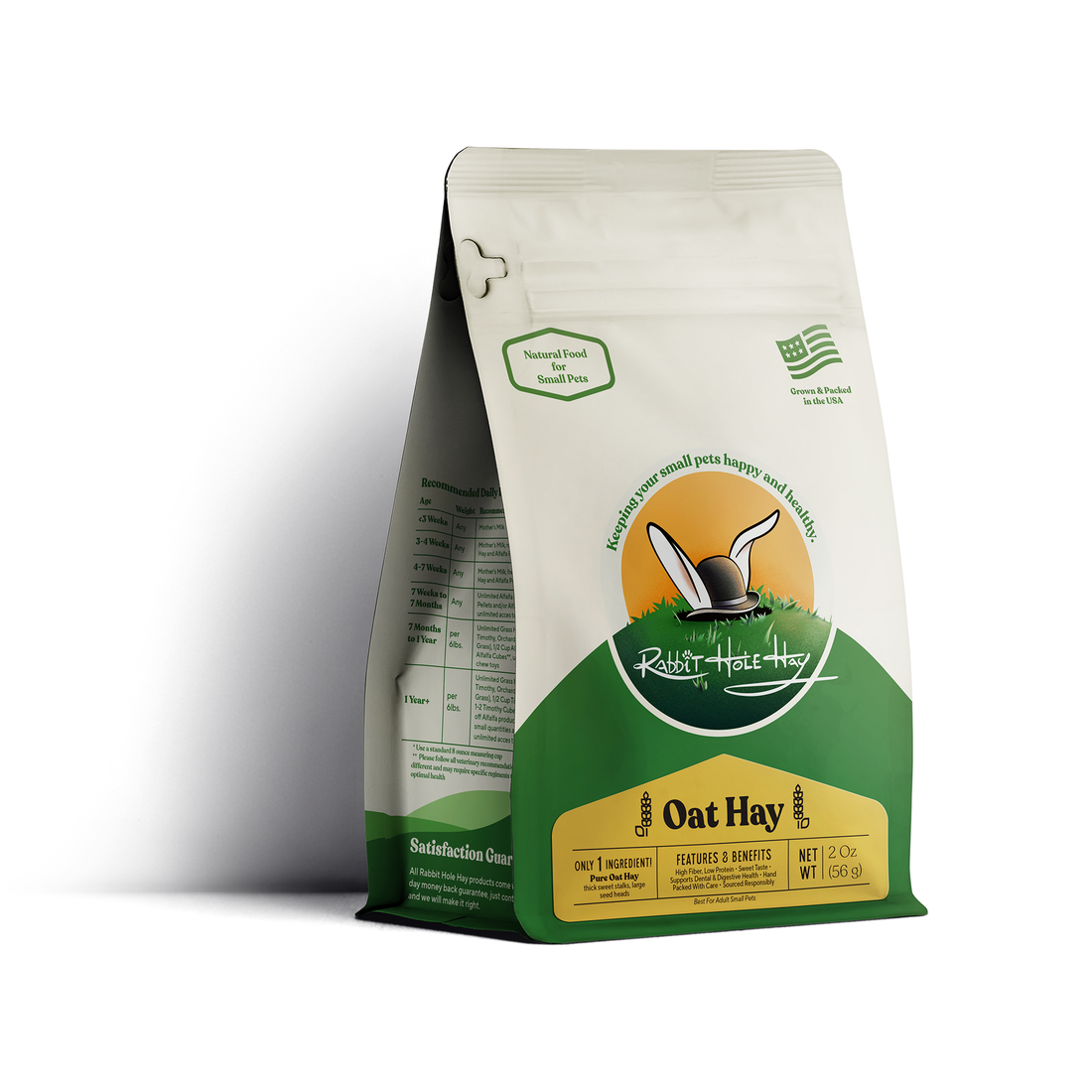
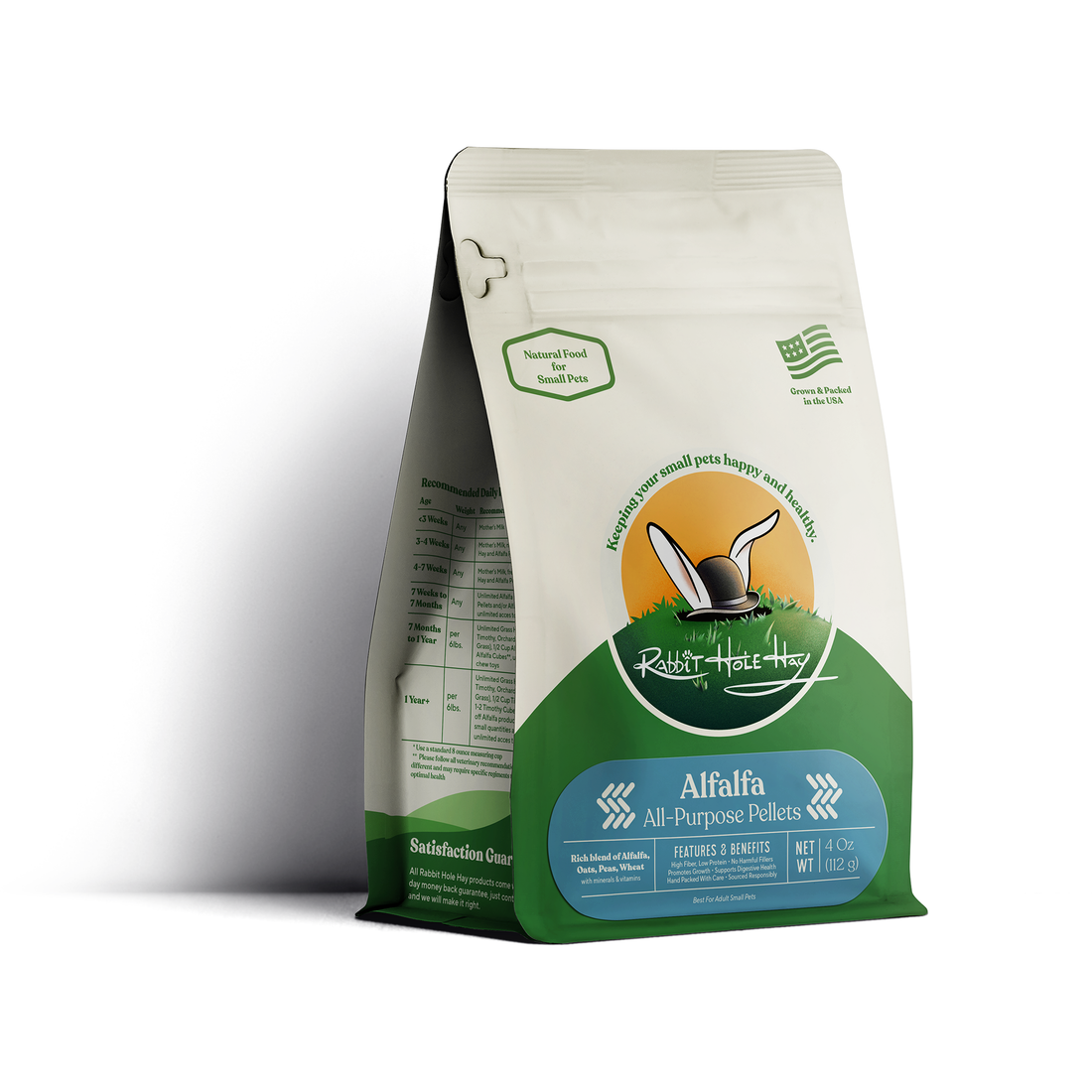
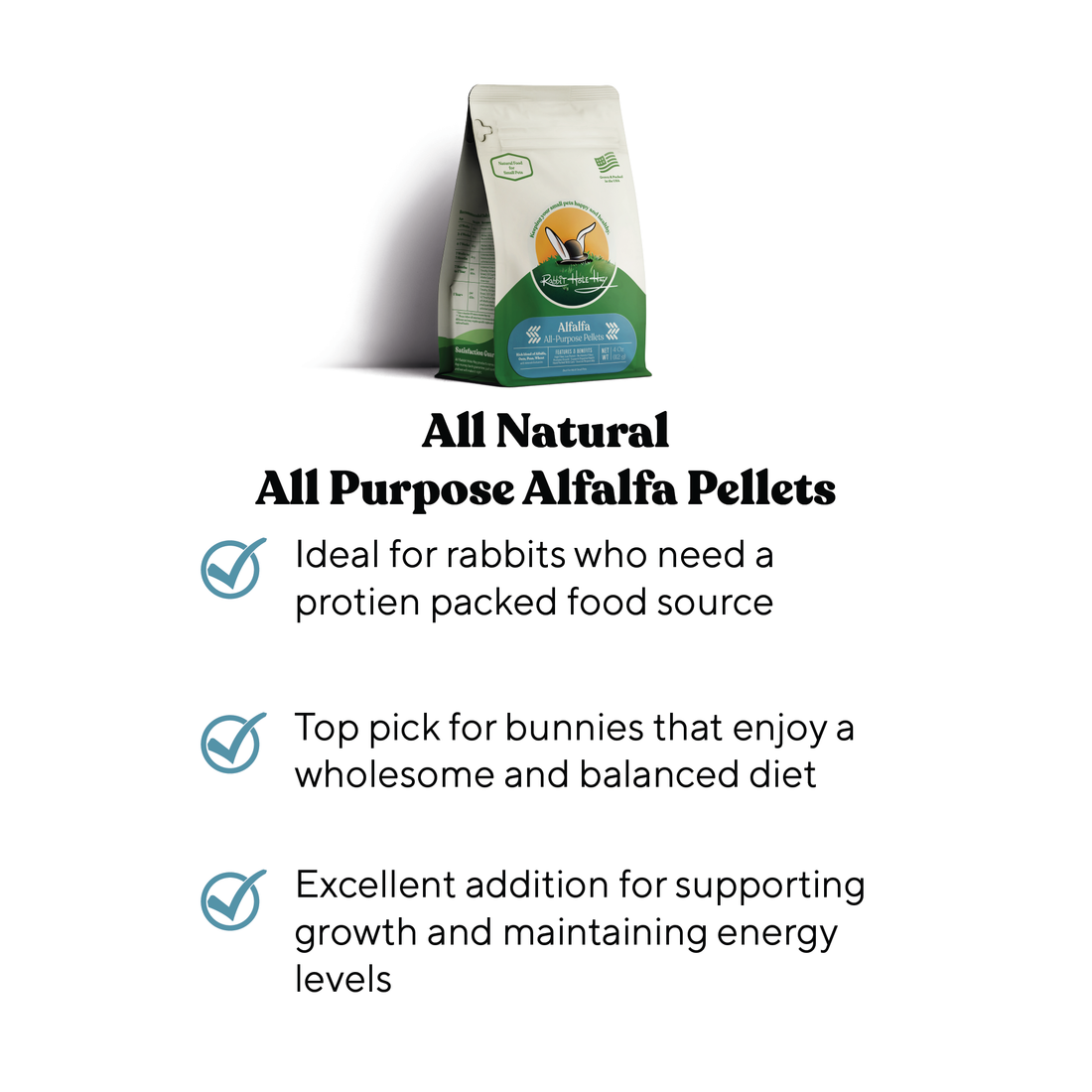
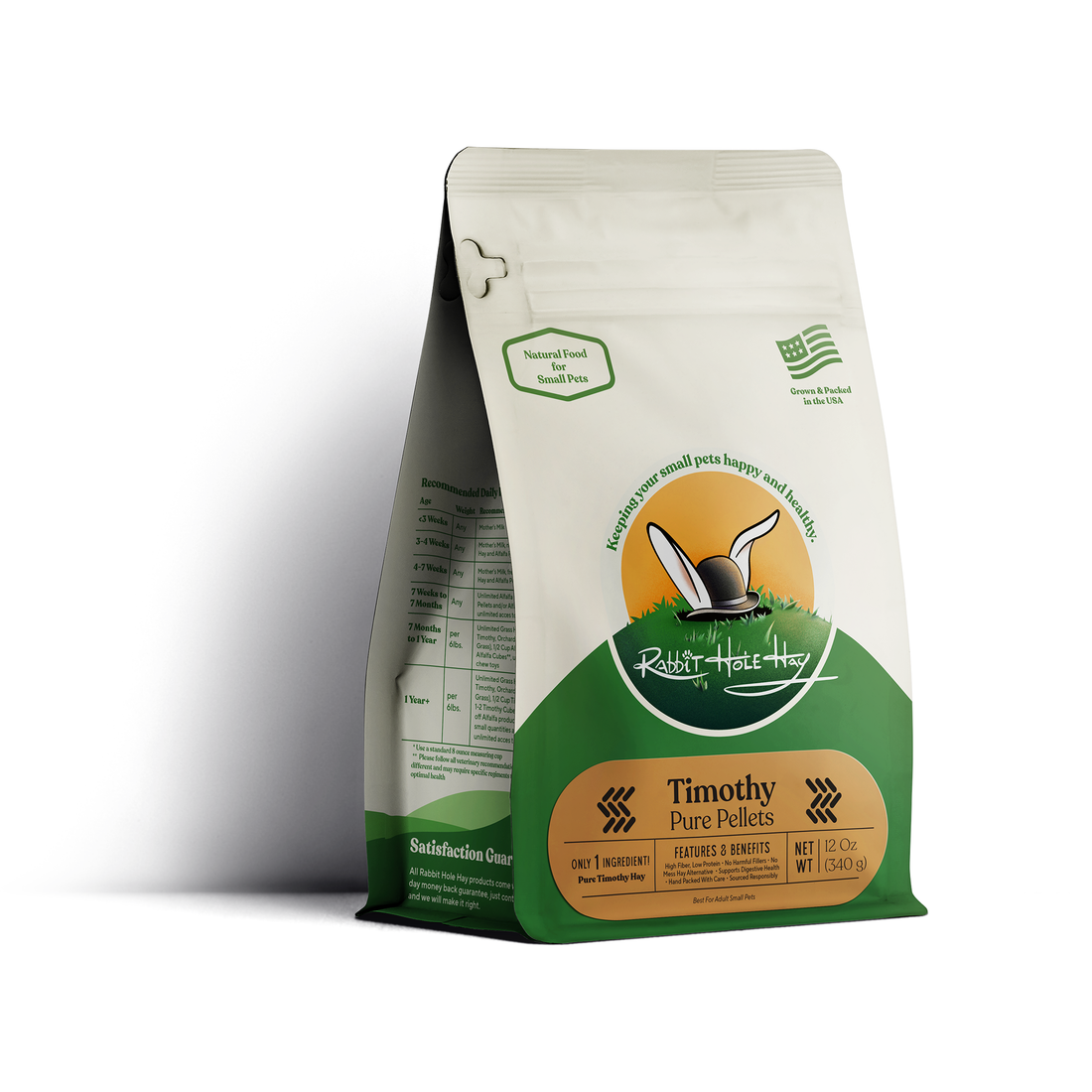
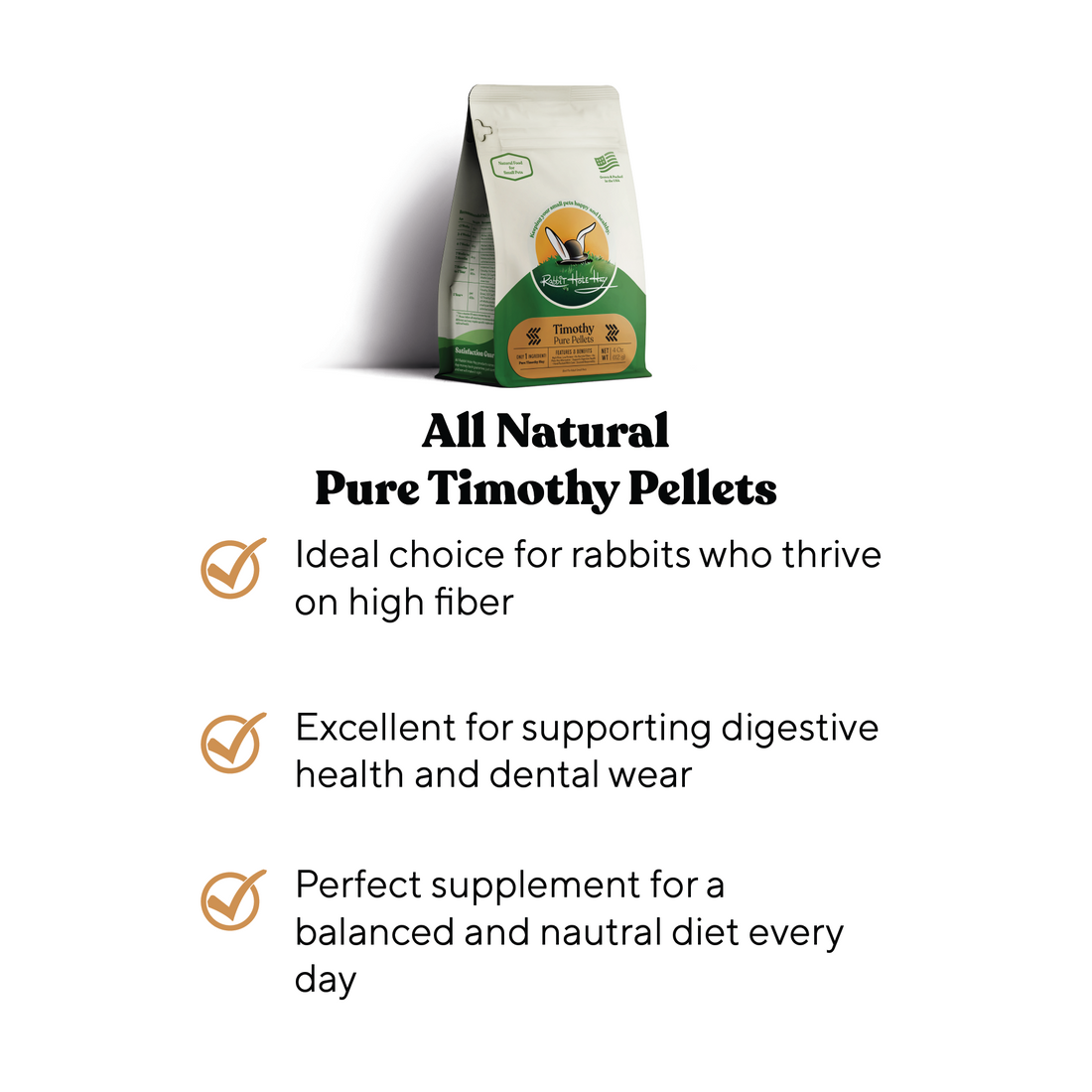
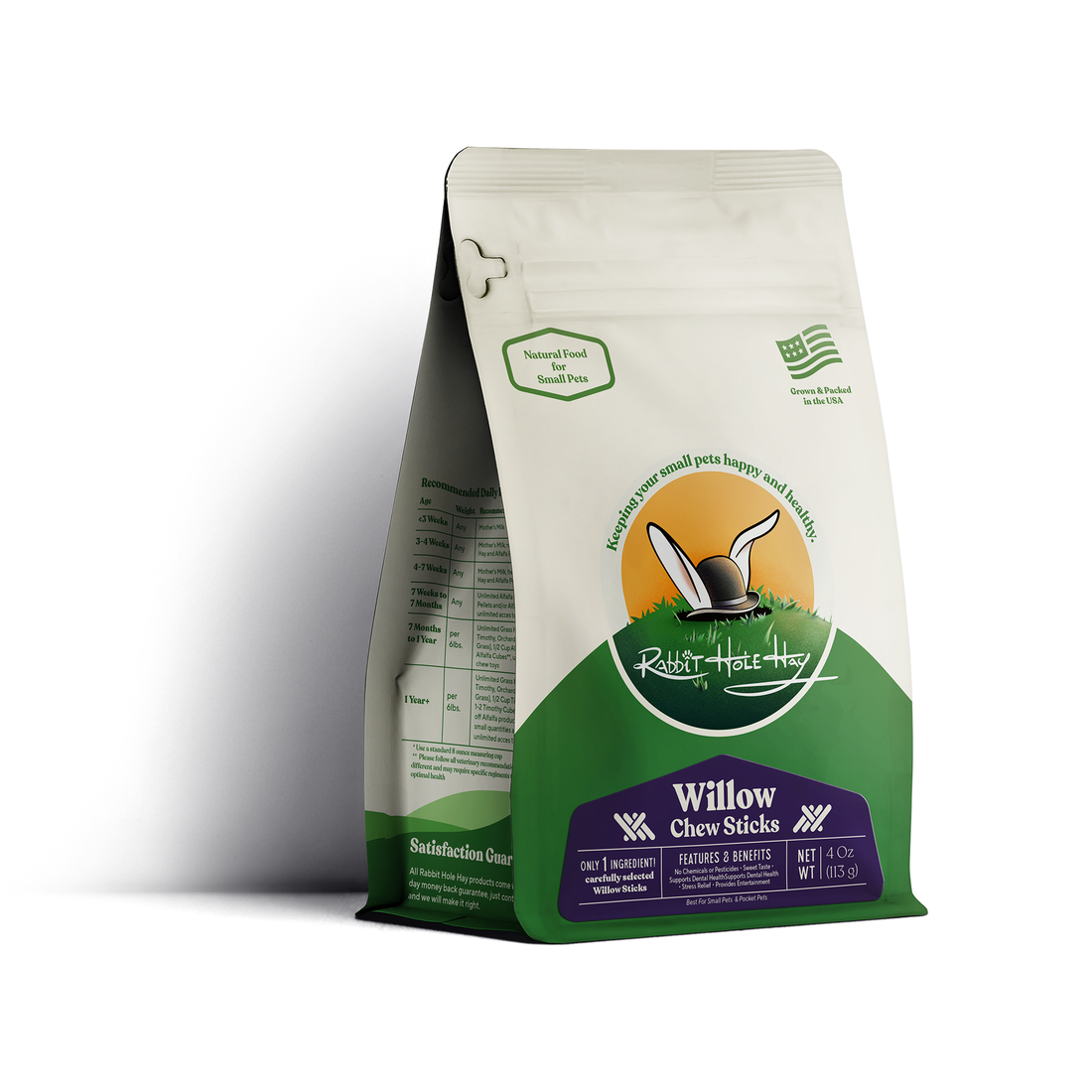
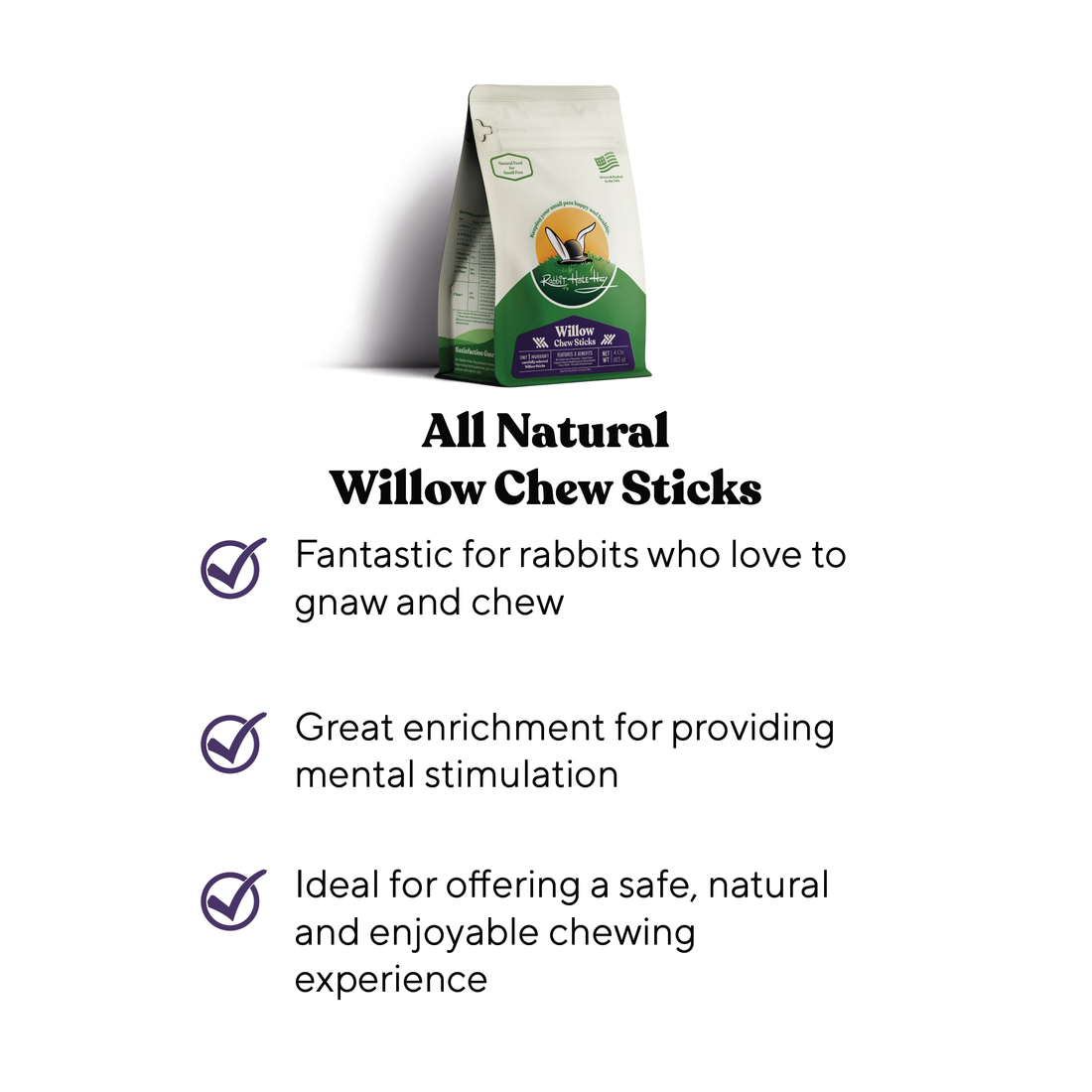
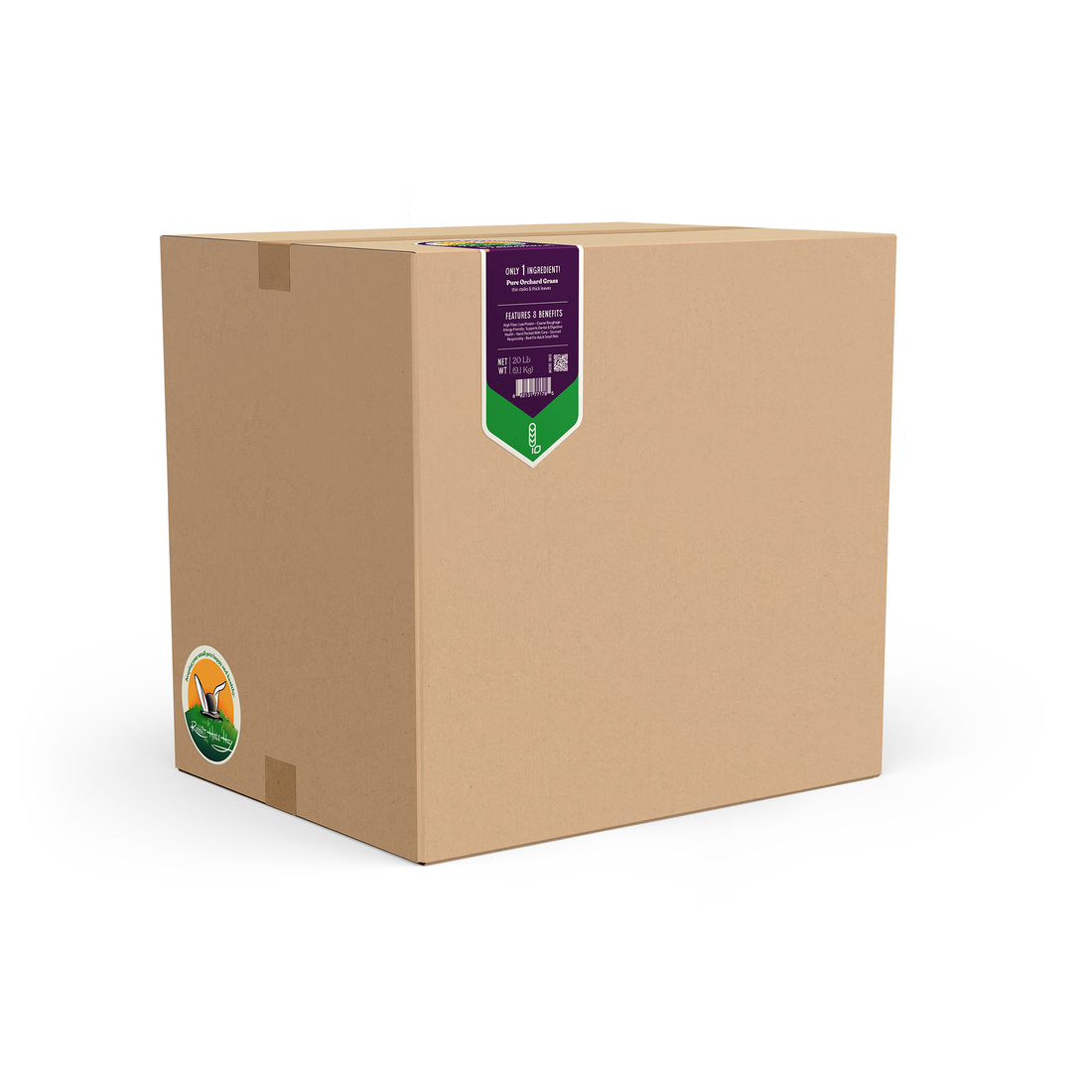
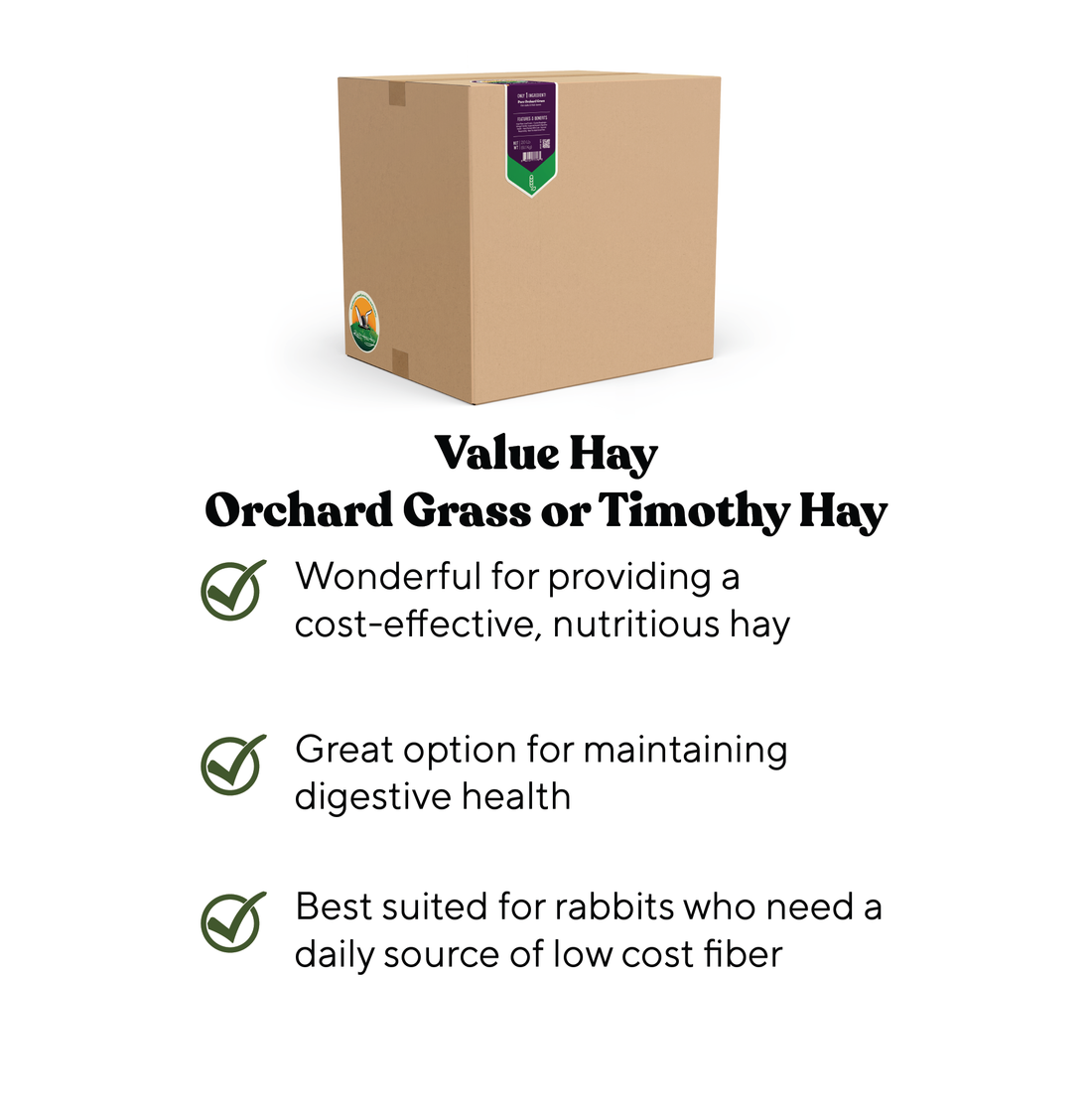
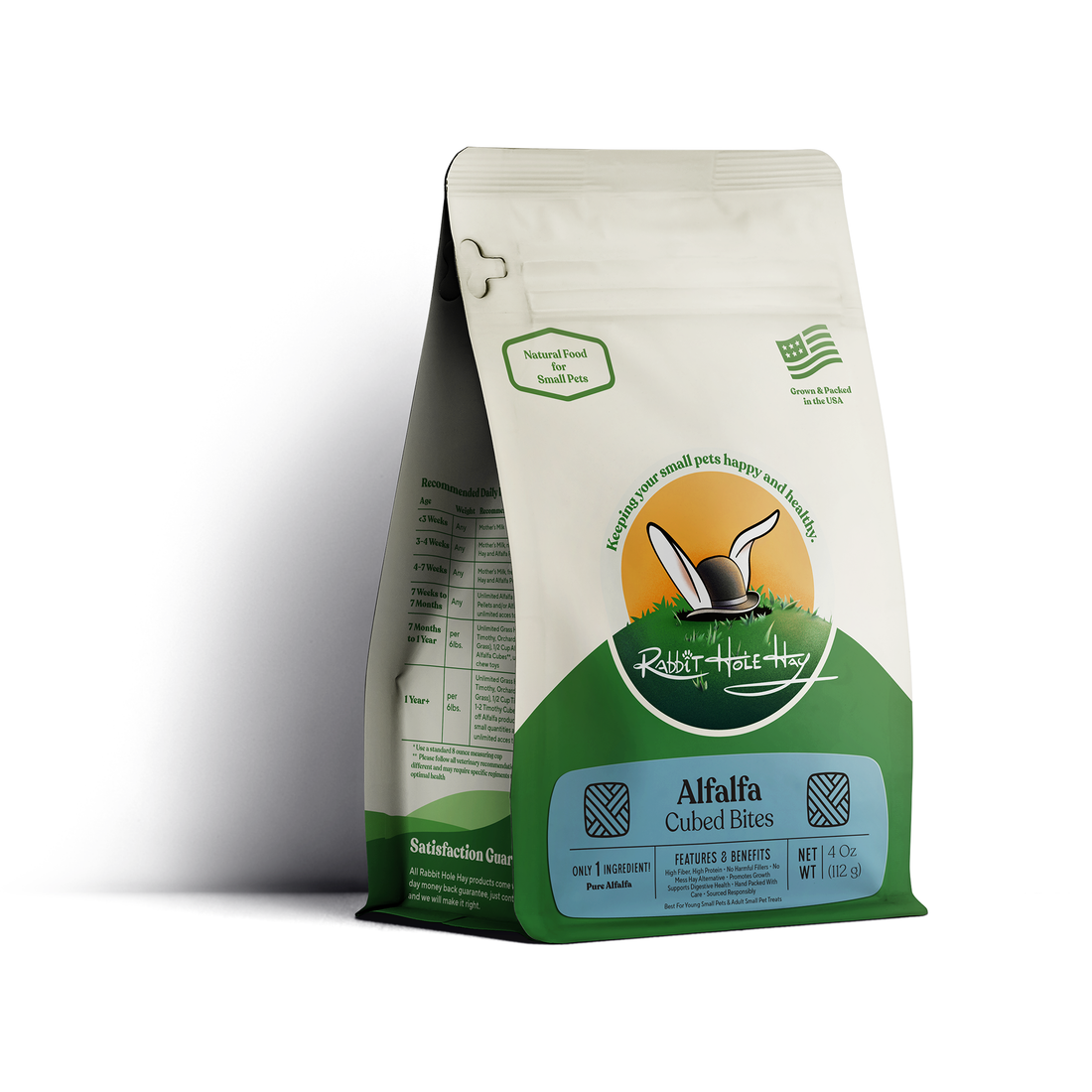
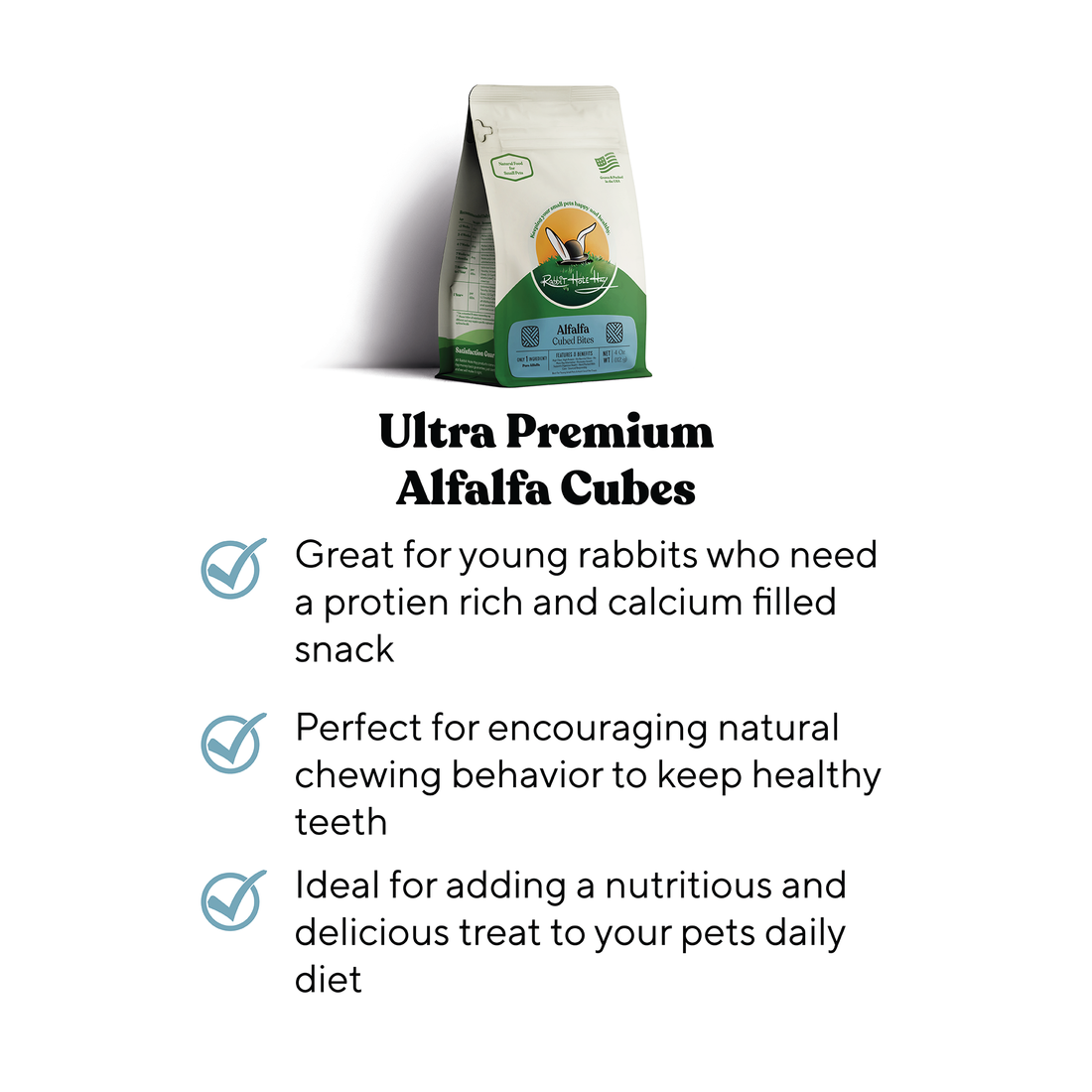
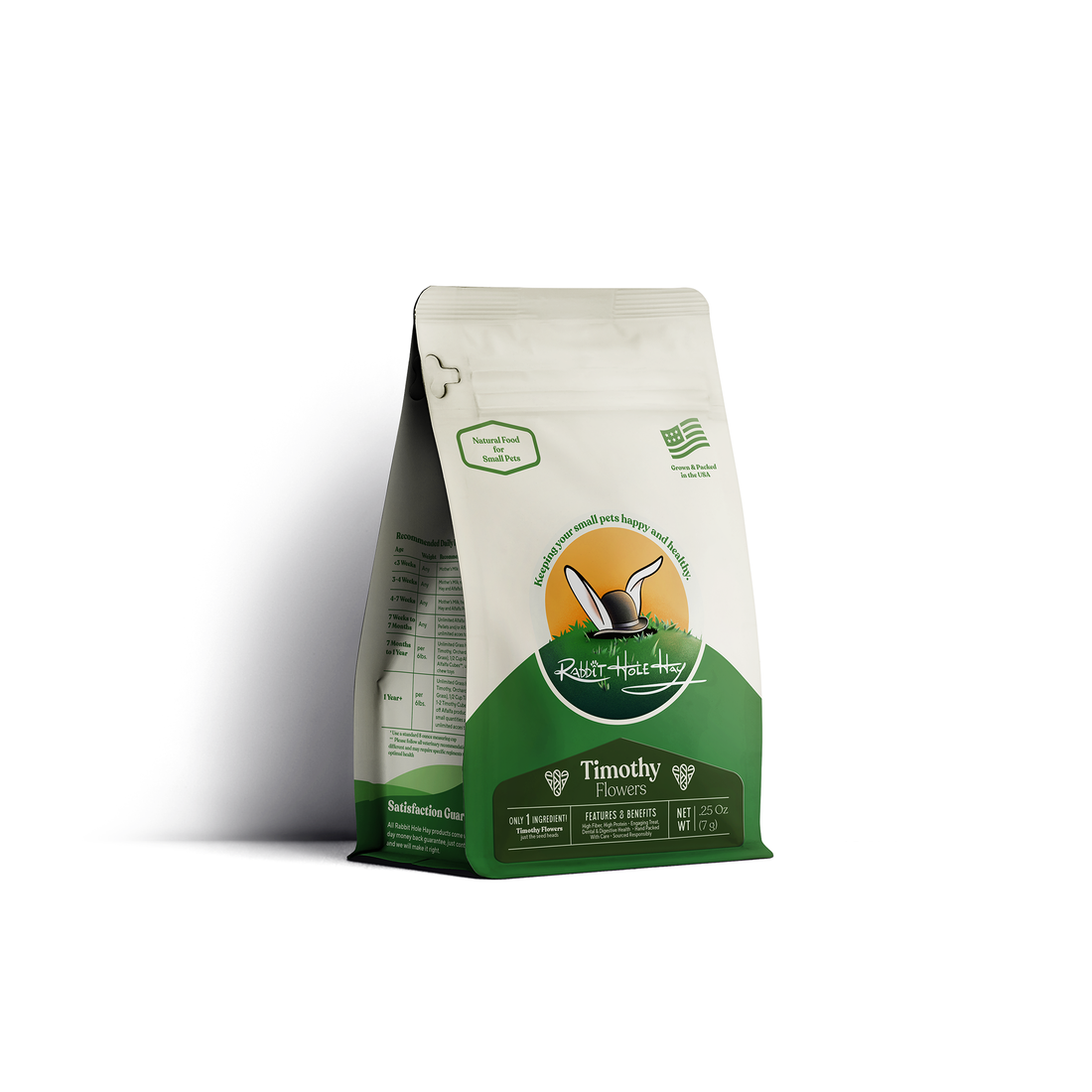
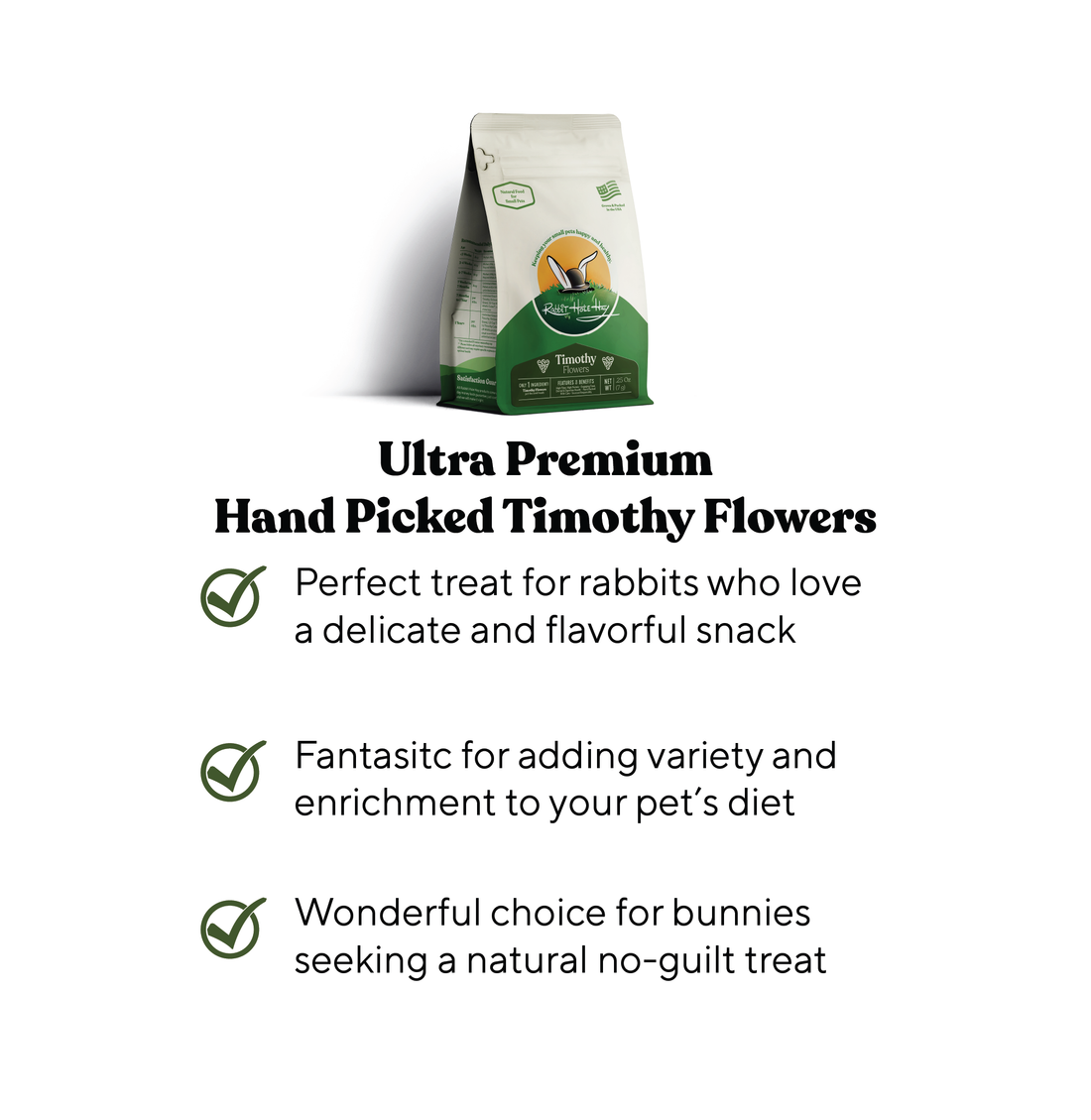
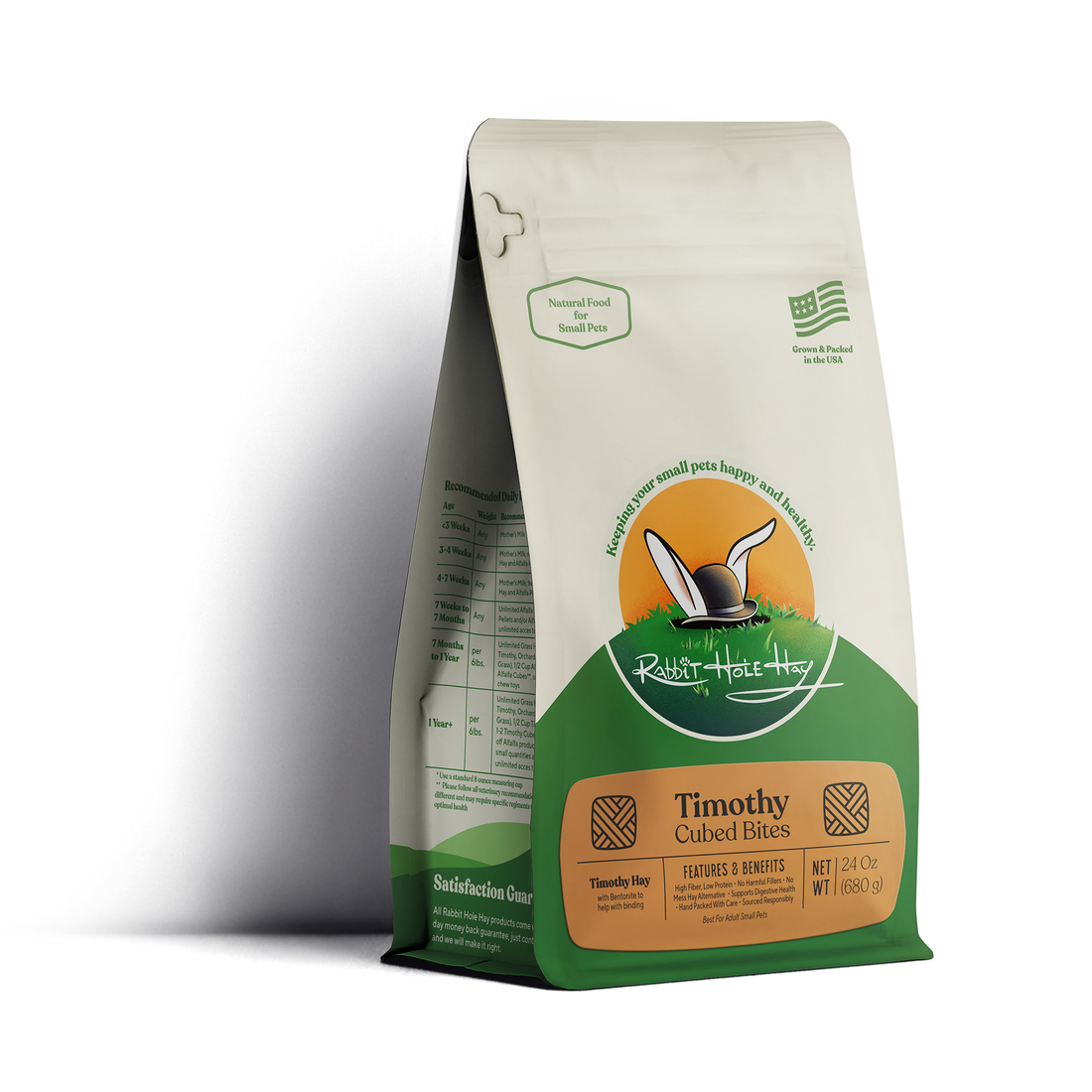
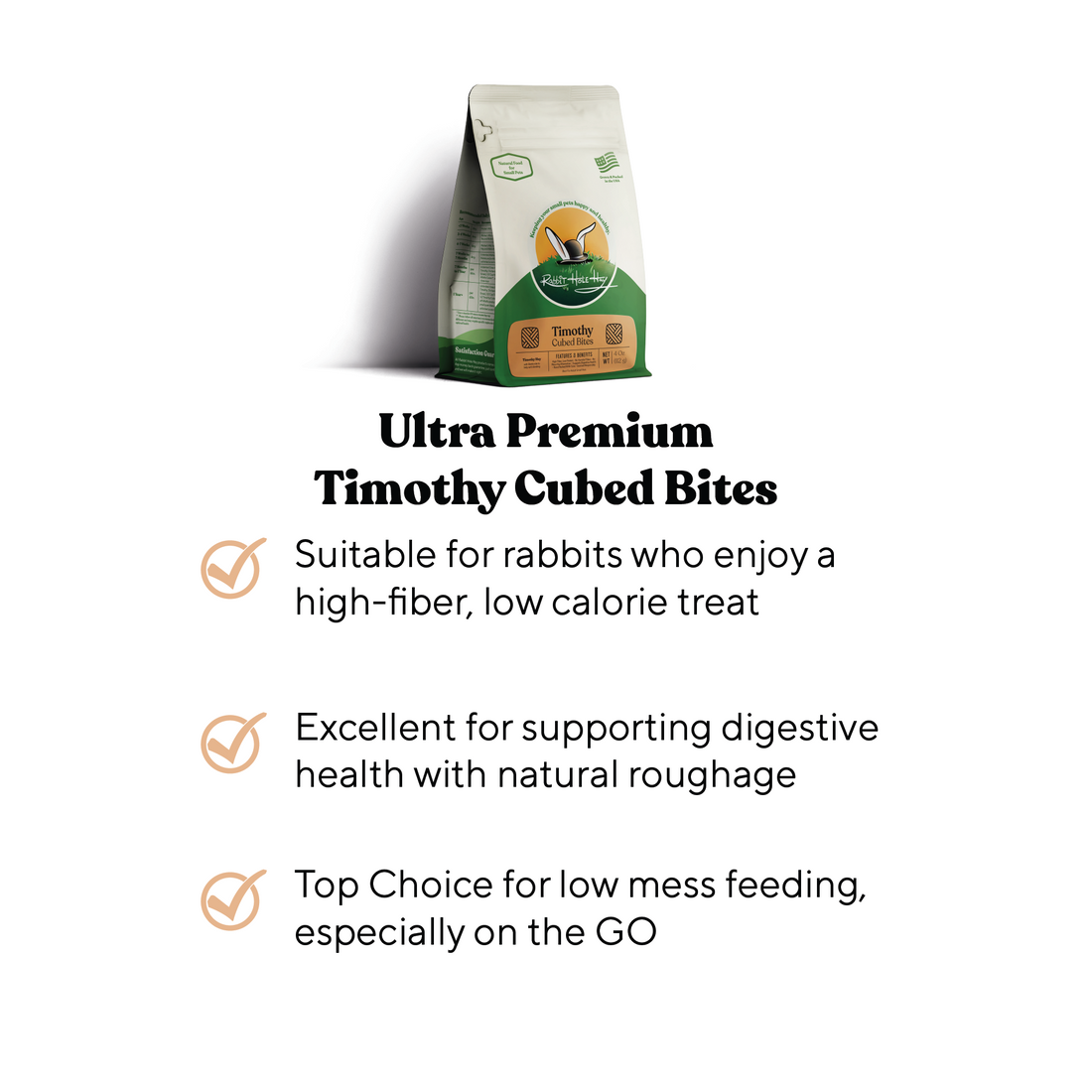
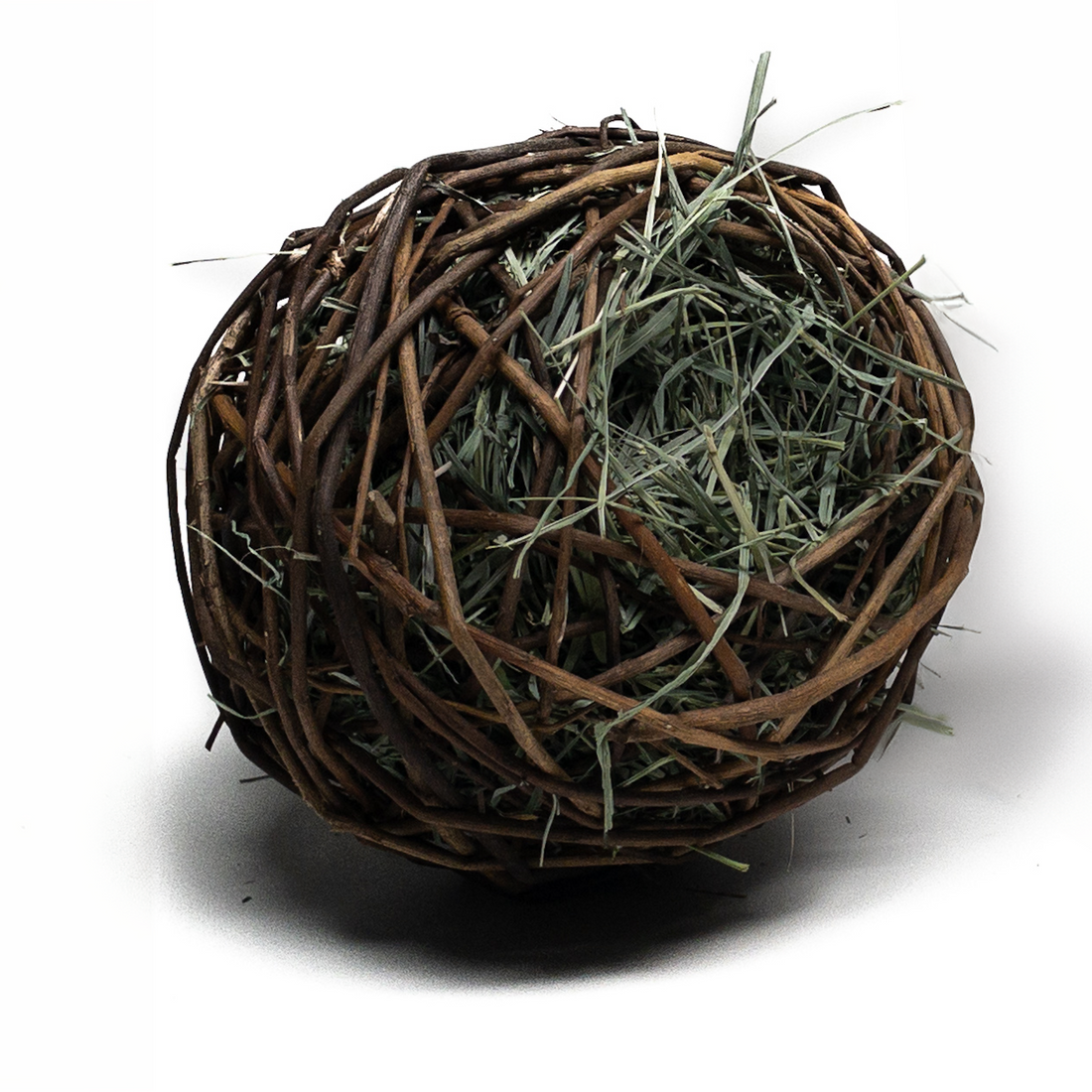
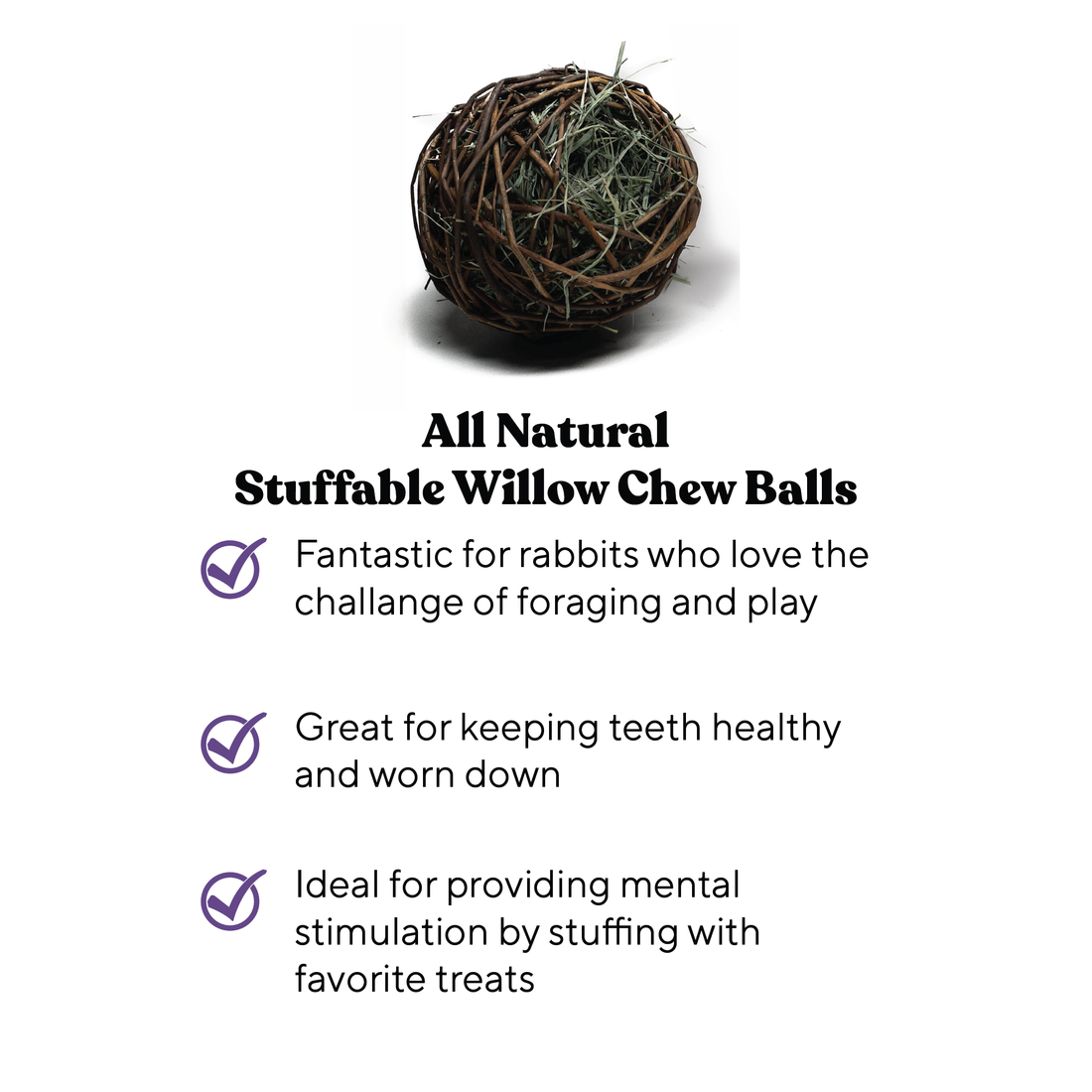


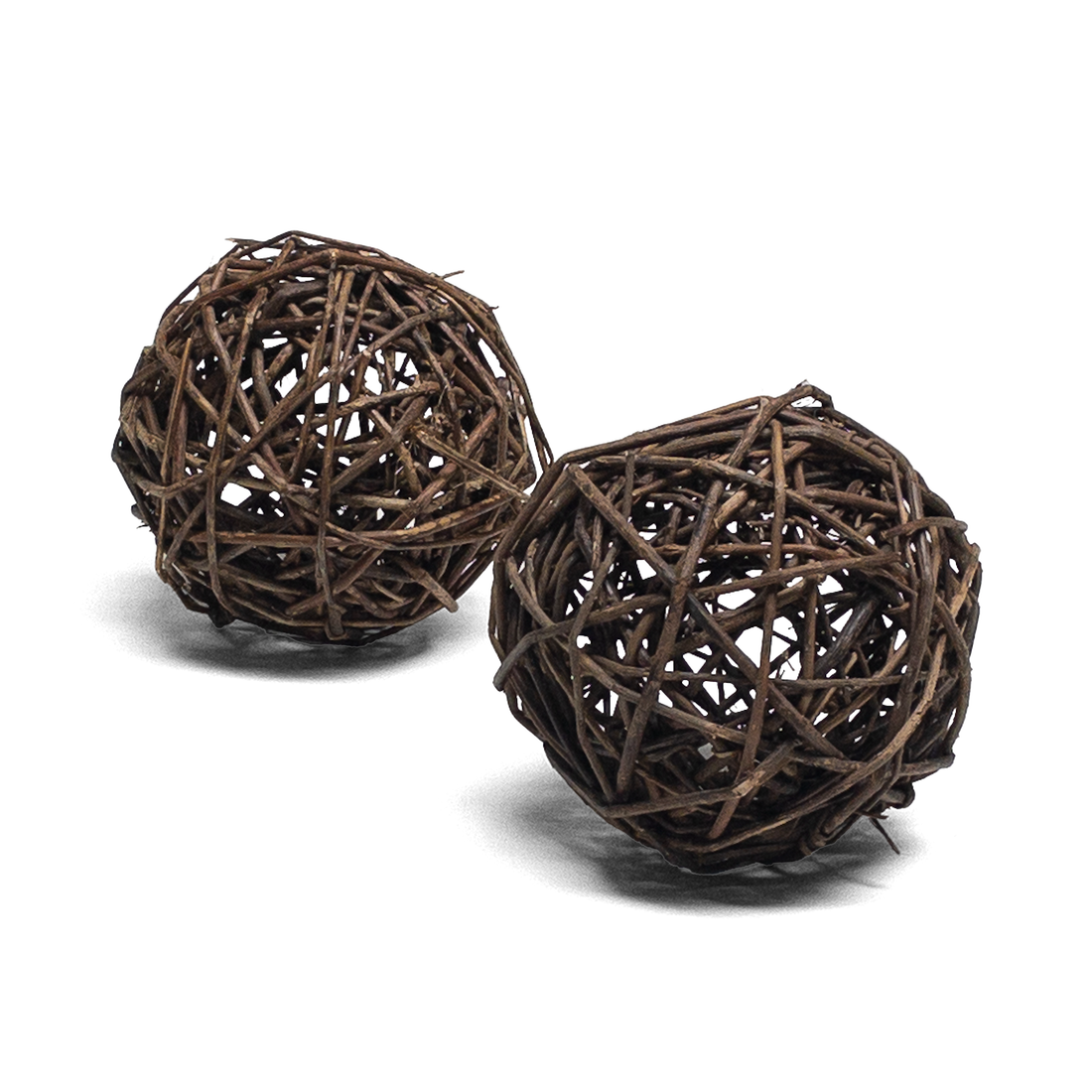
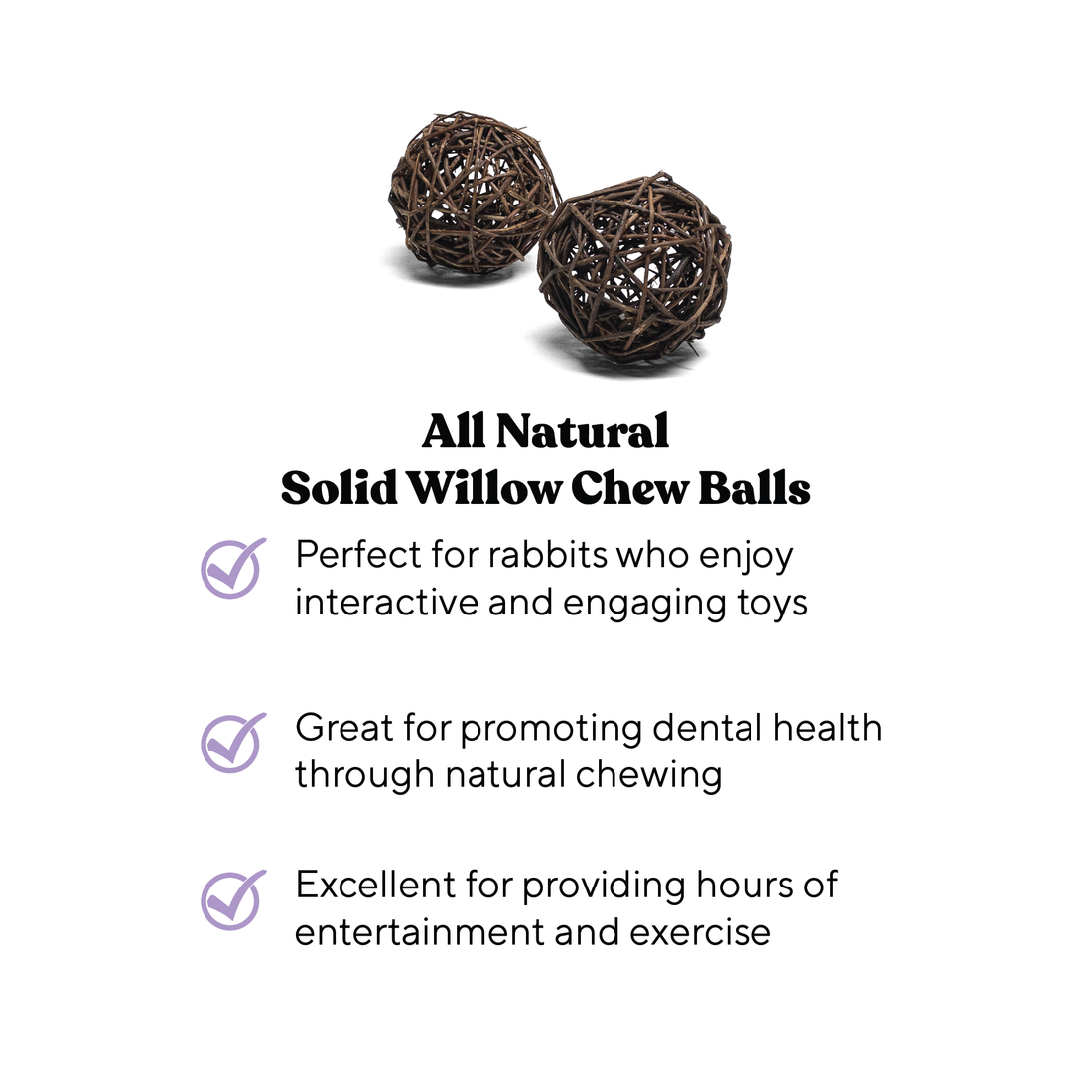
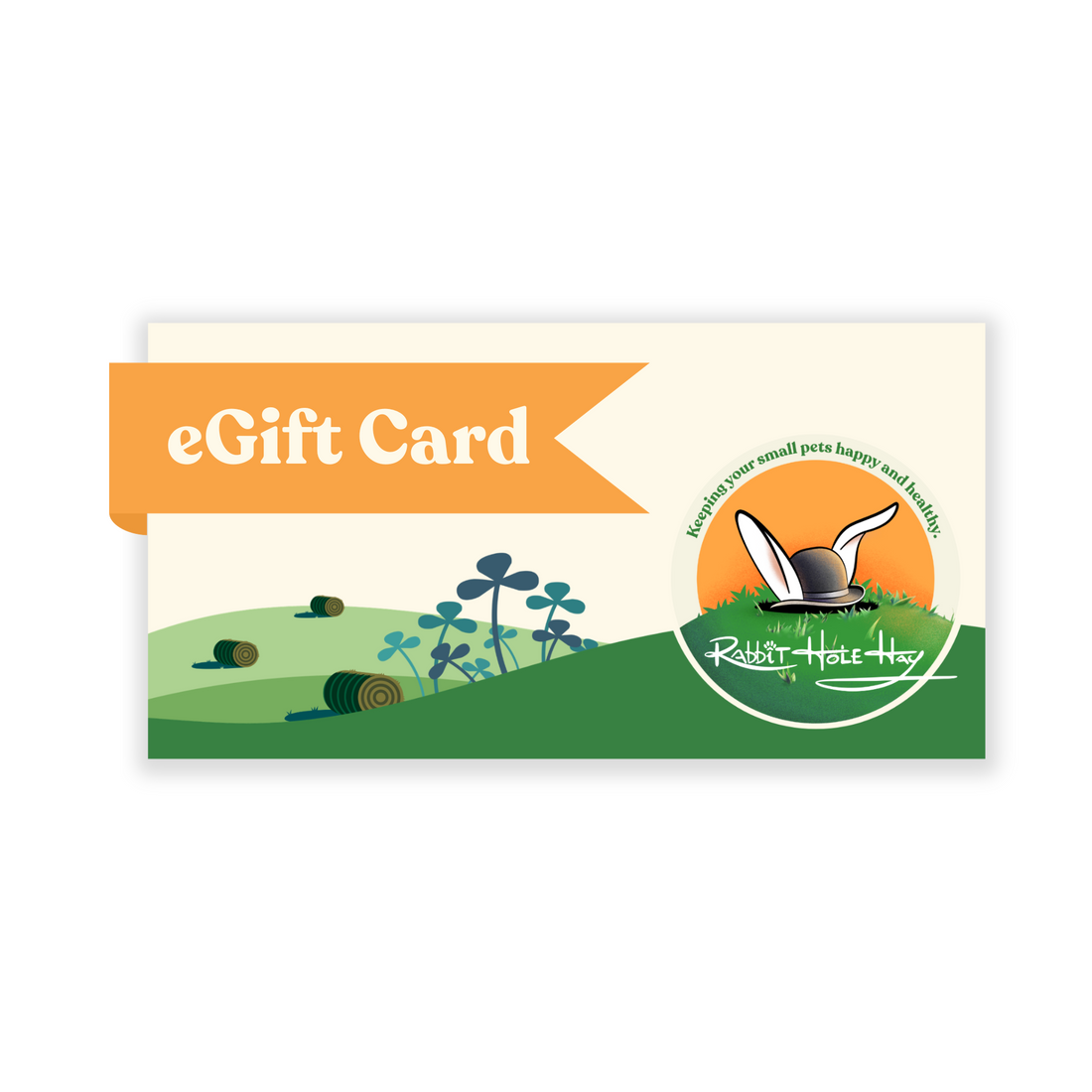
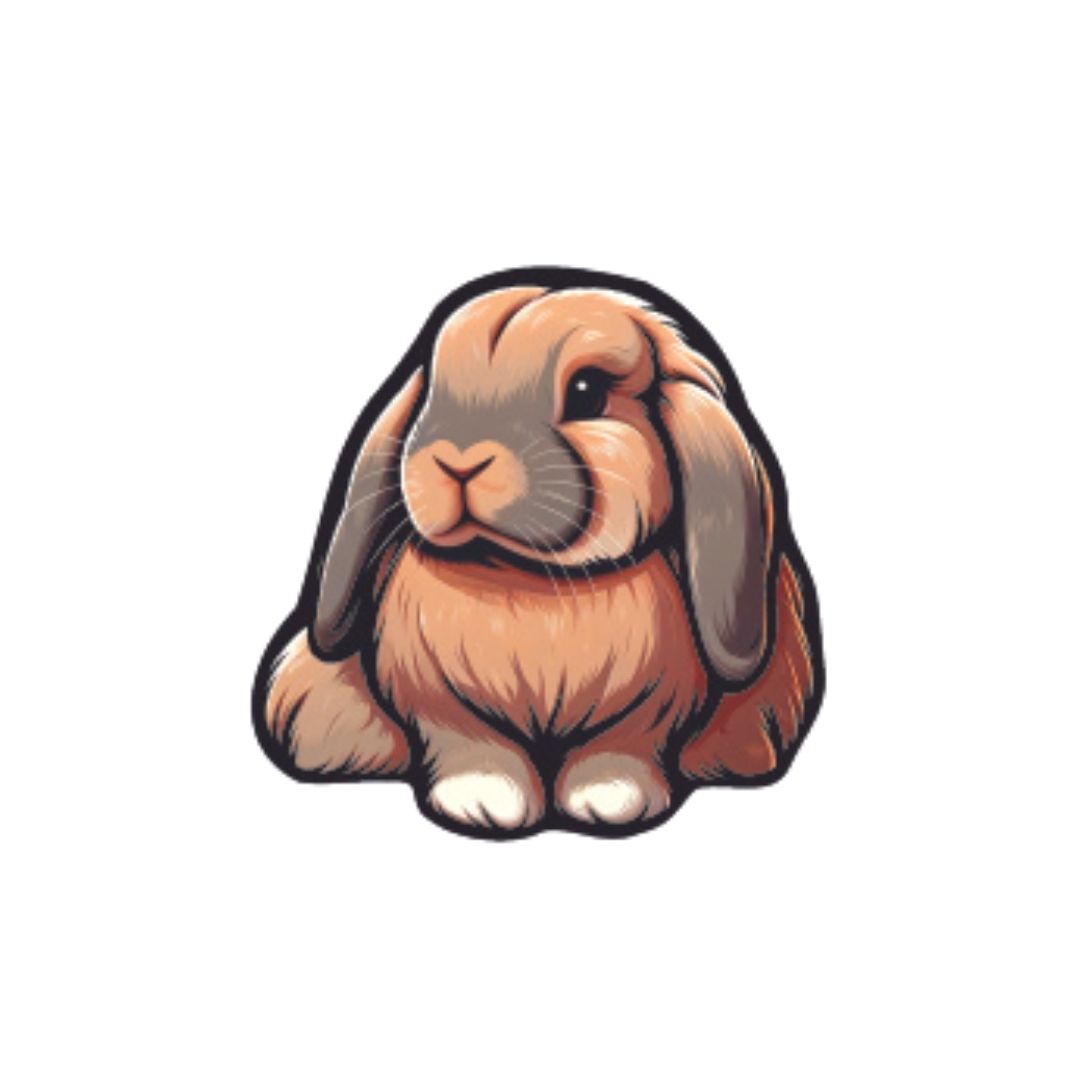
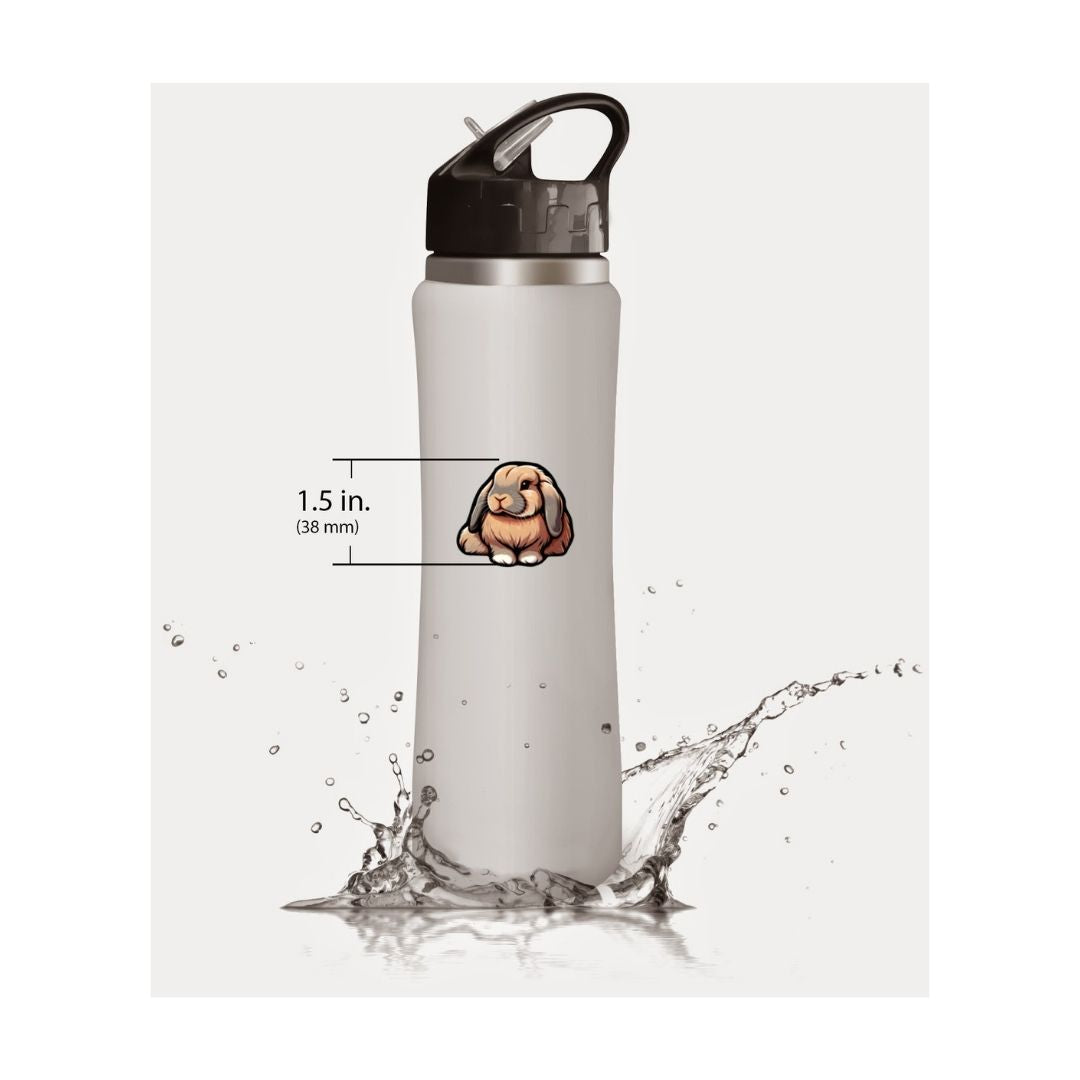


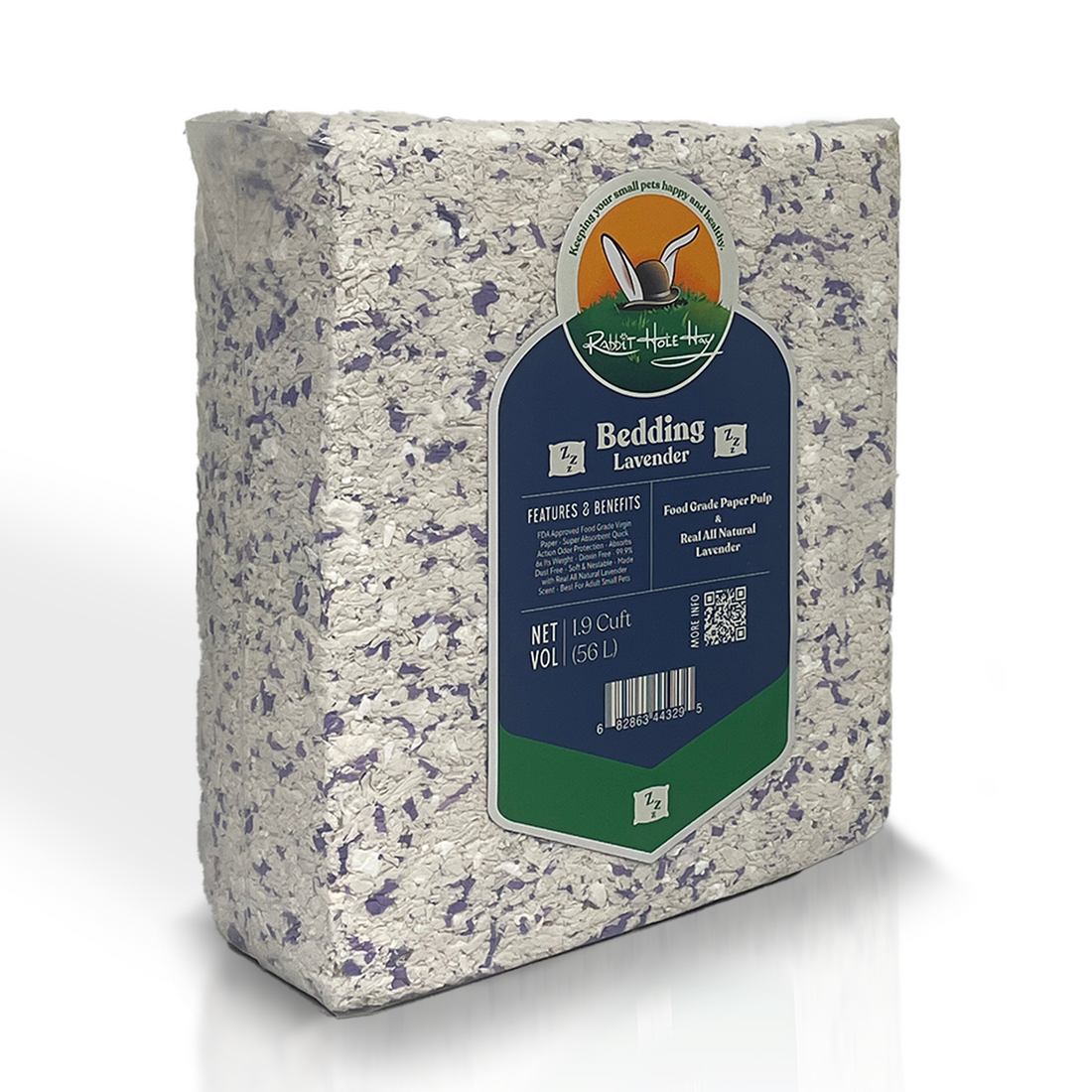
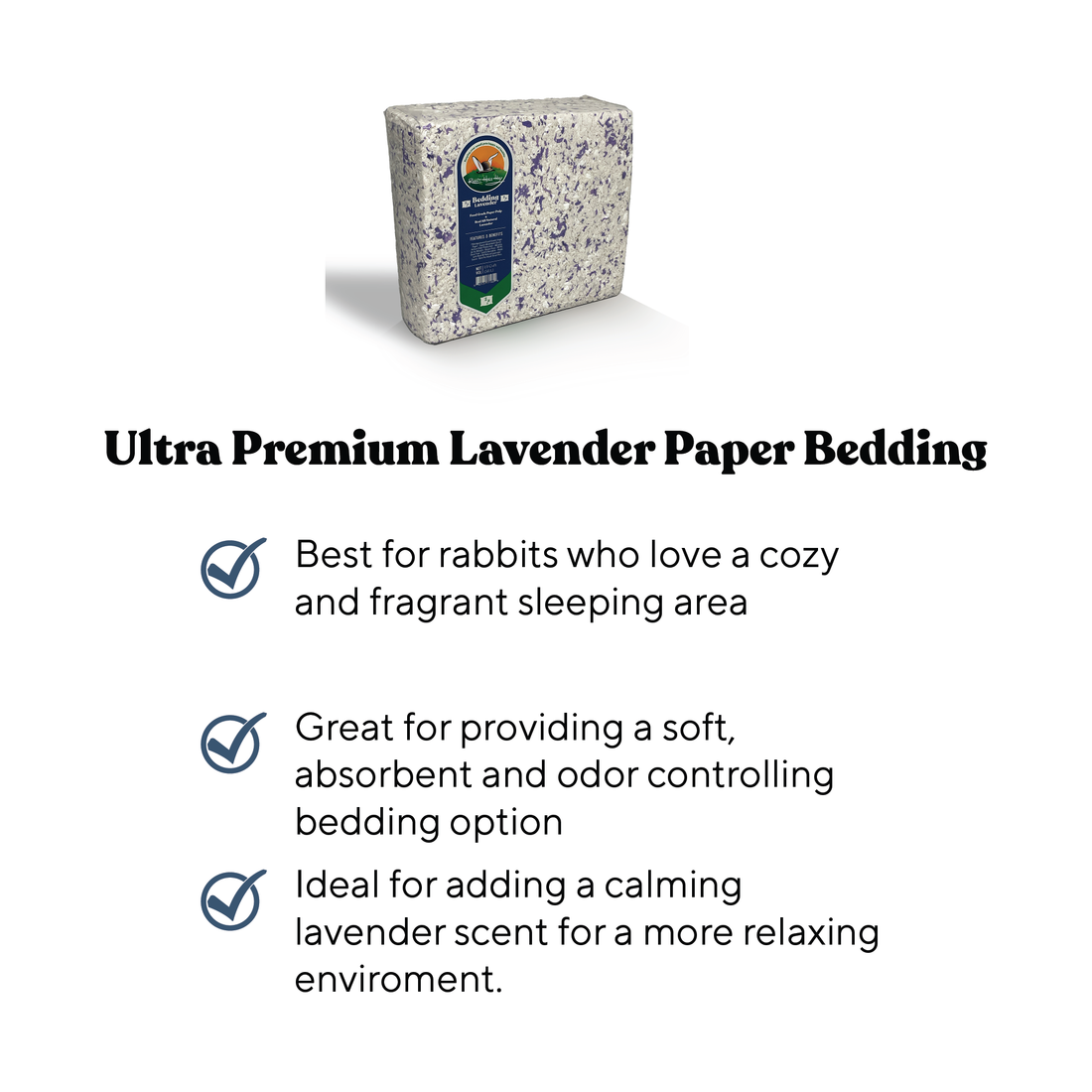


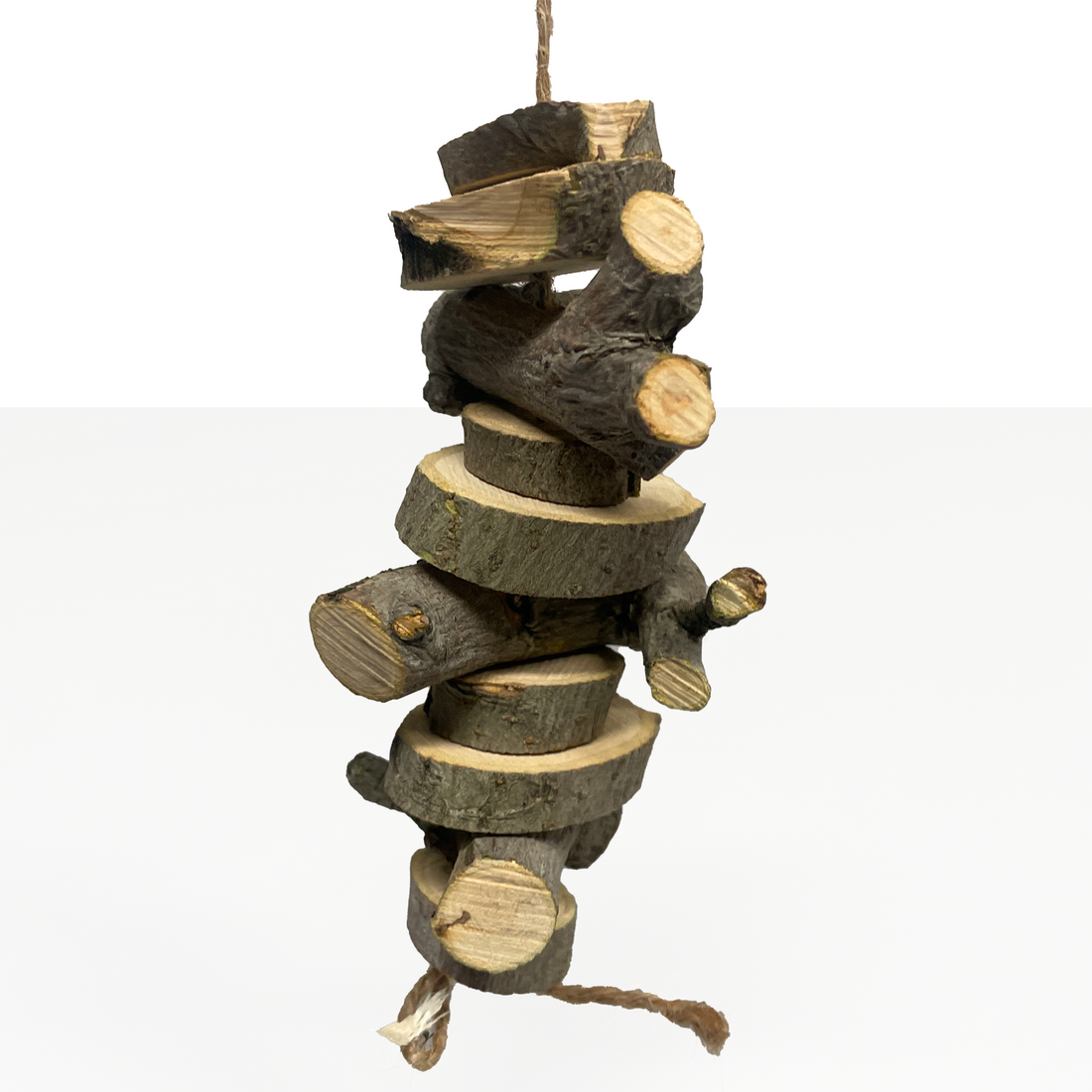
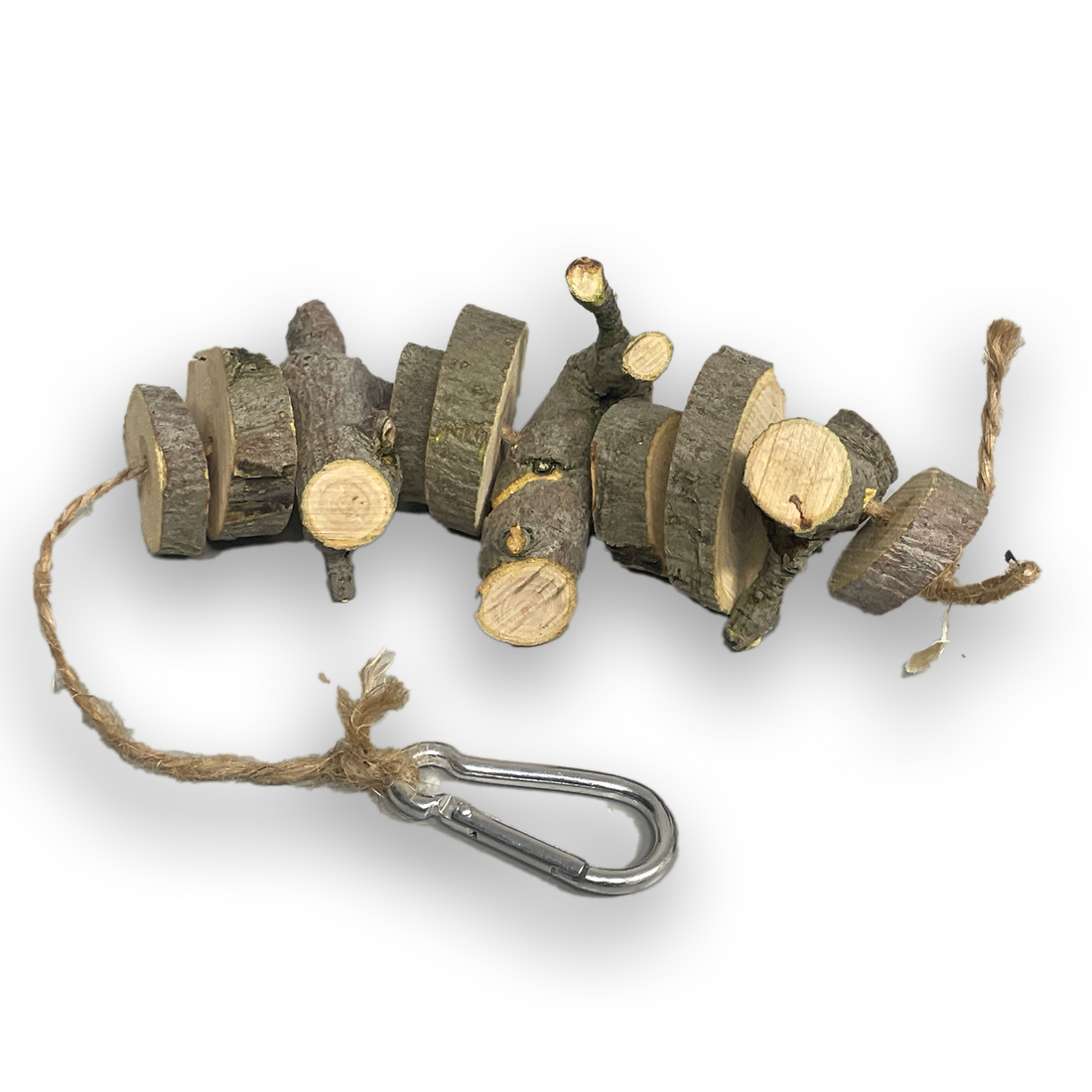
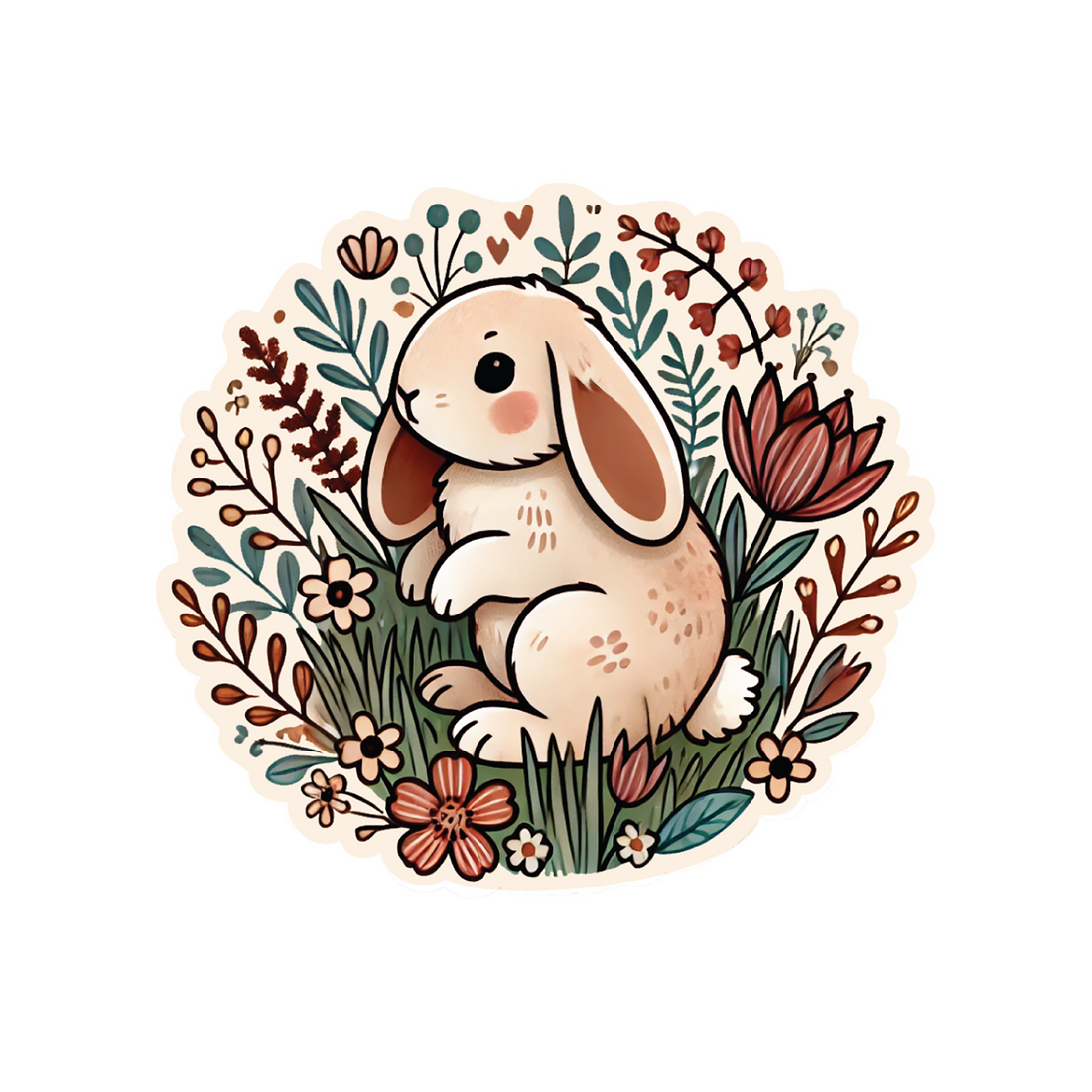
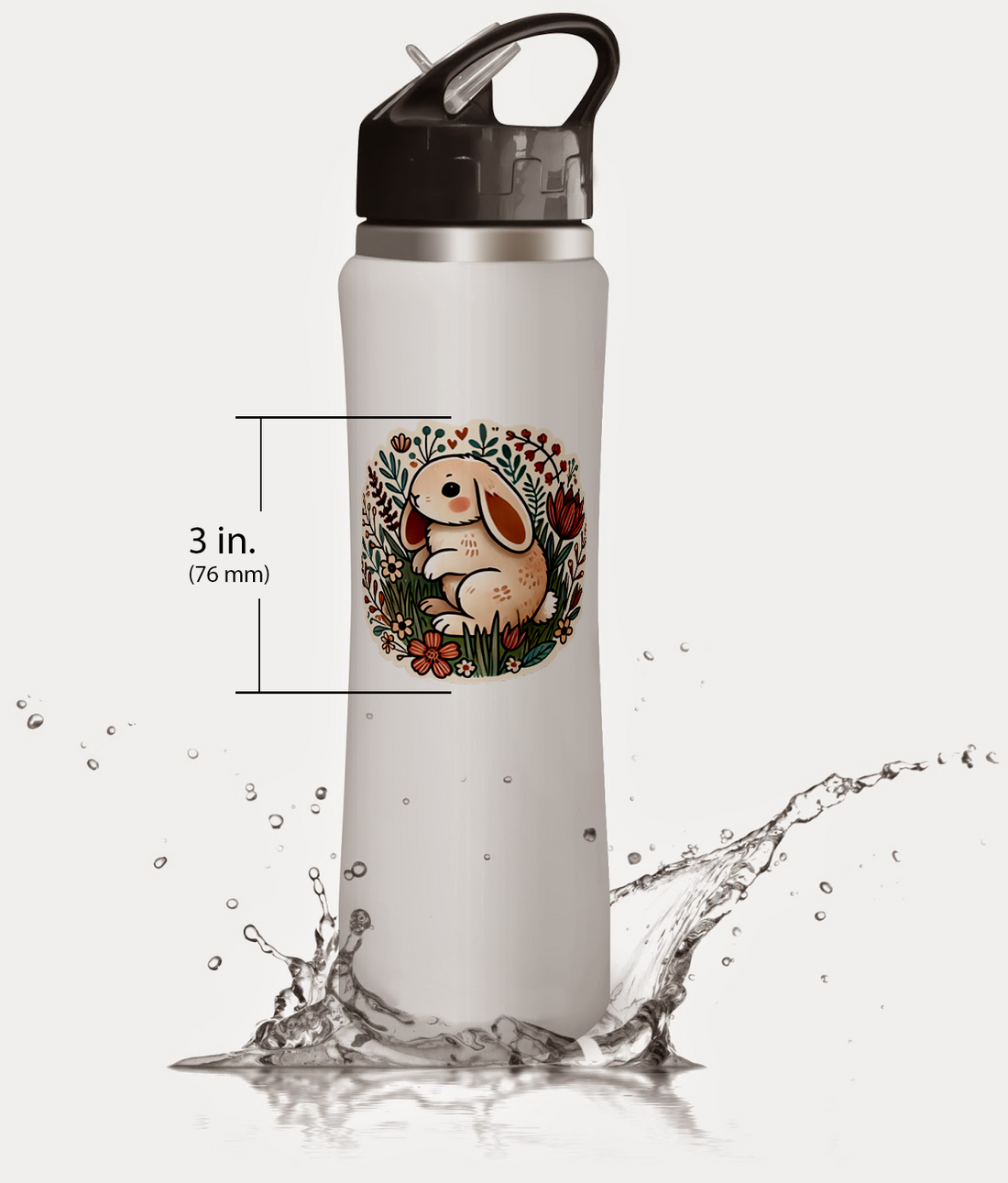
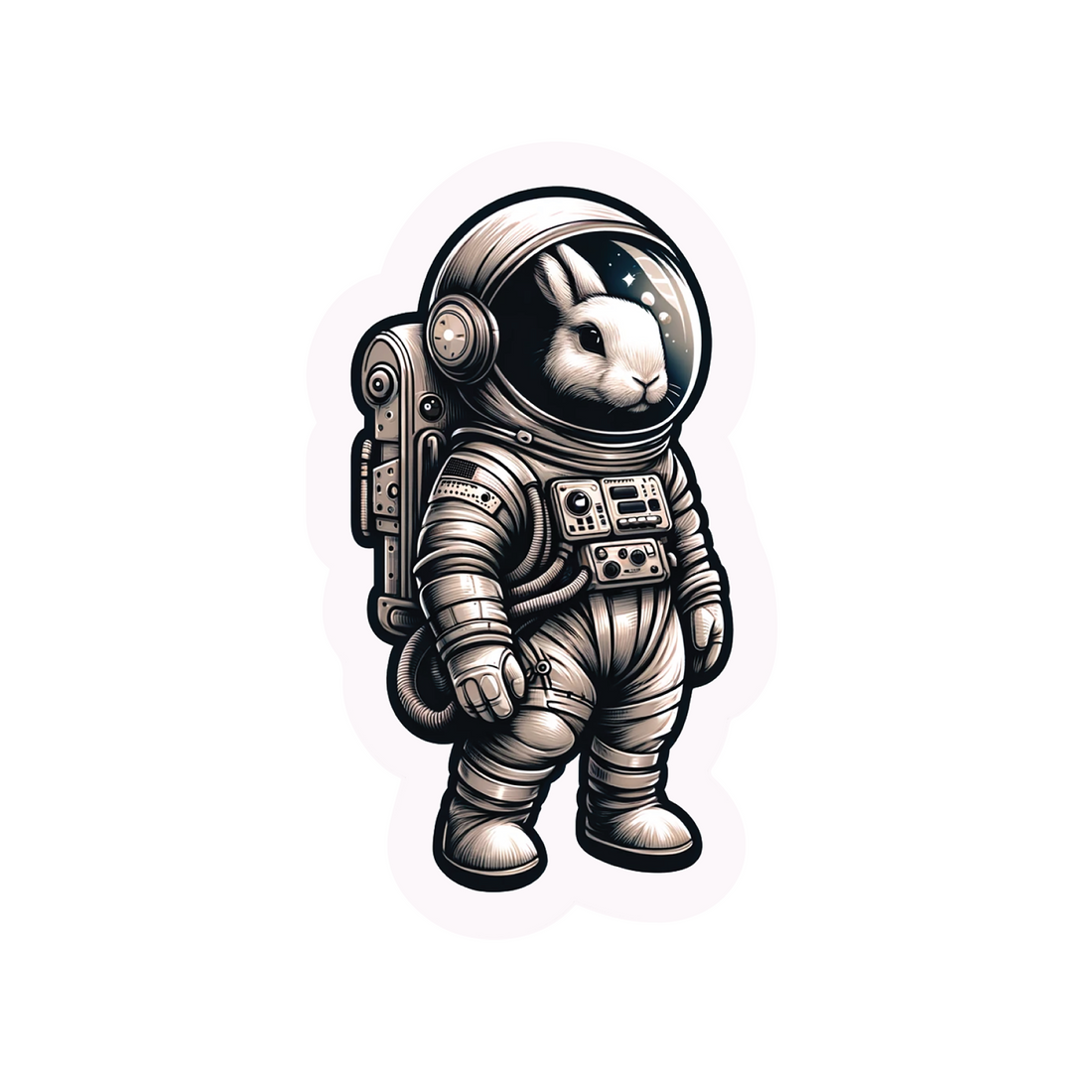
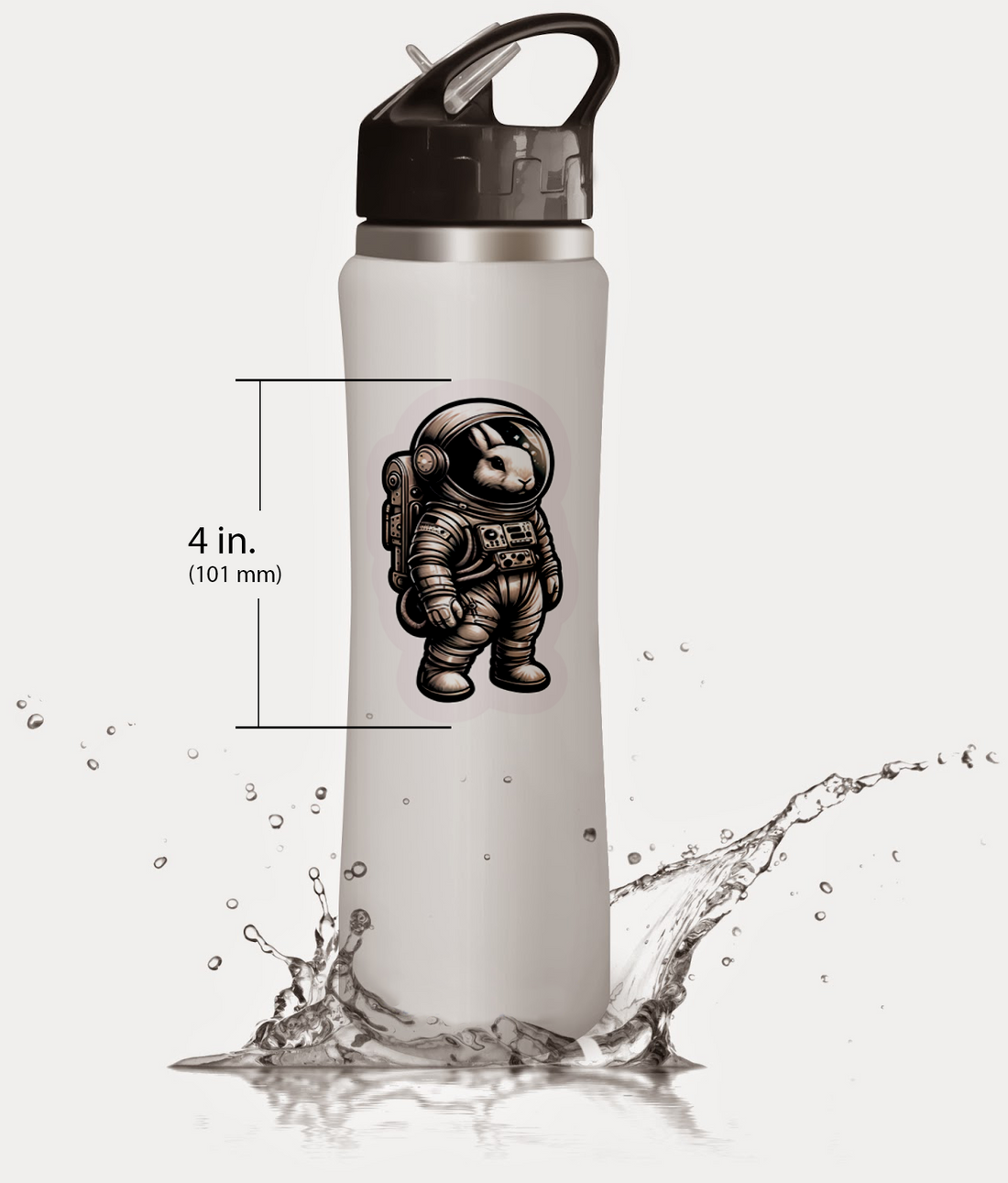
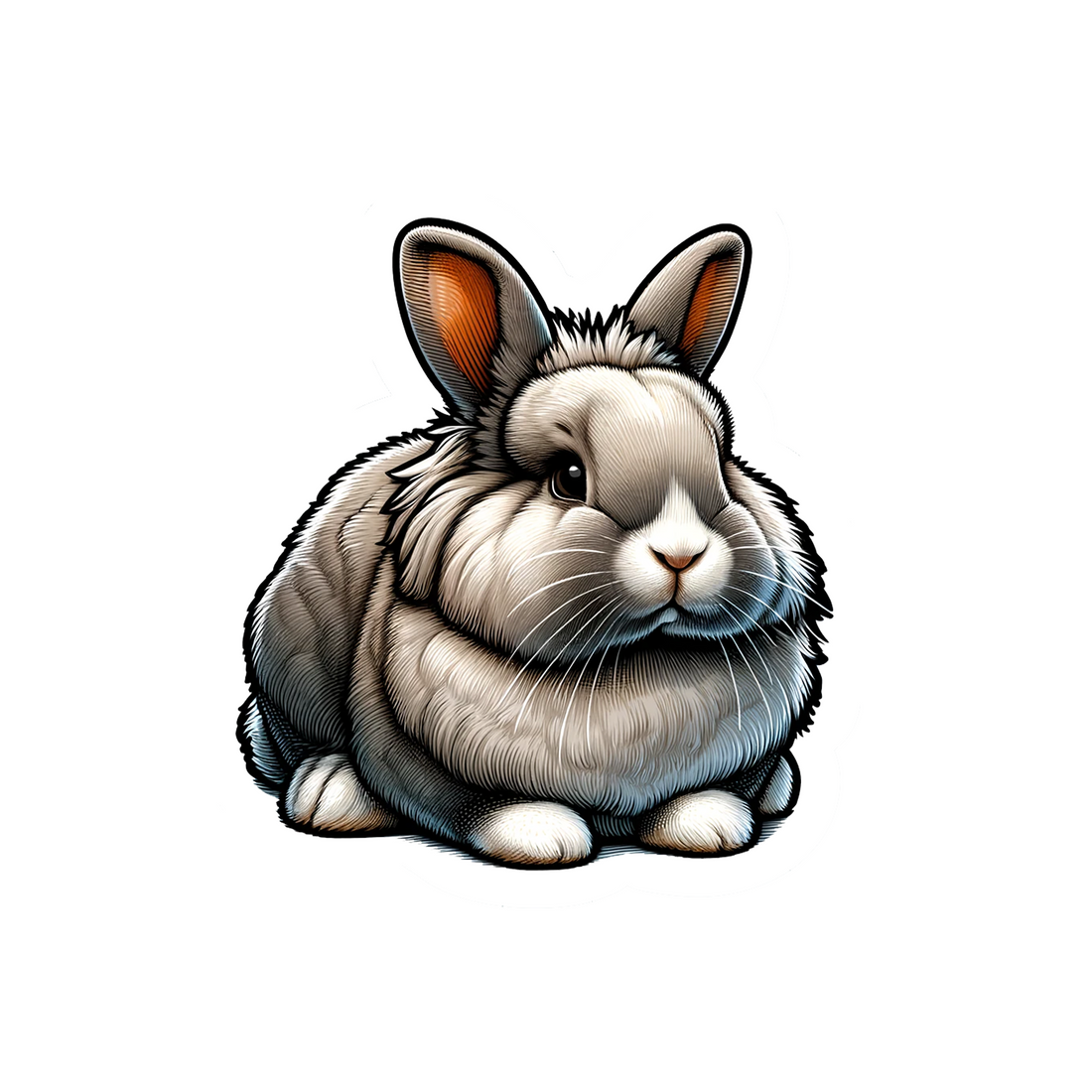
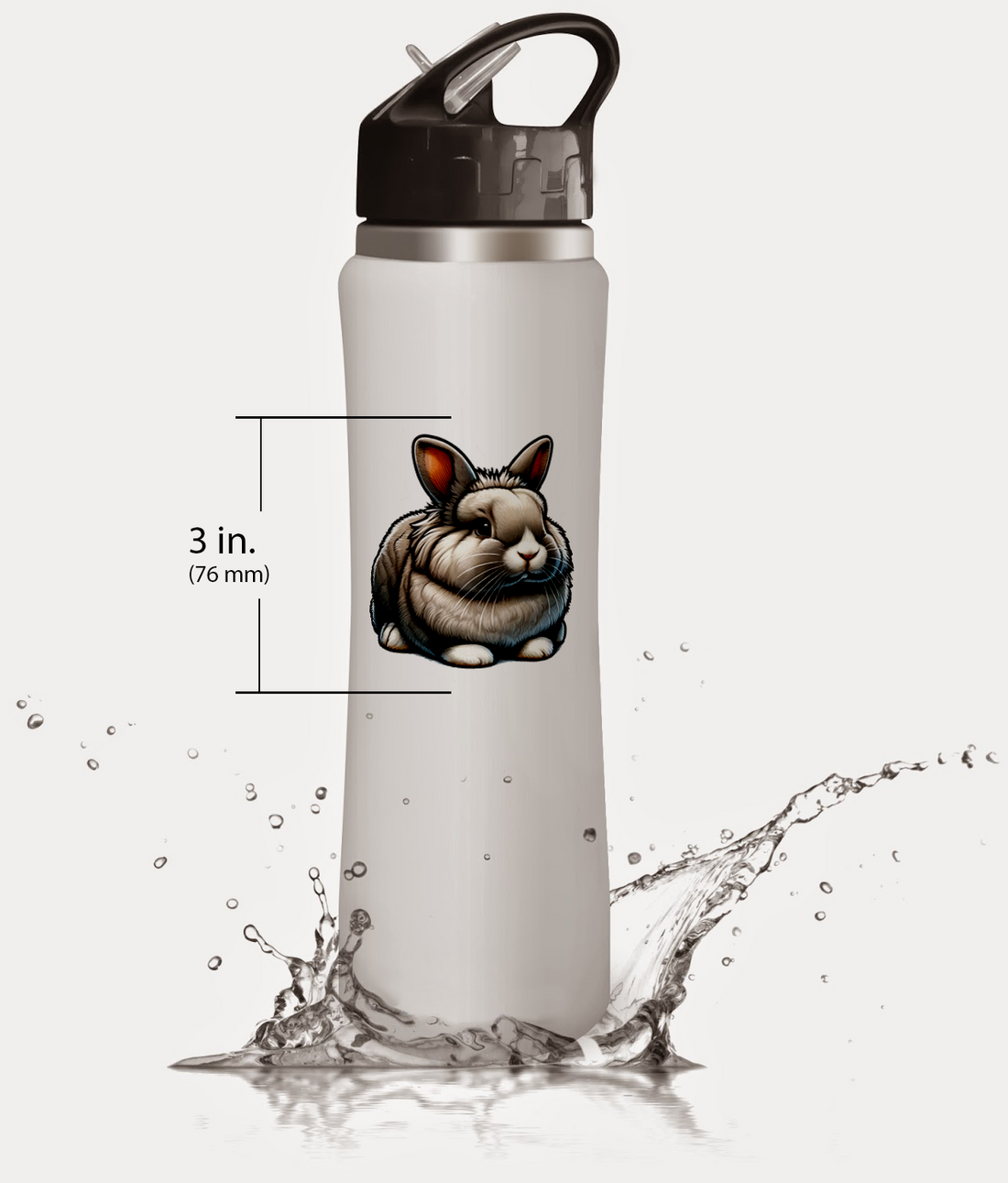
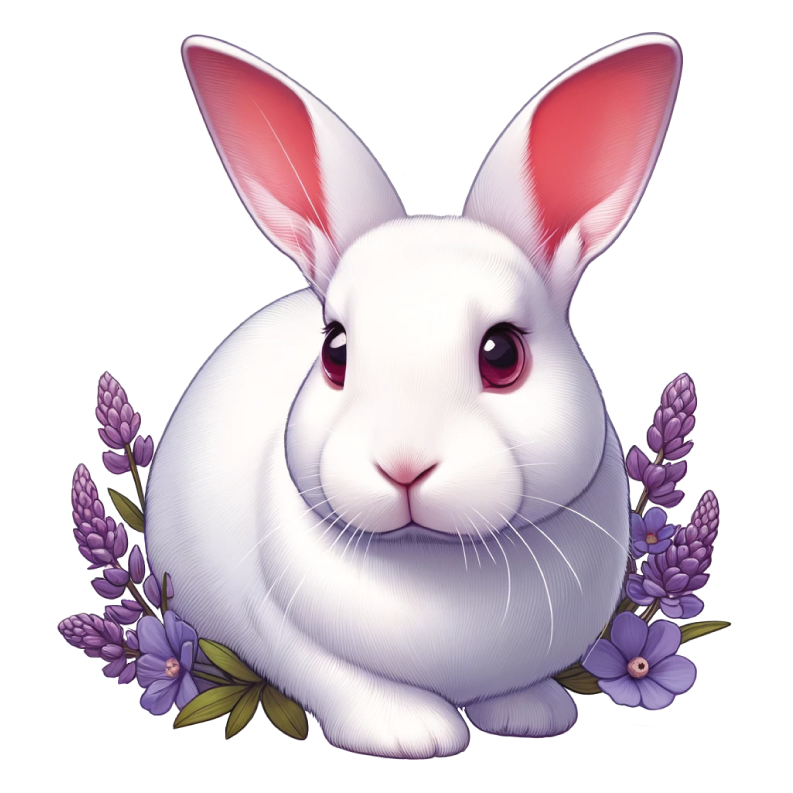
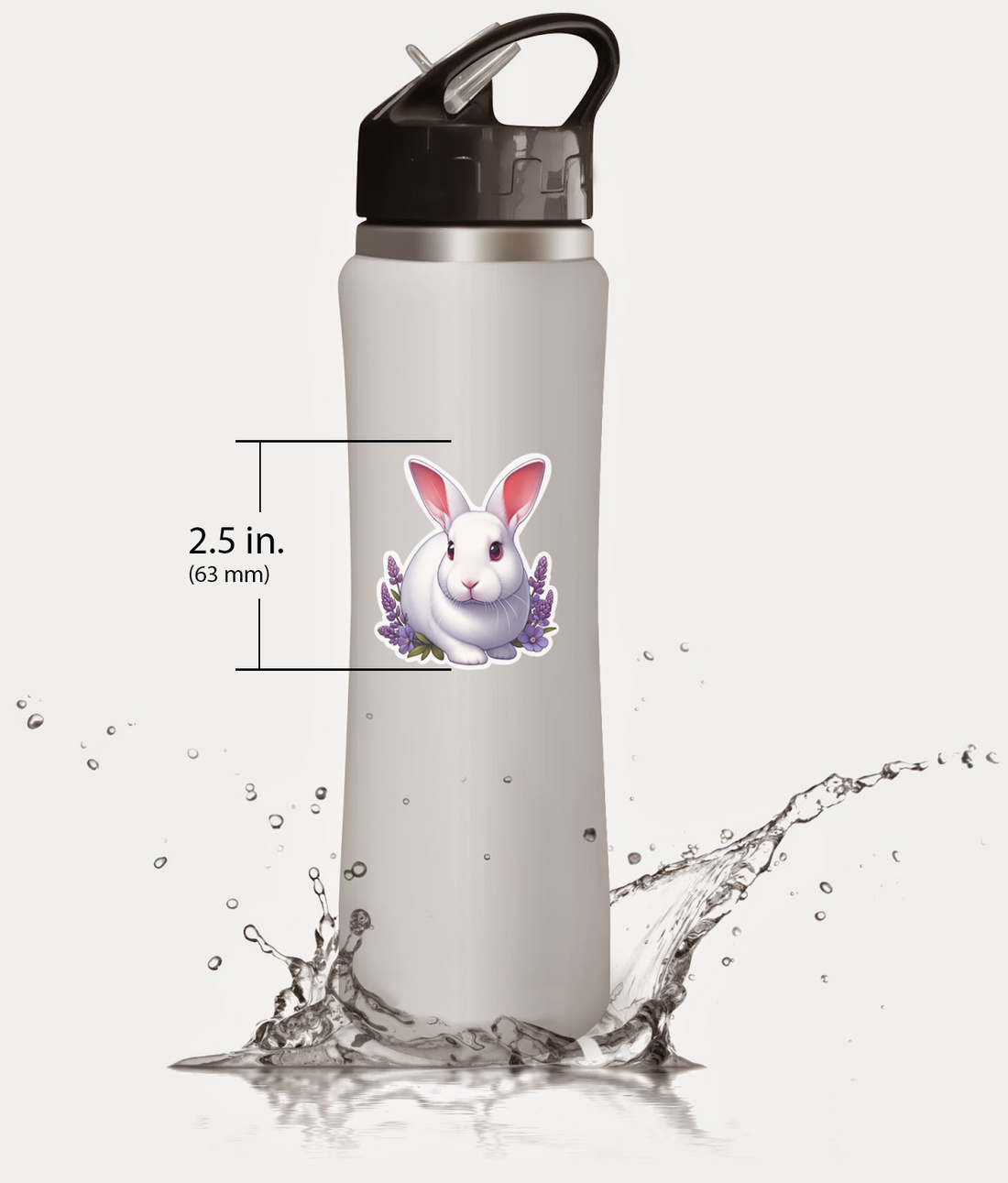
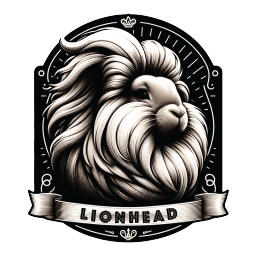

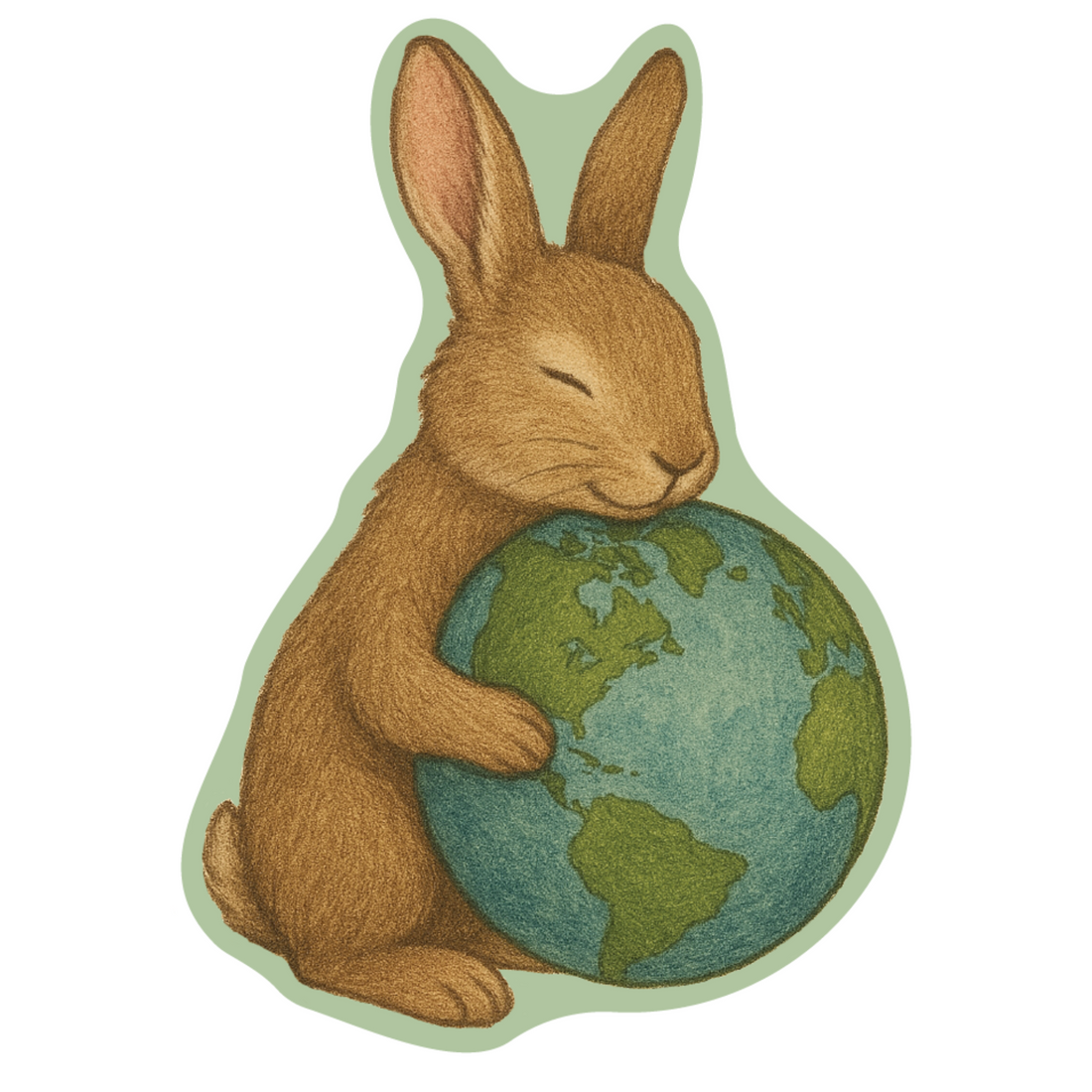
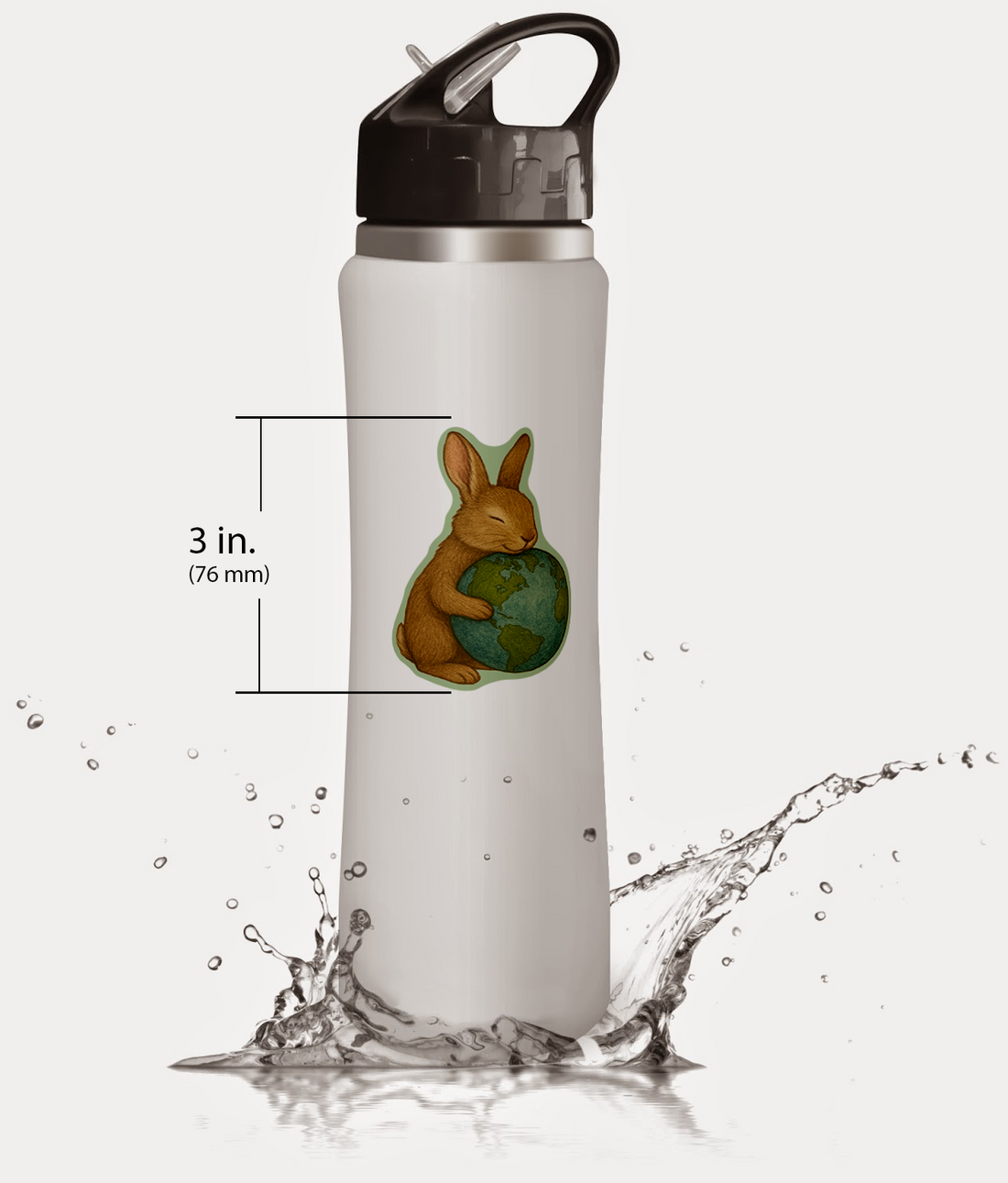
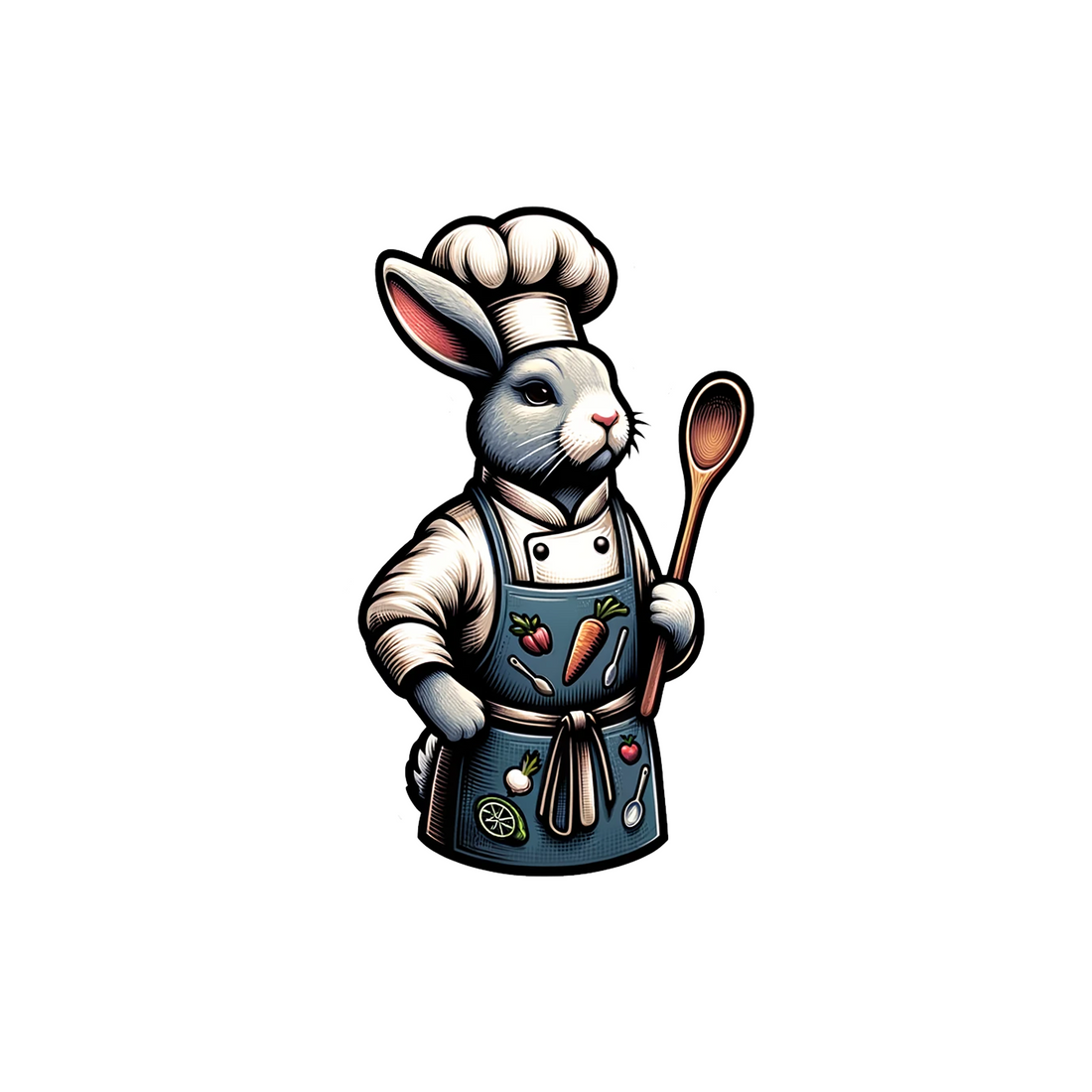
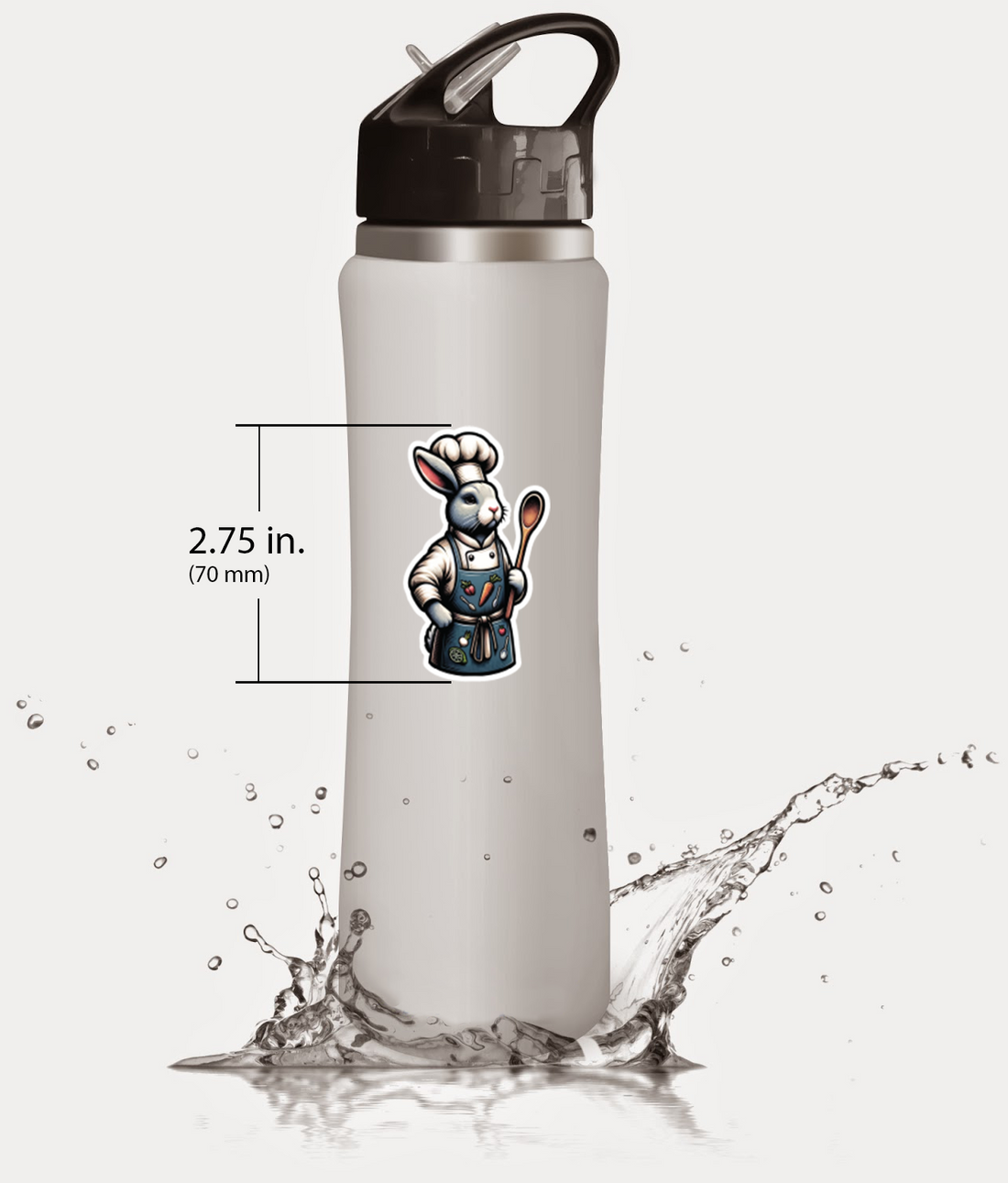
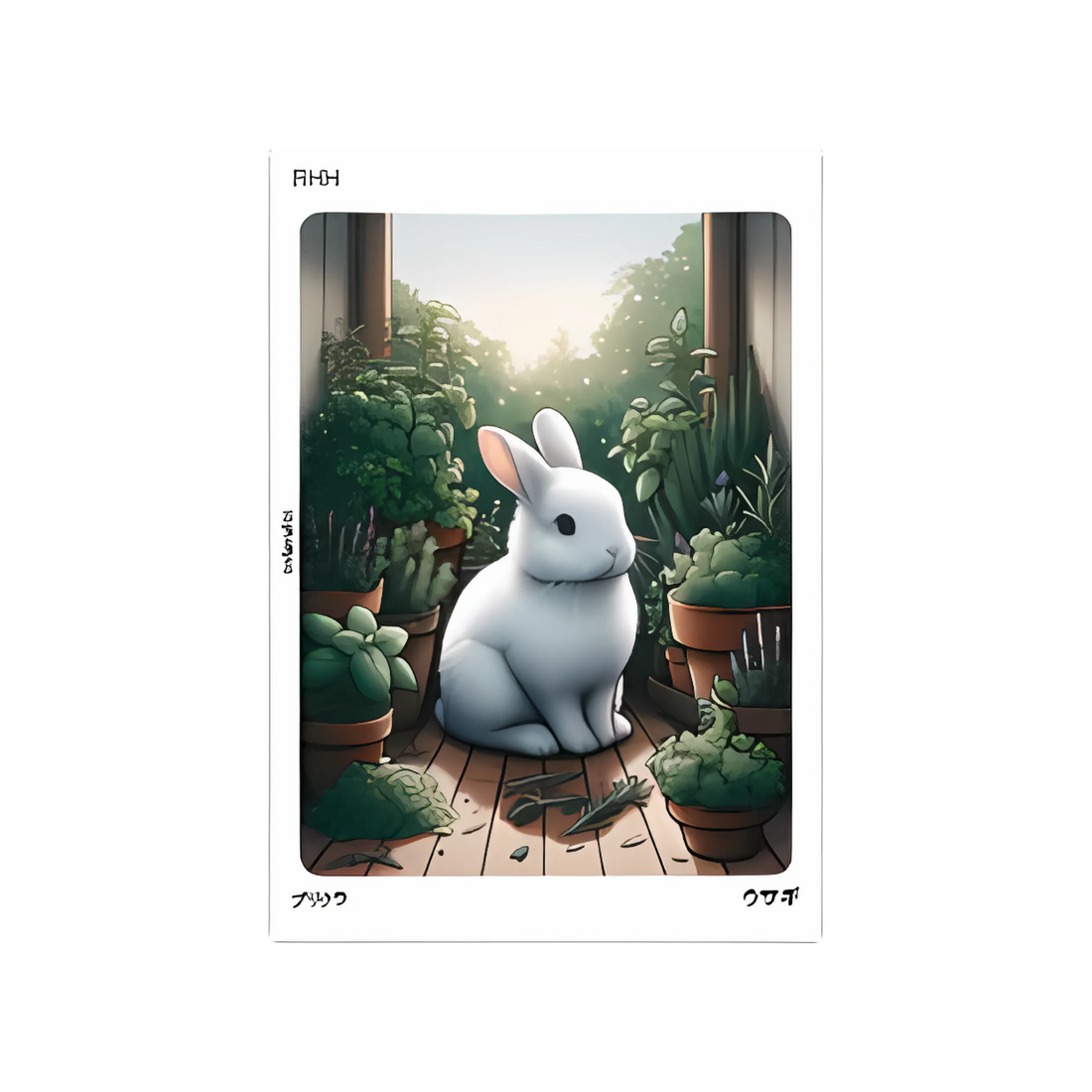

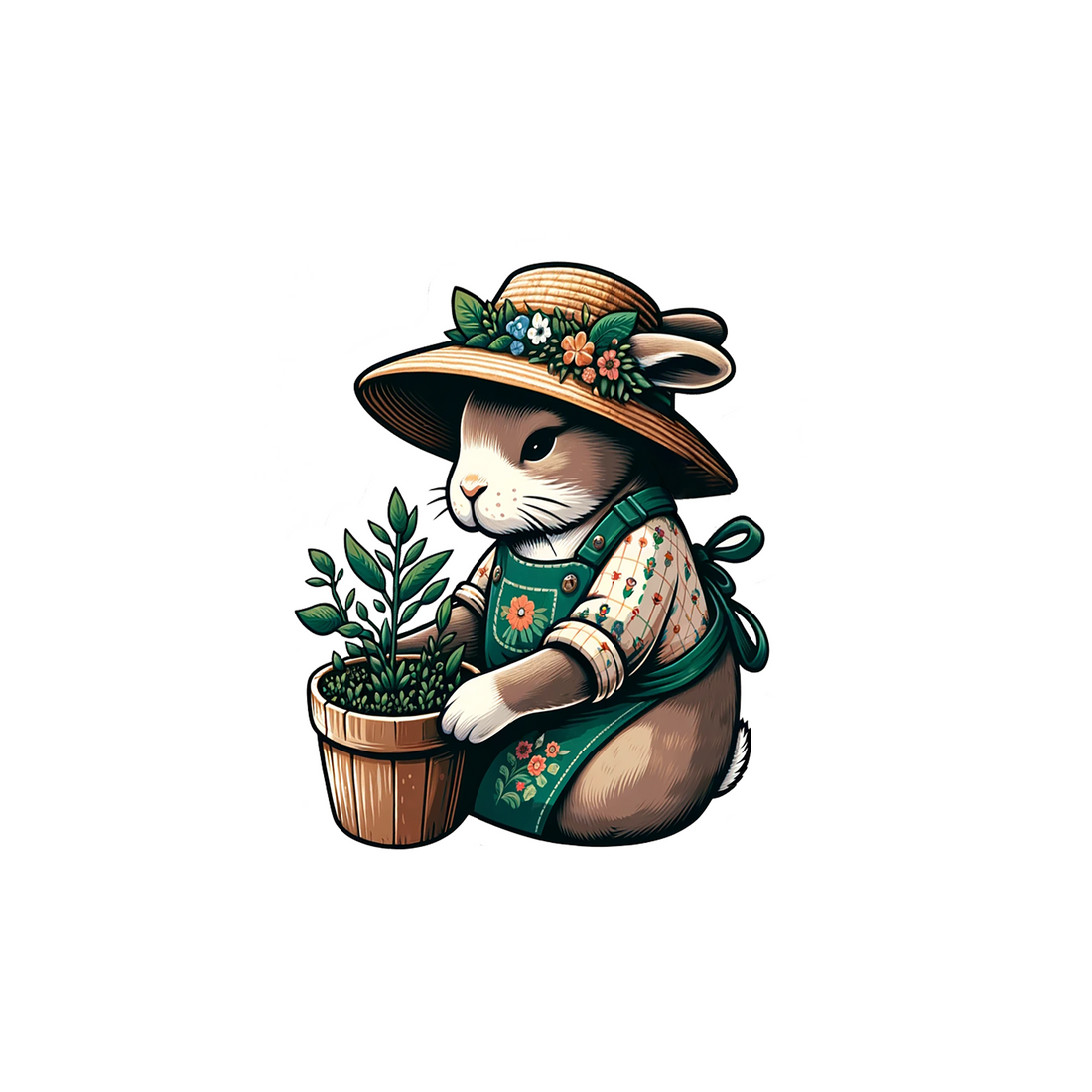
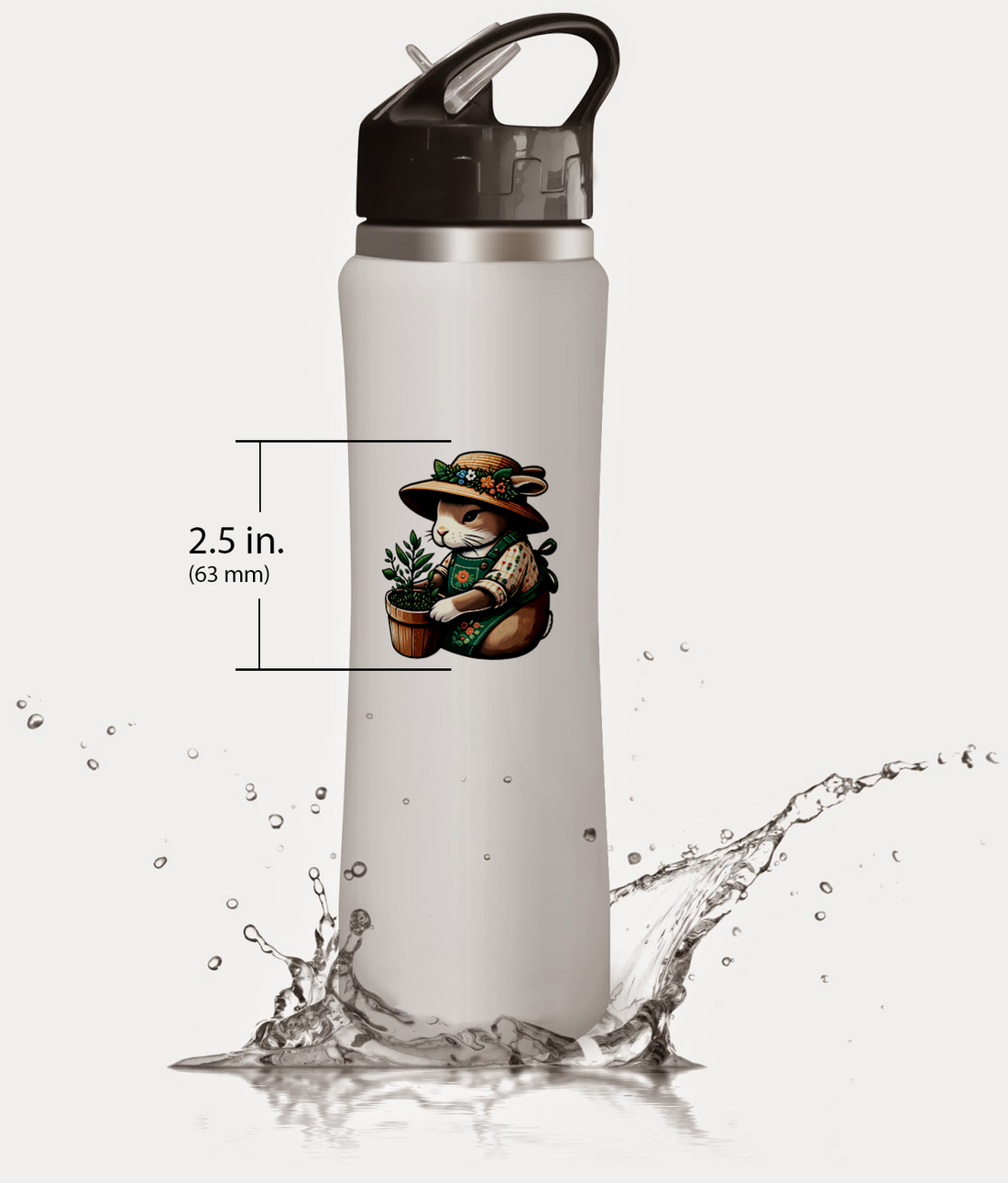
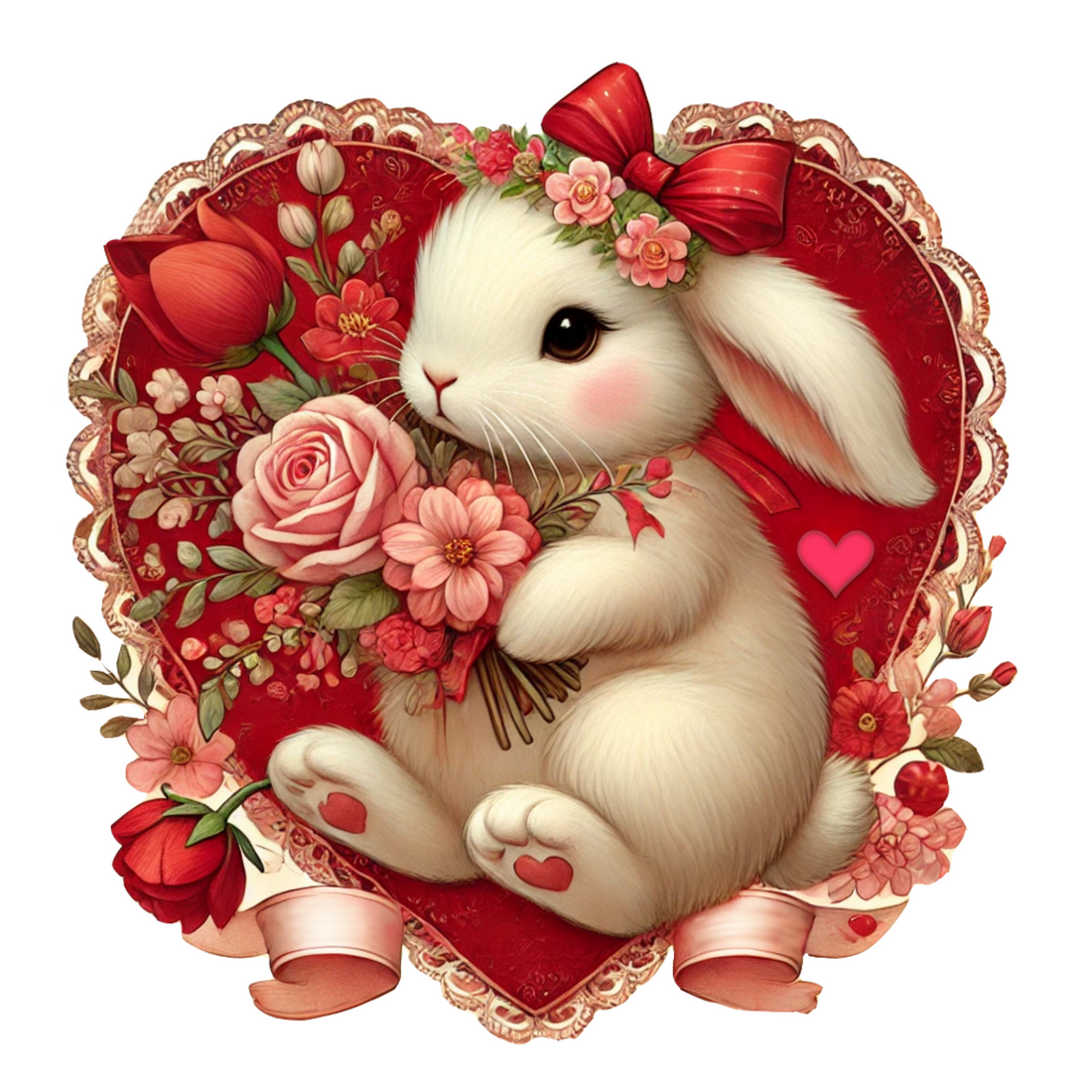

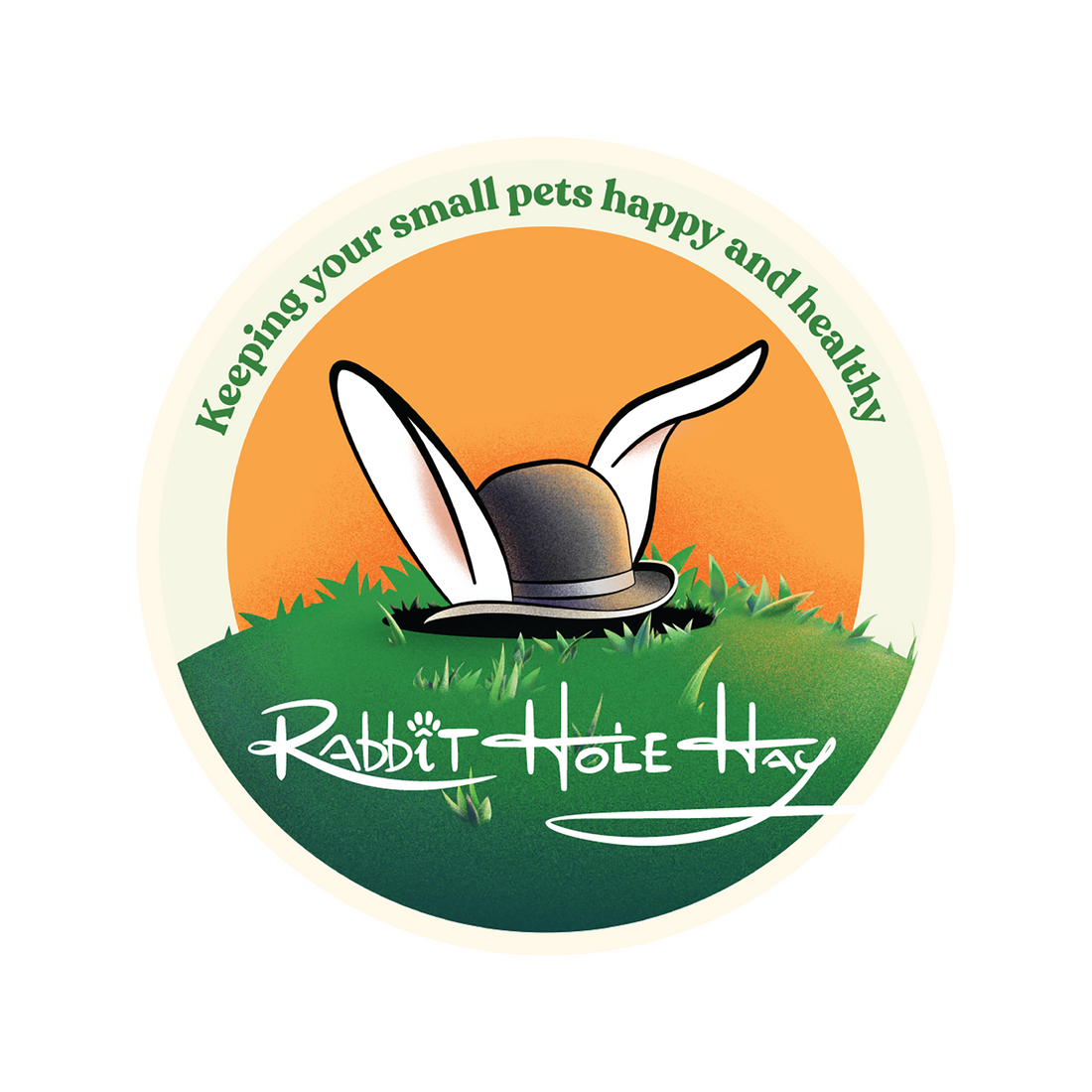
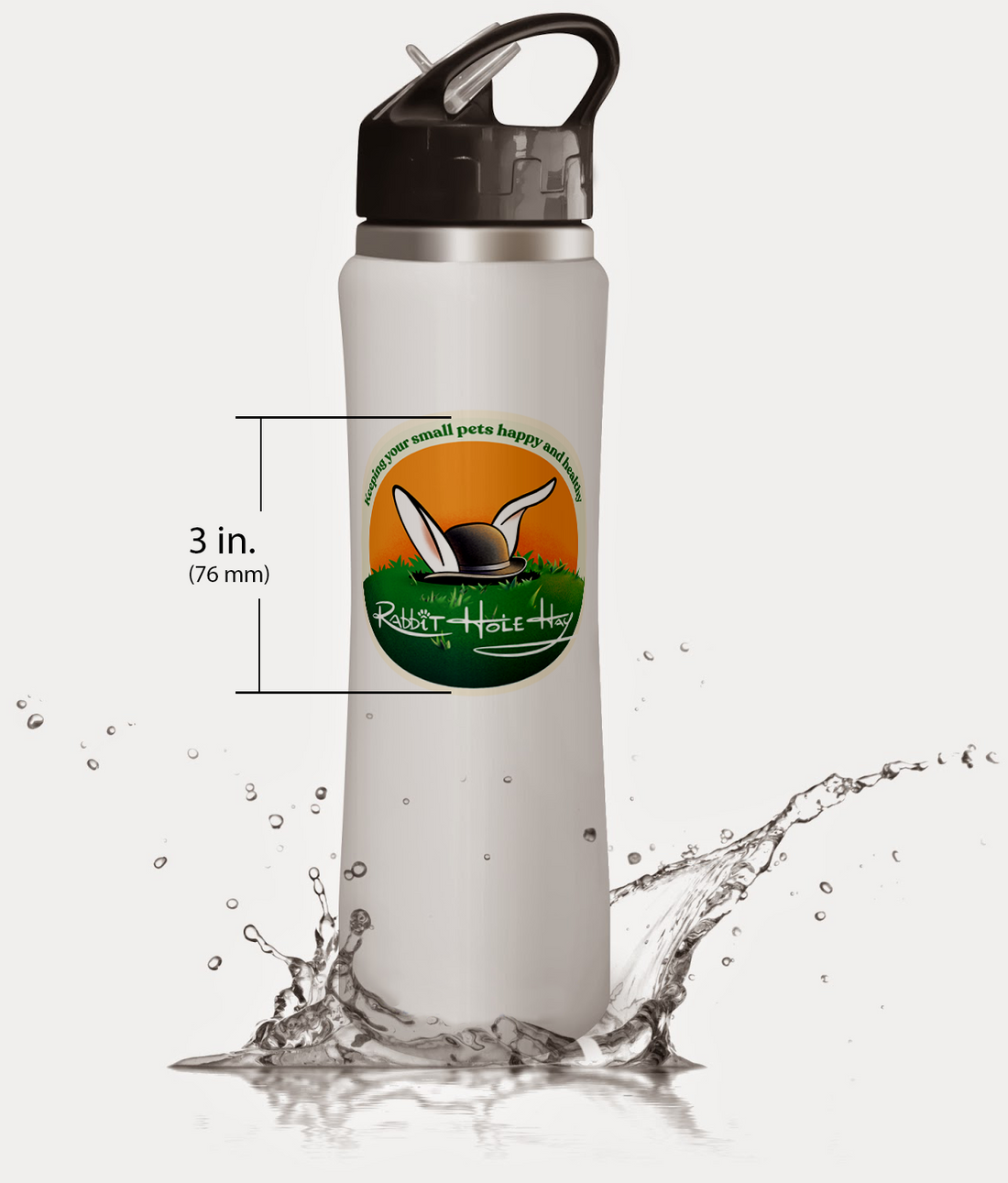
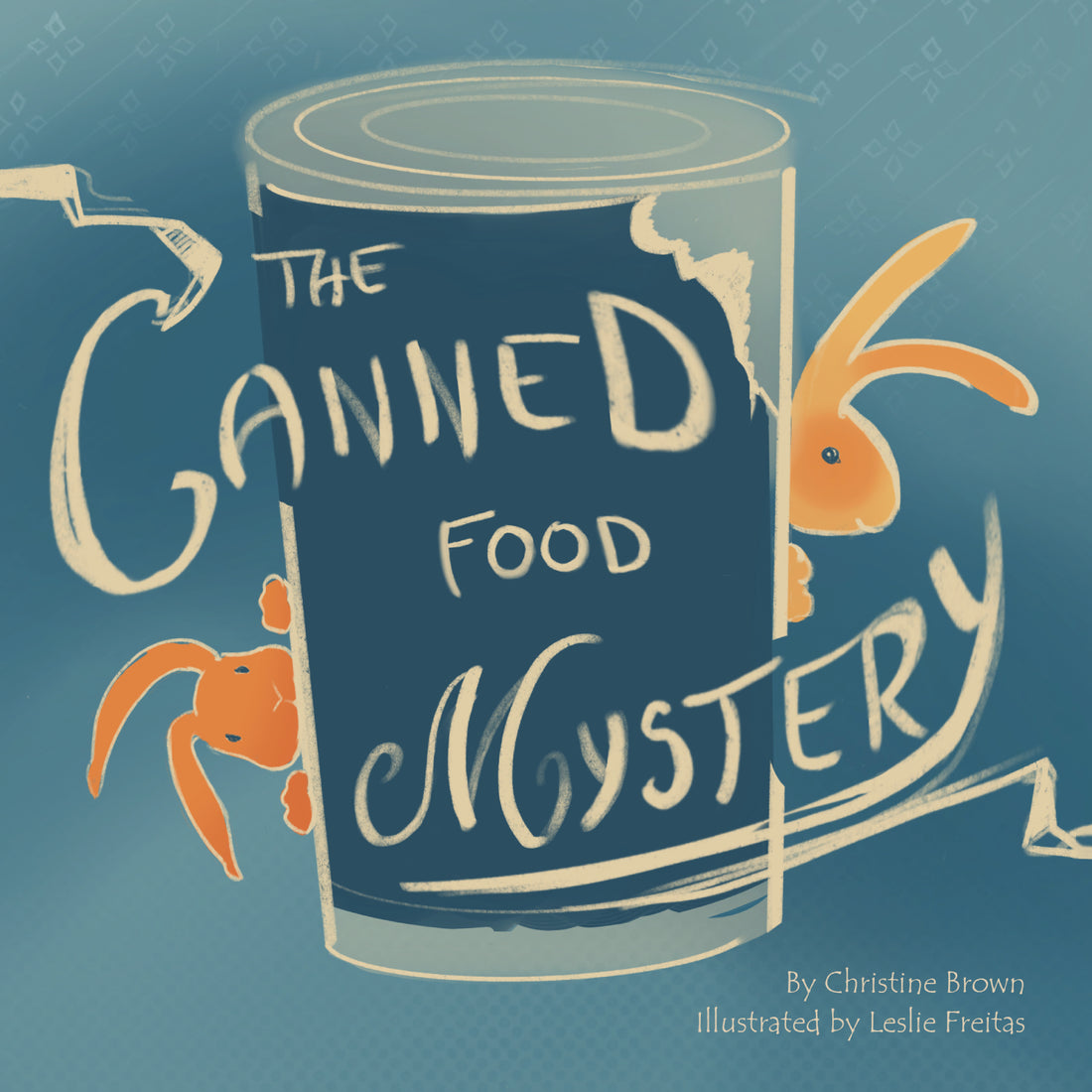
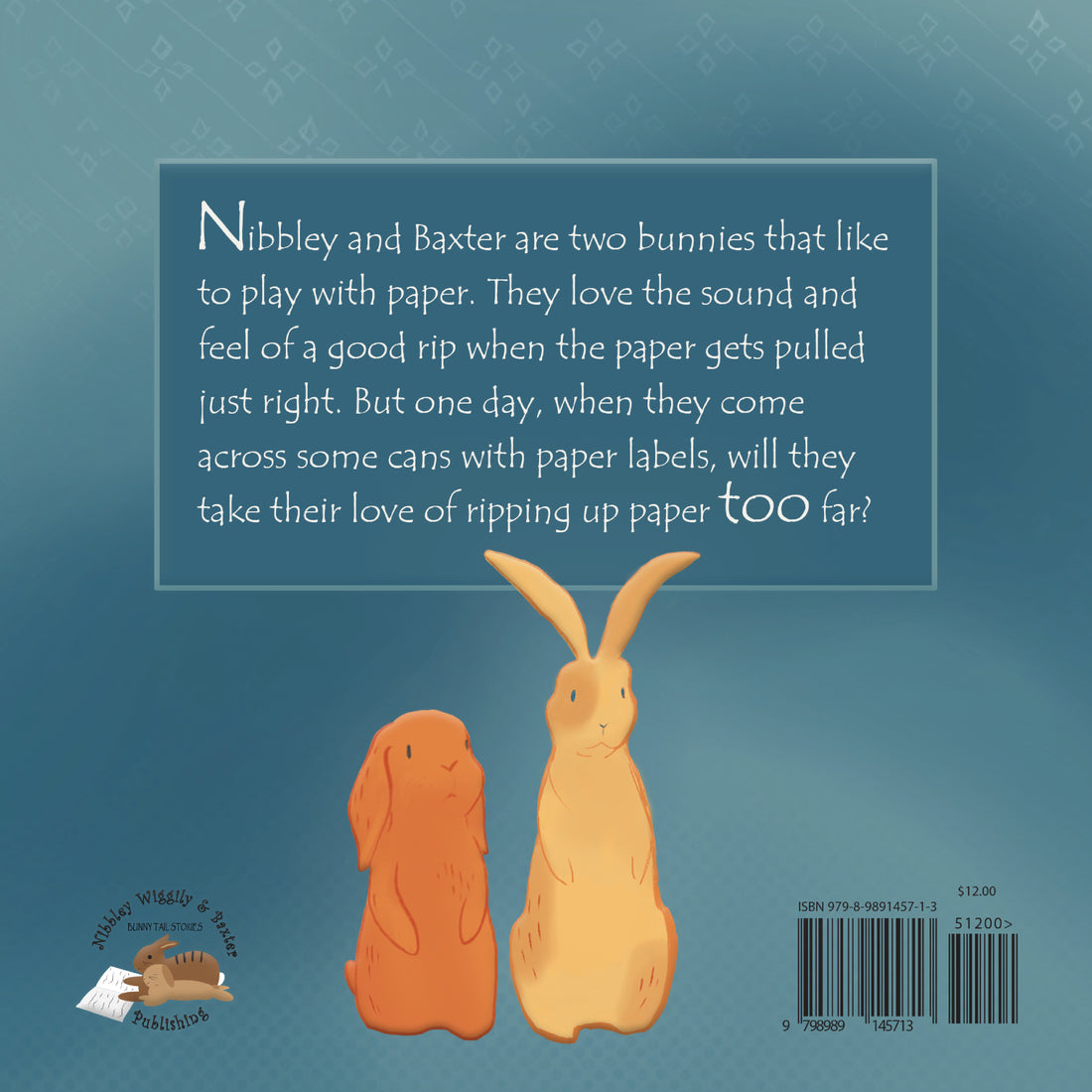



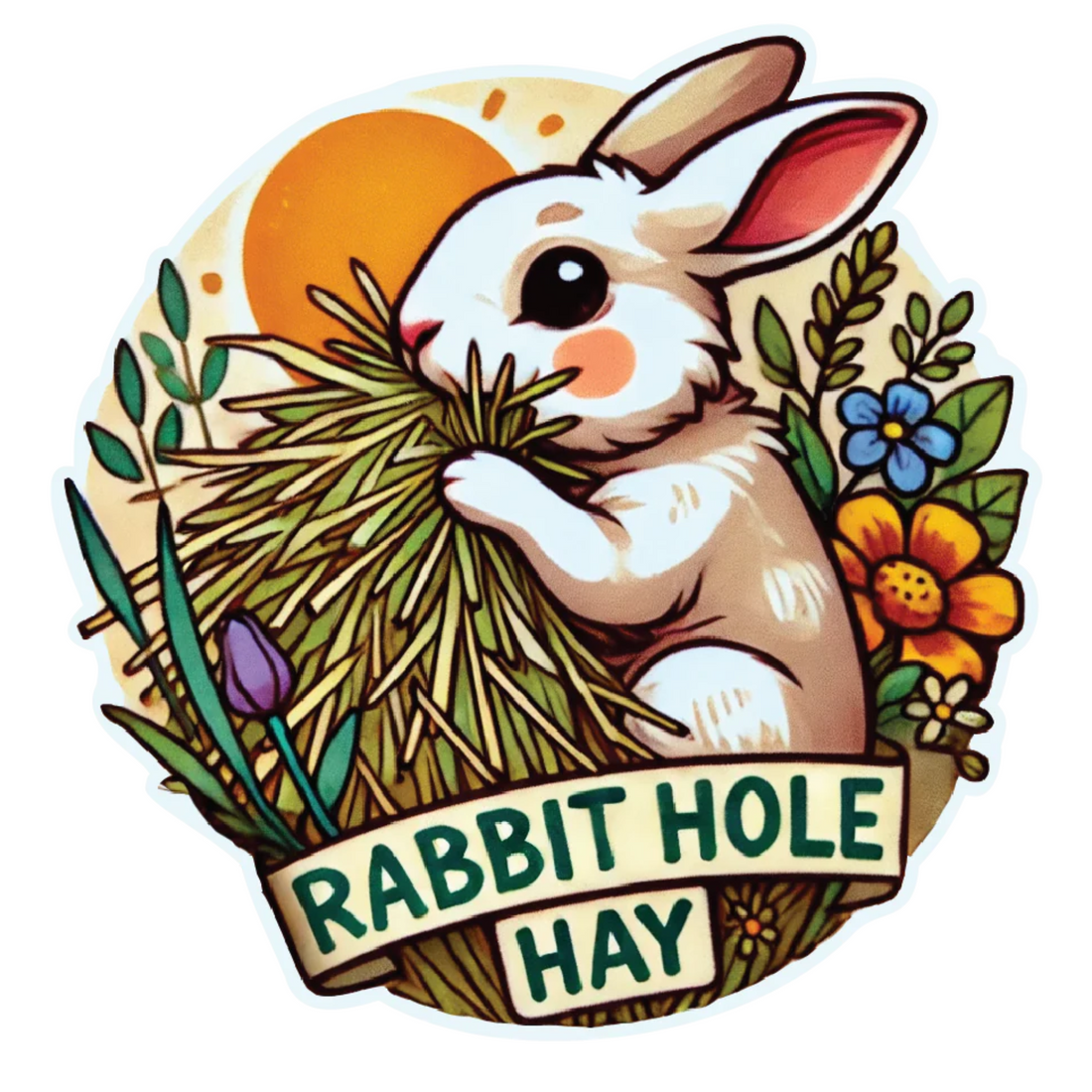
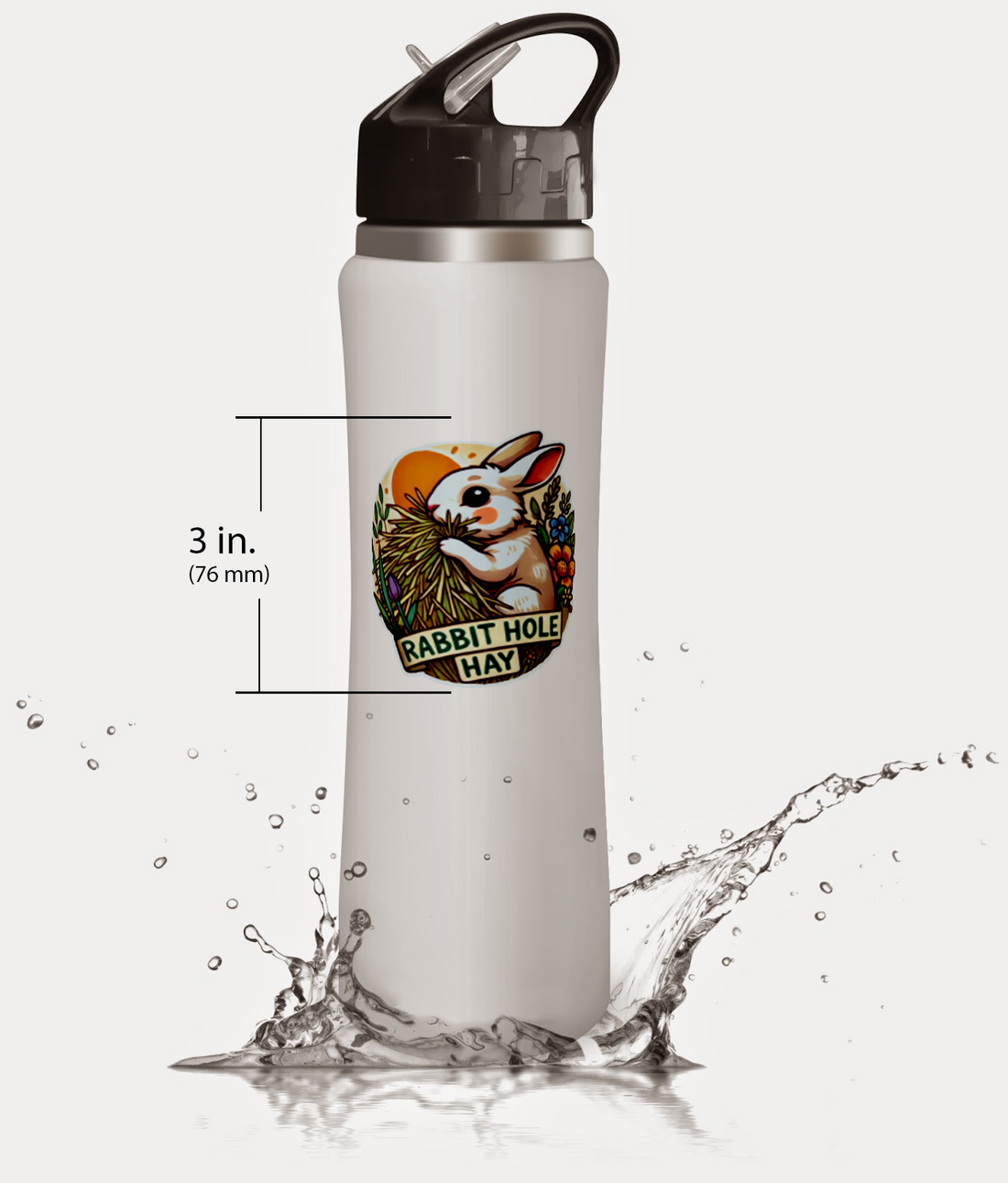
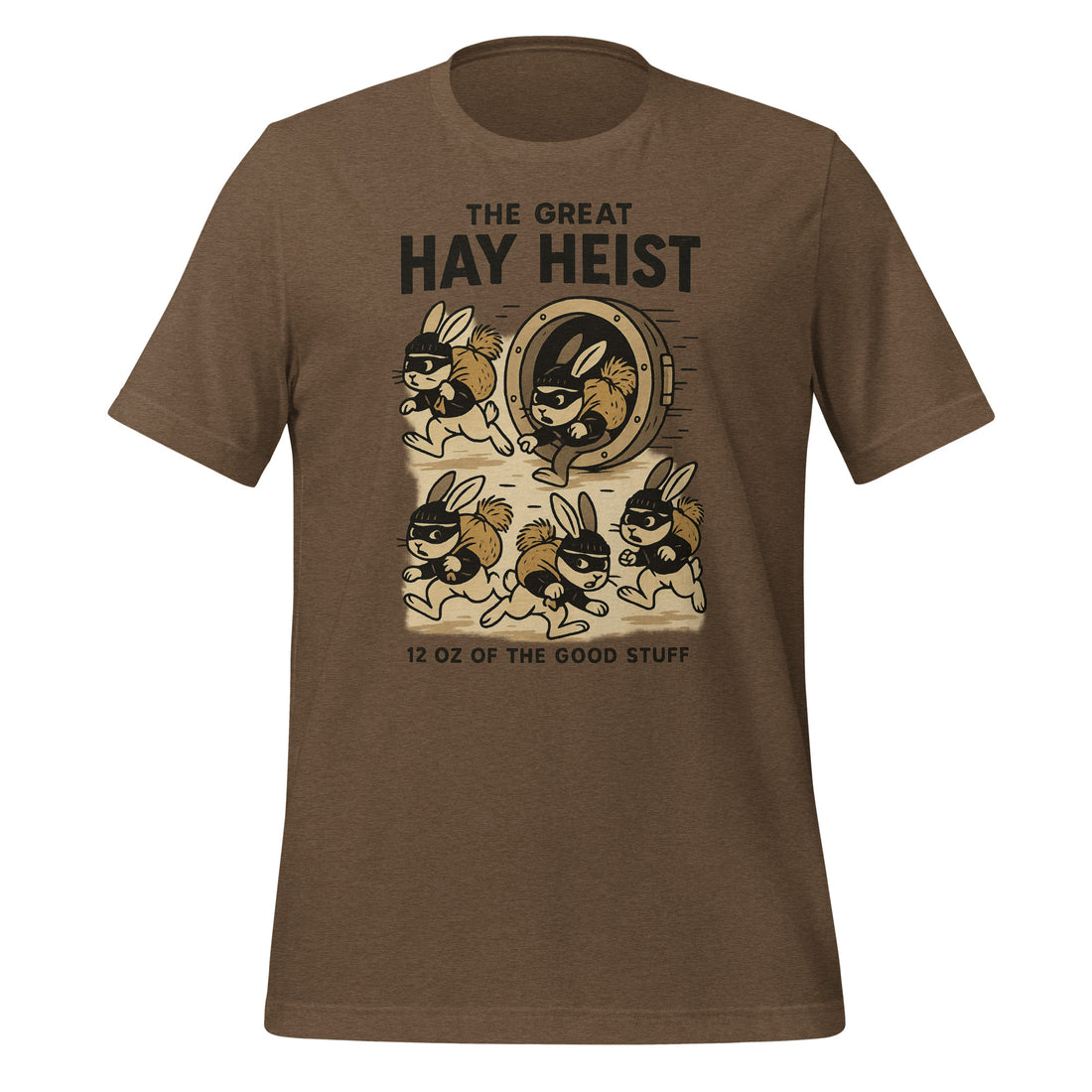

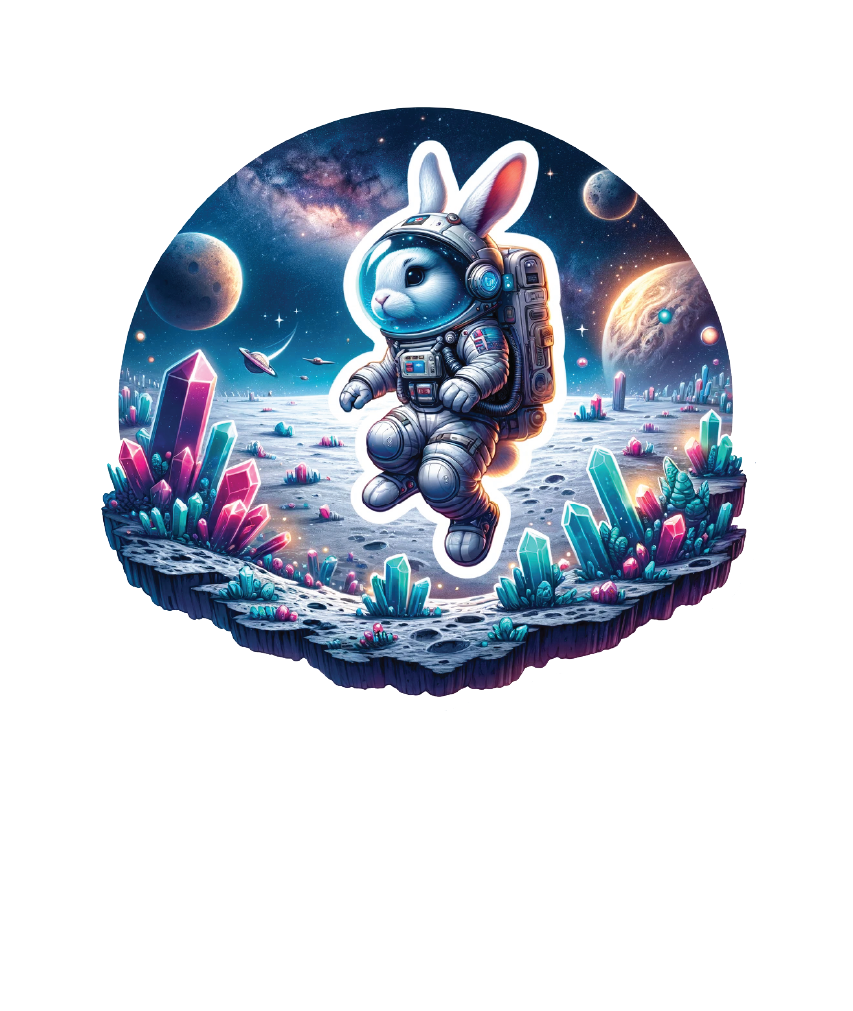
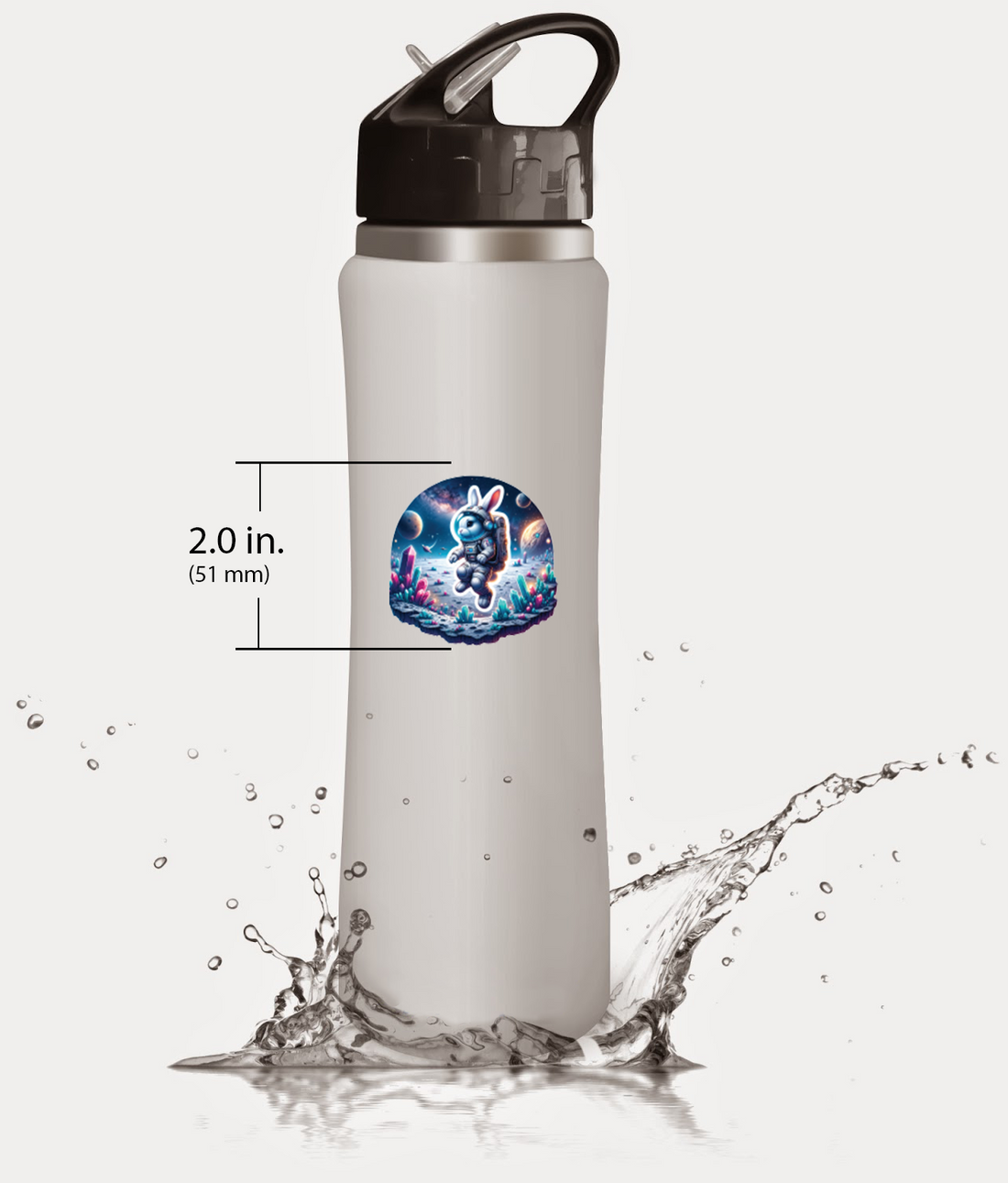








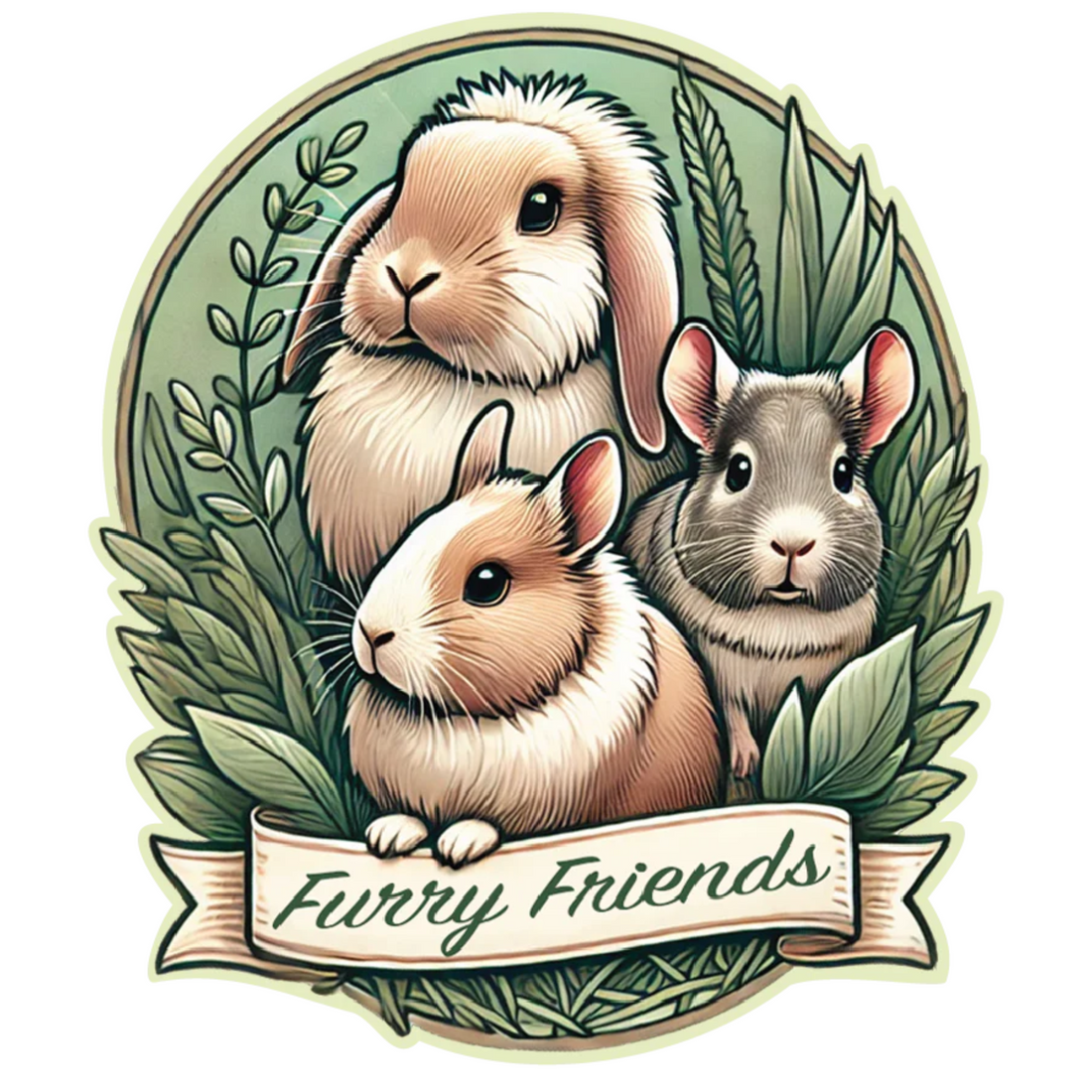
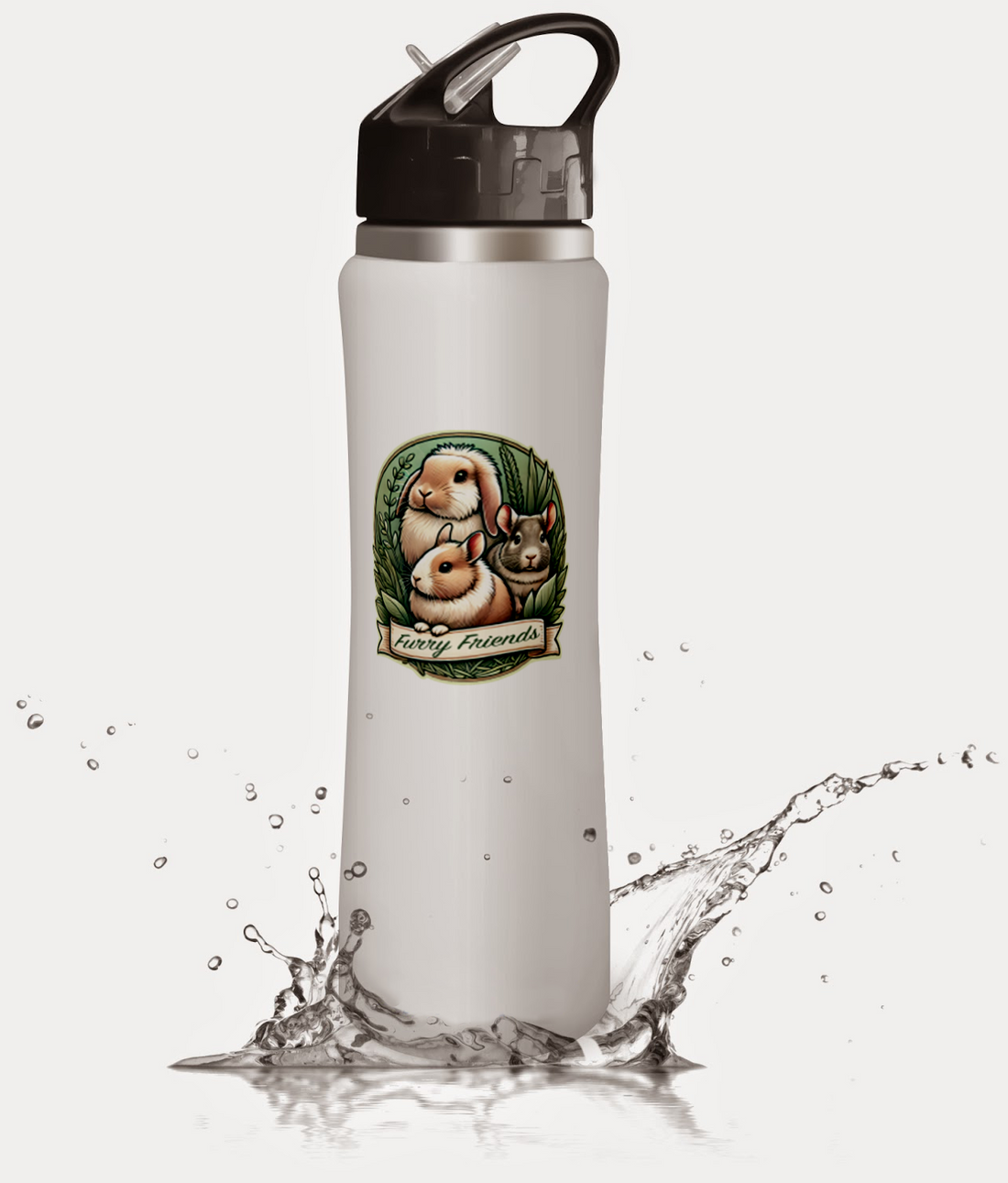


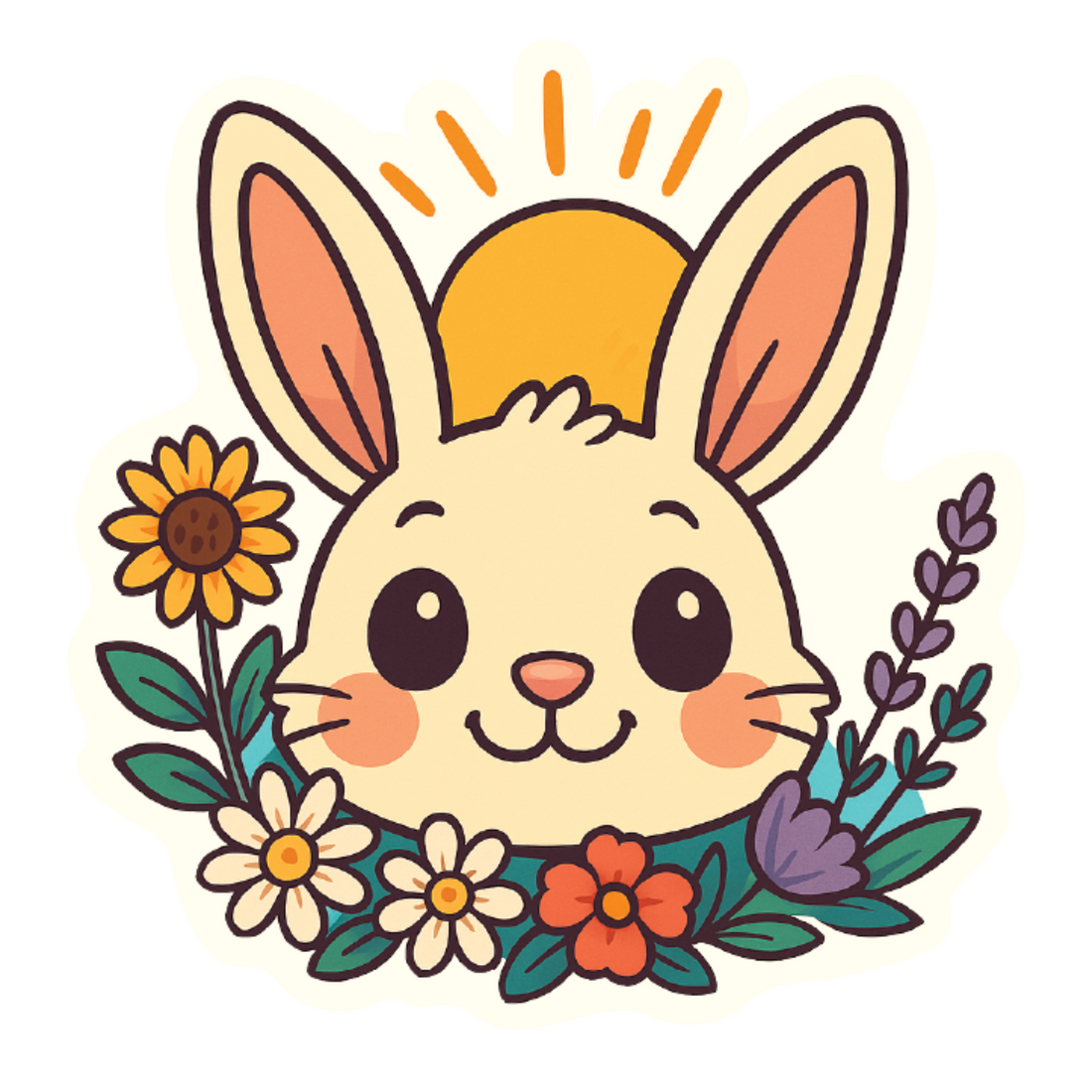
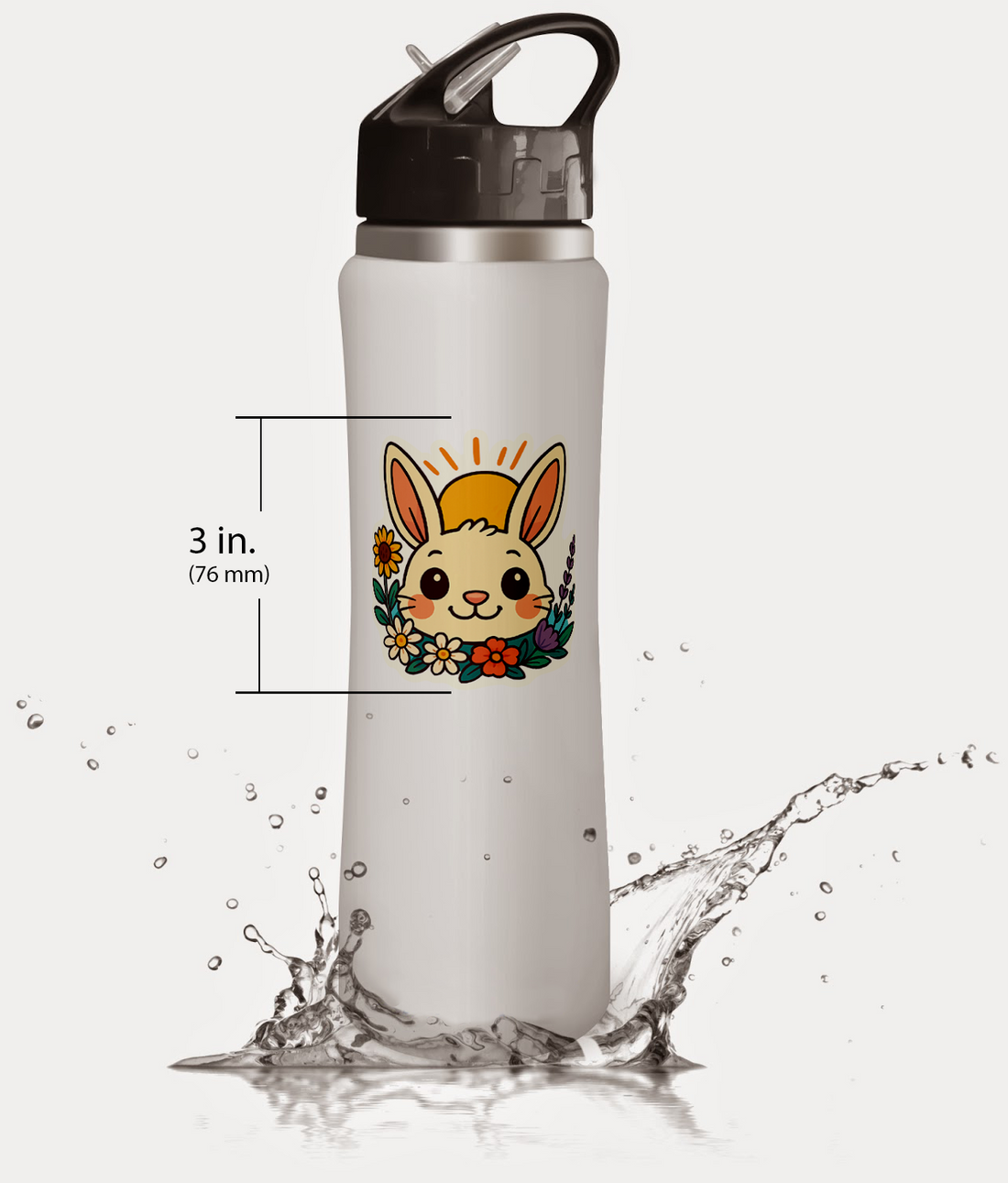




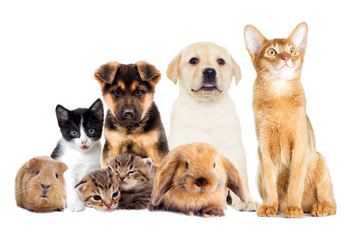


Comments